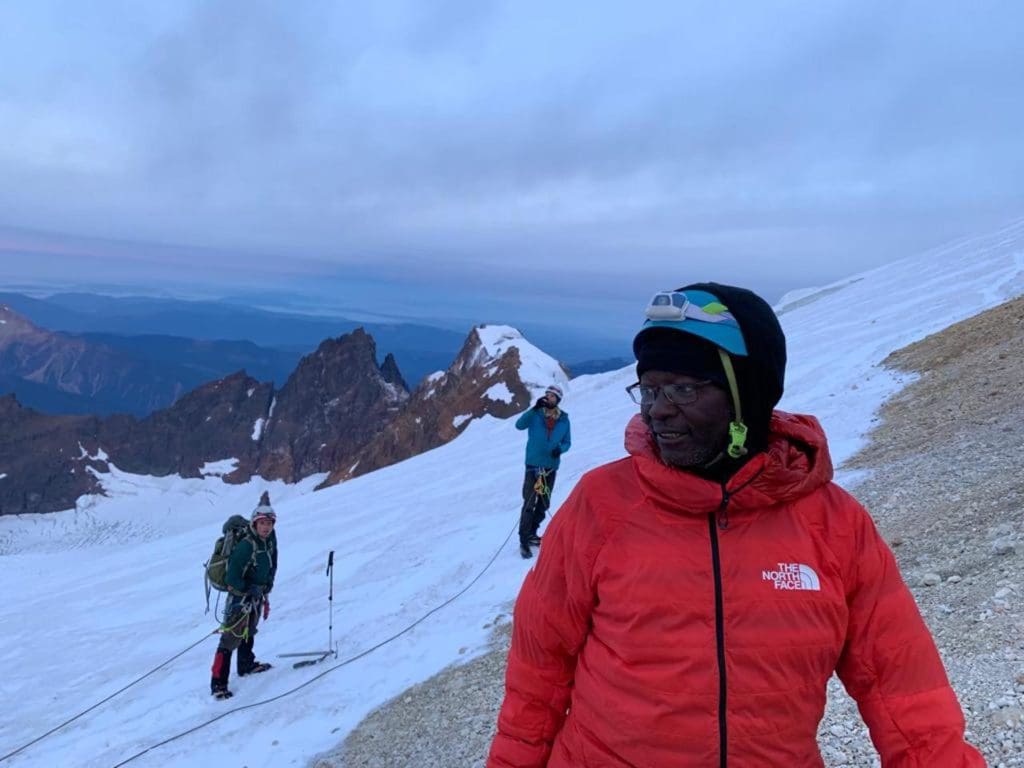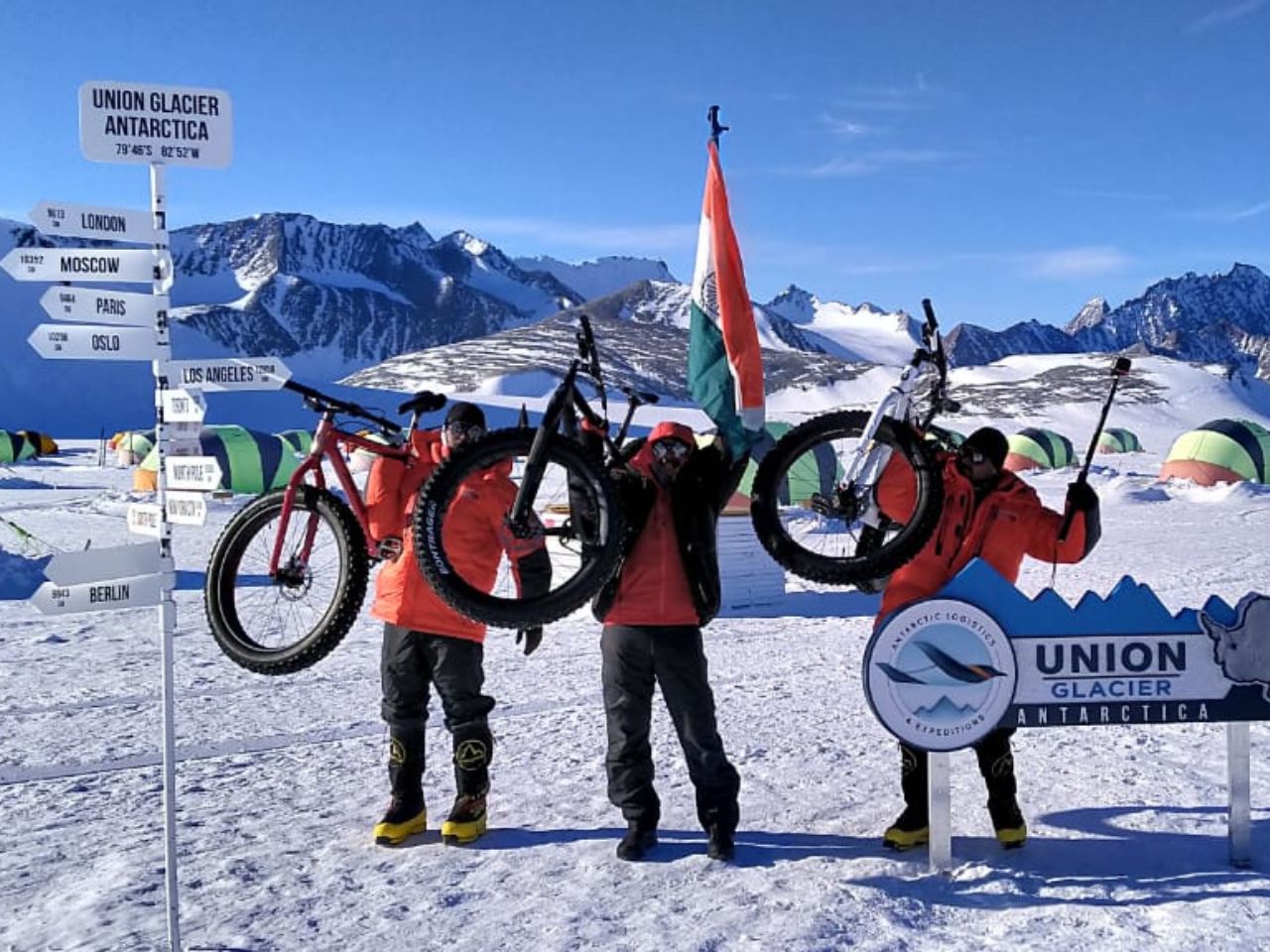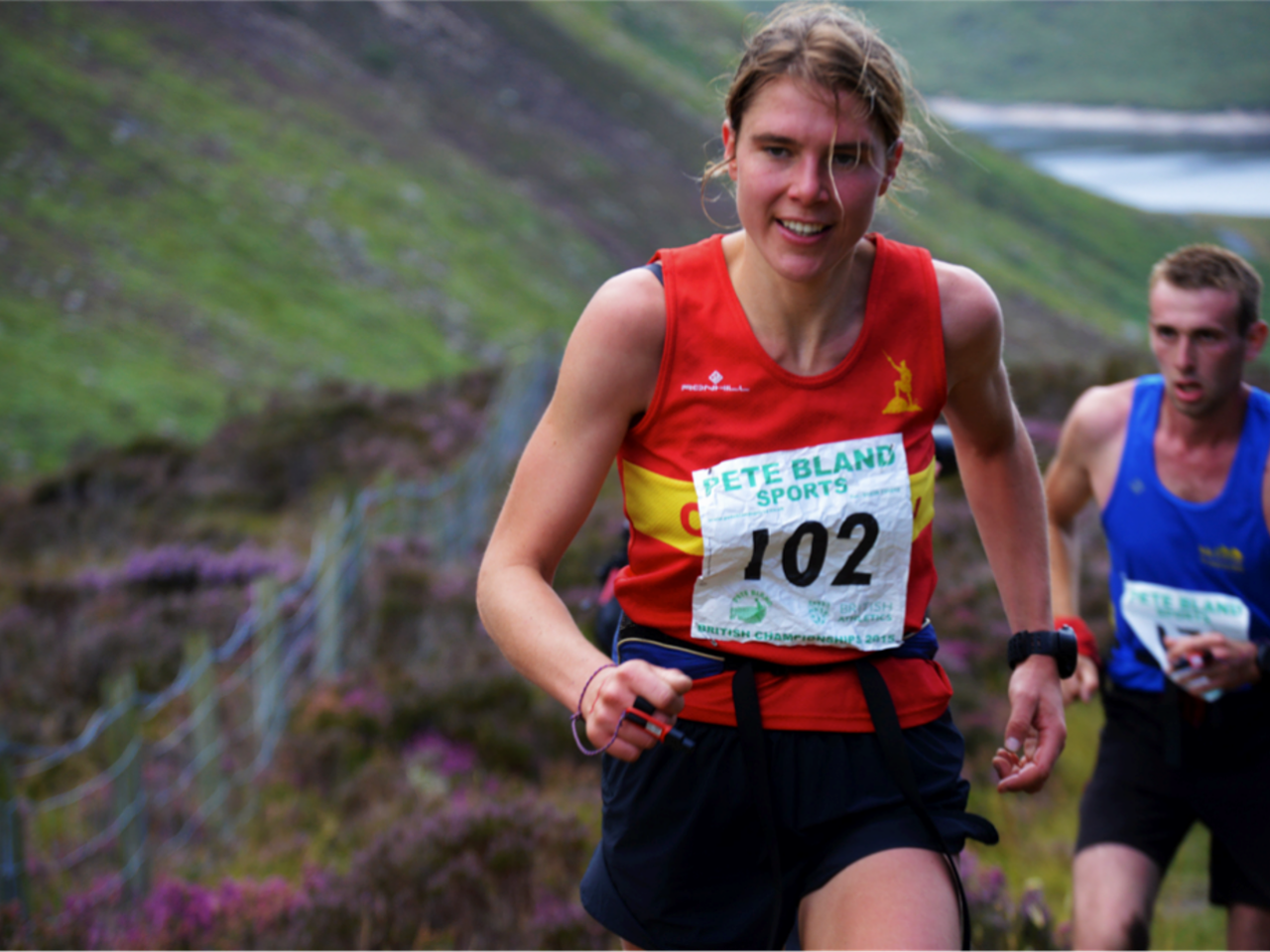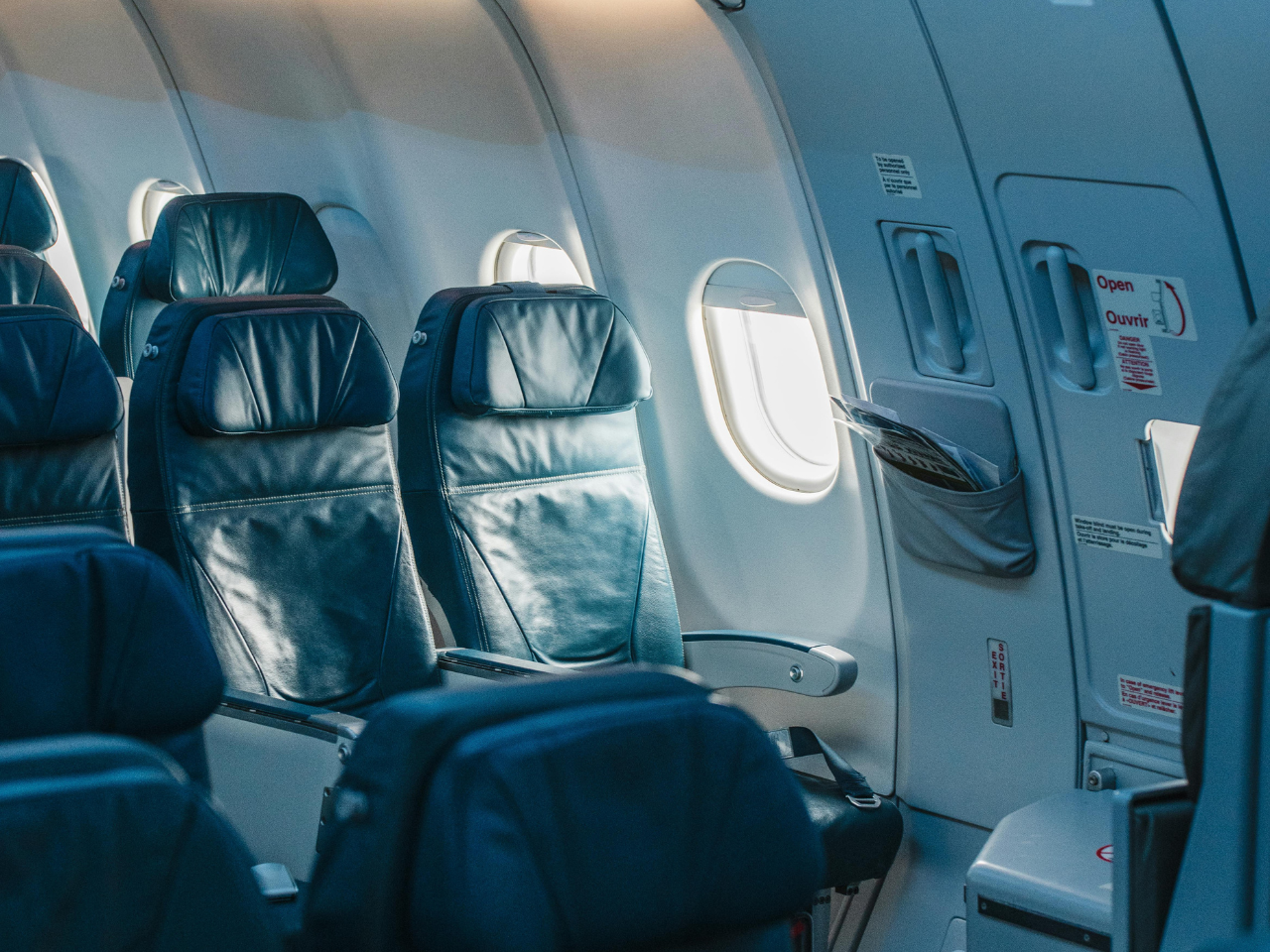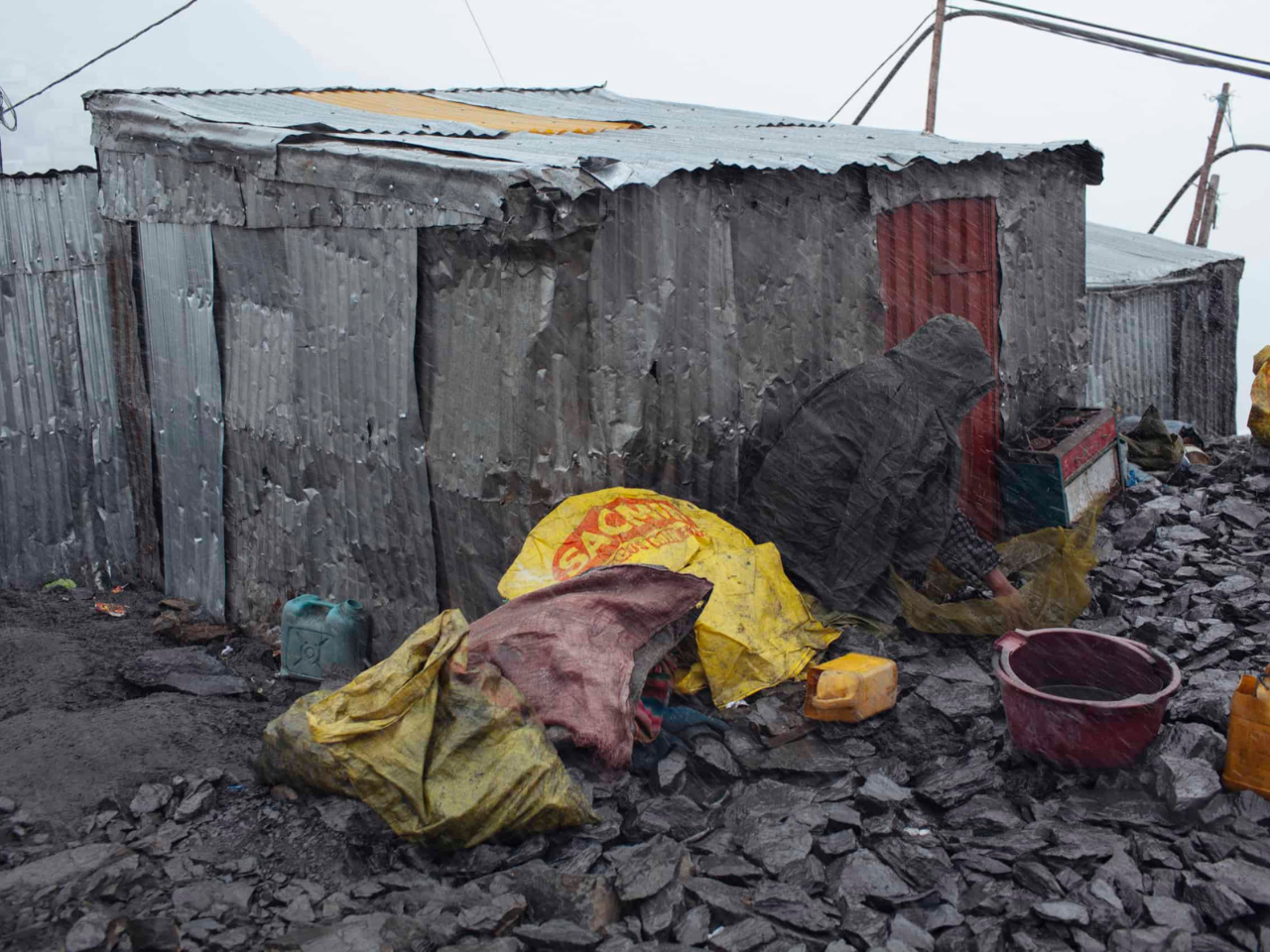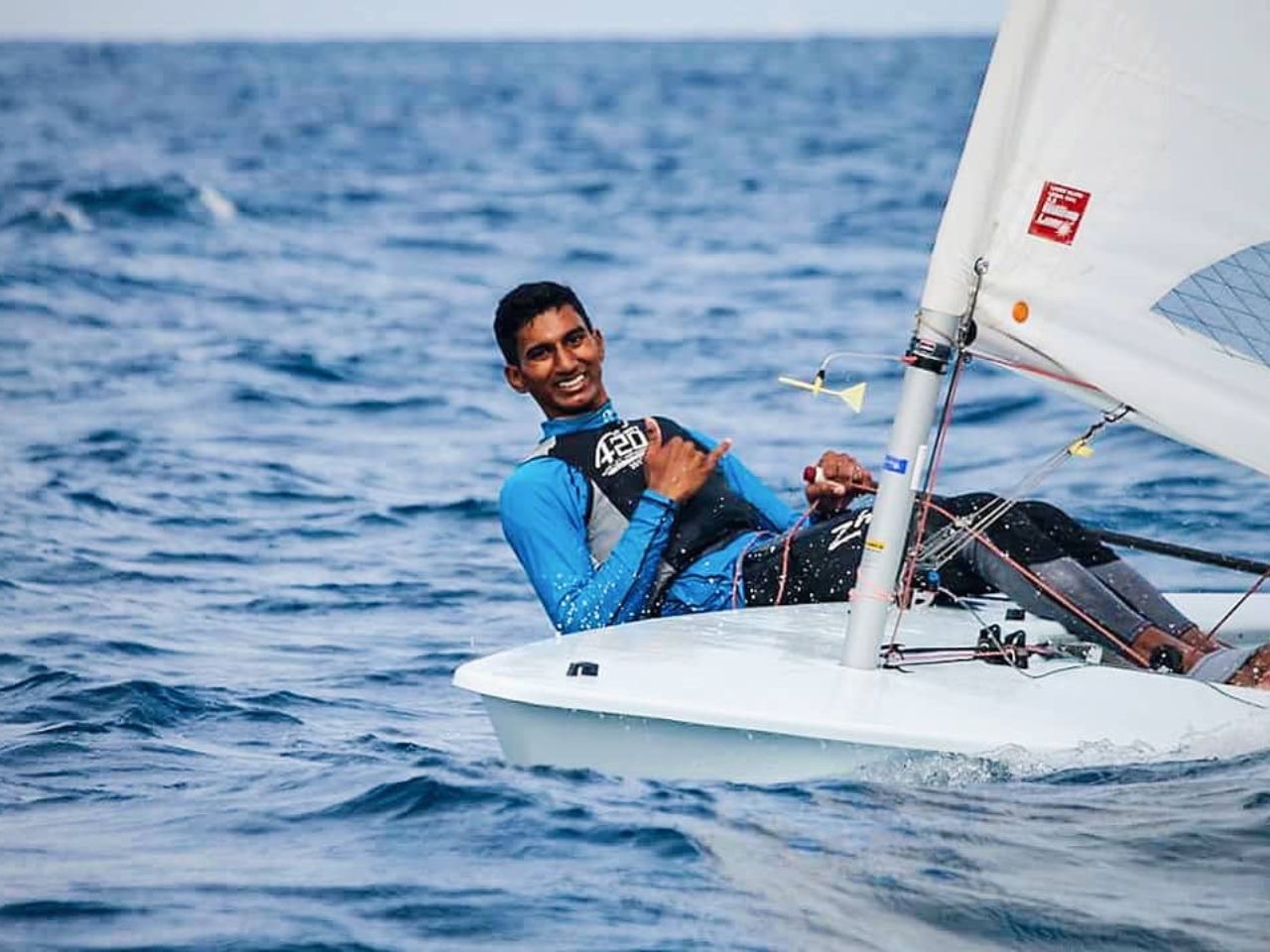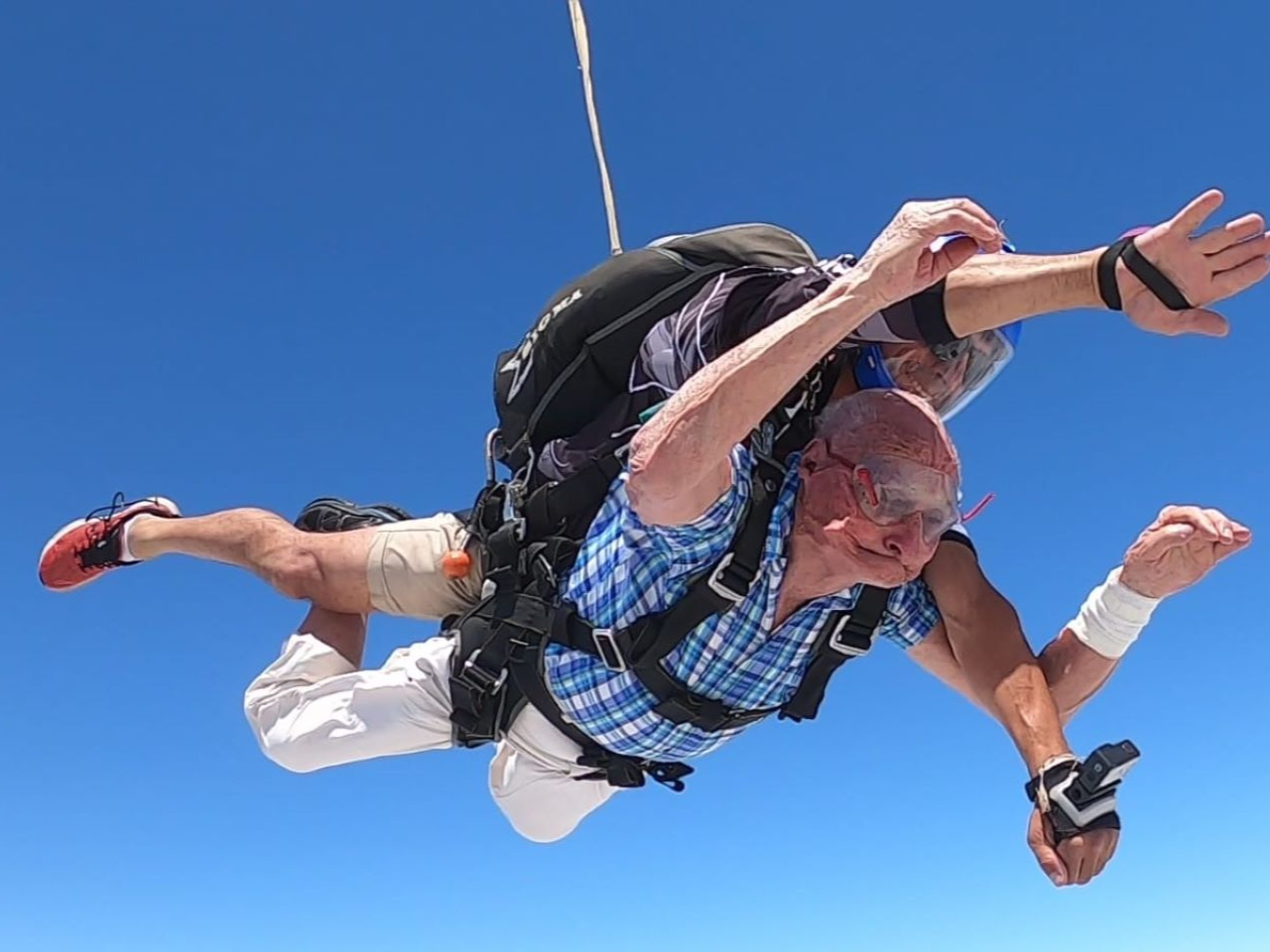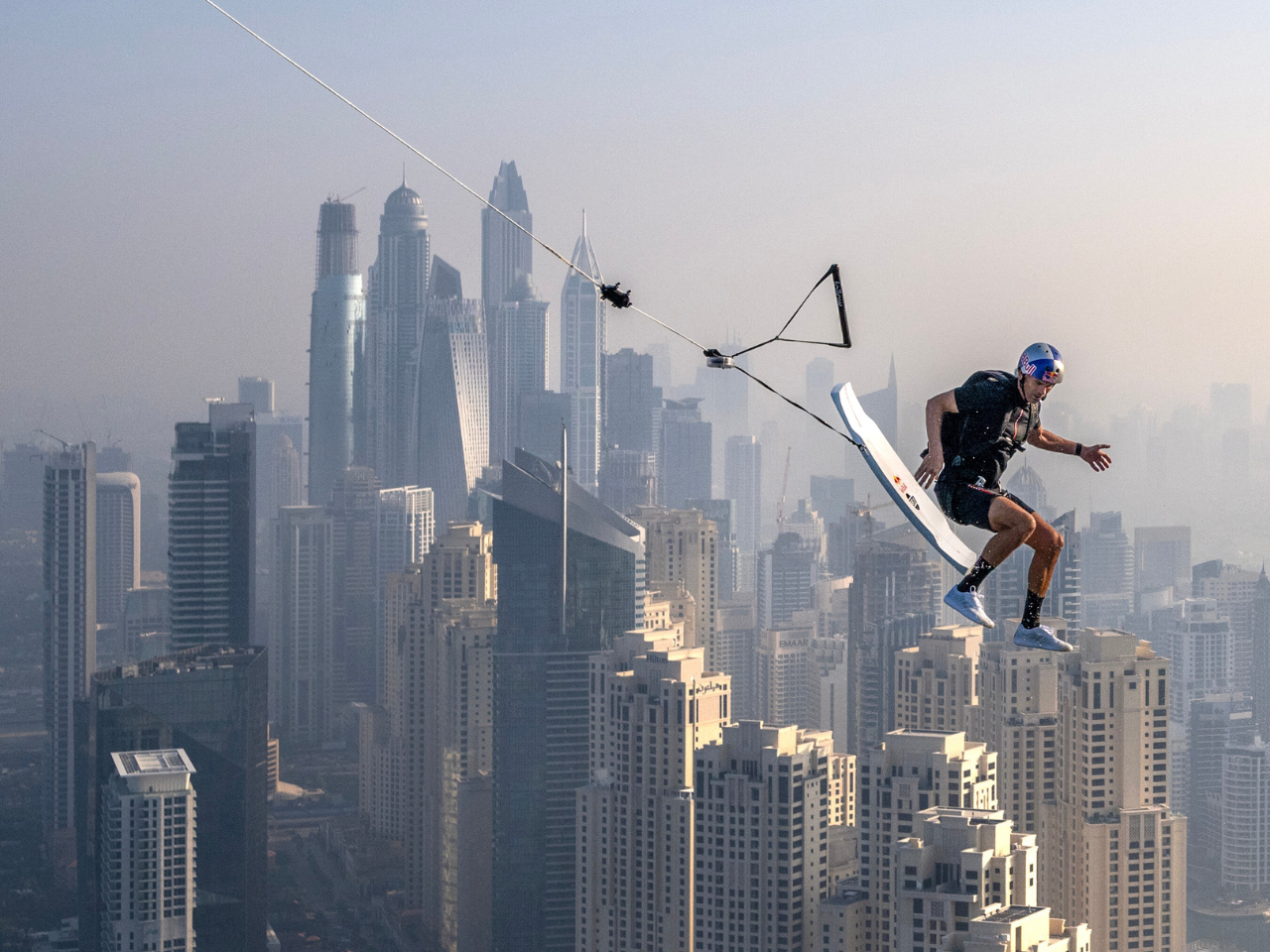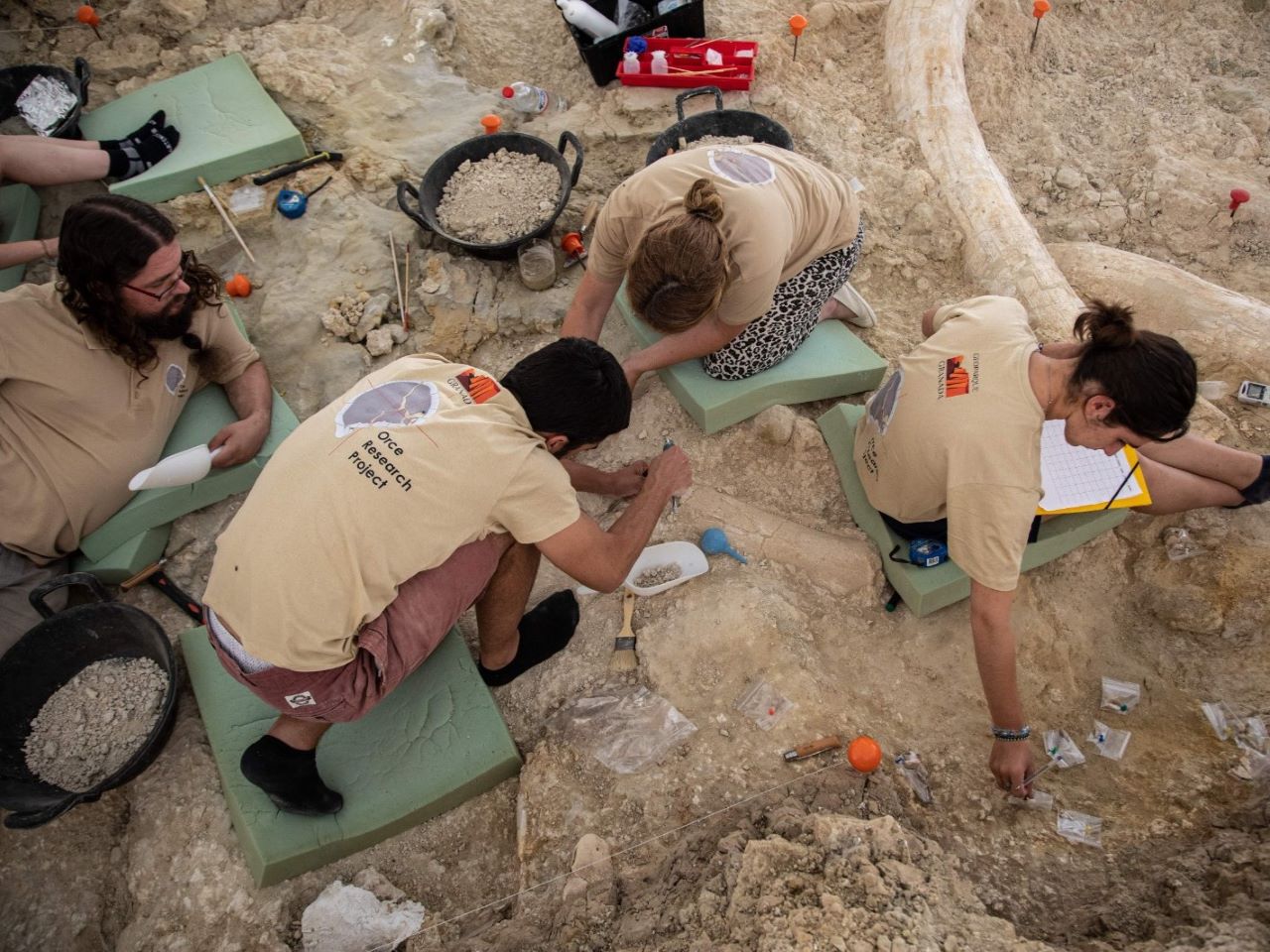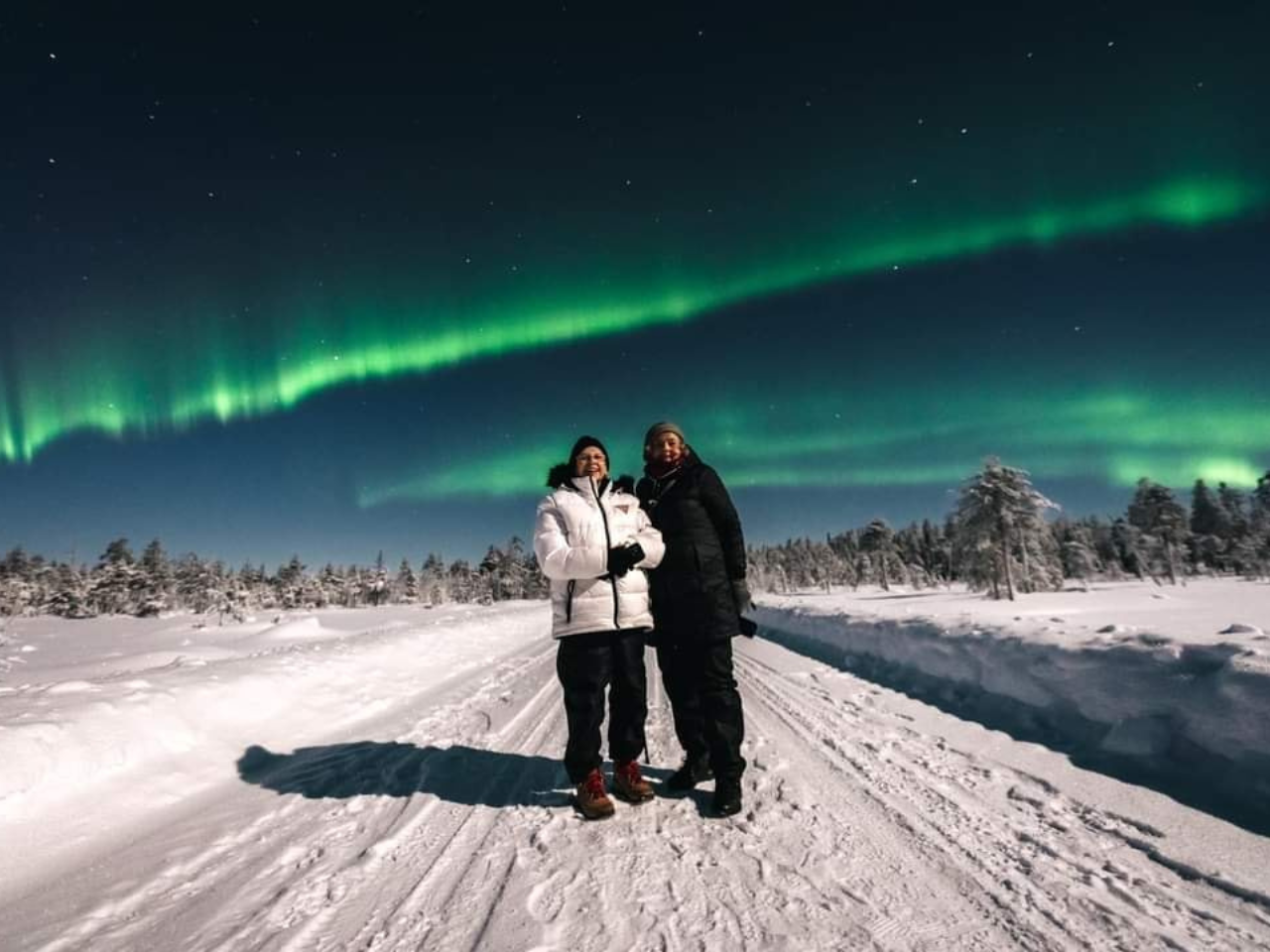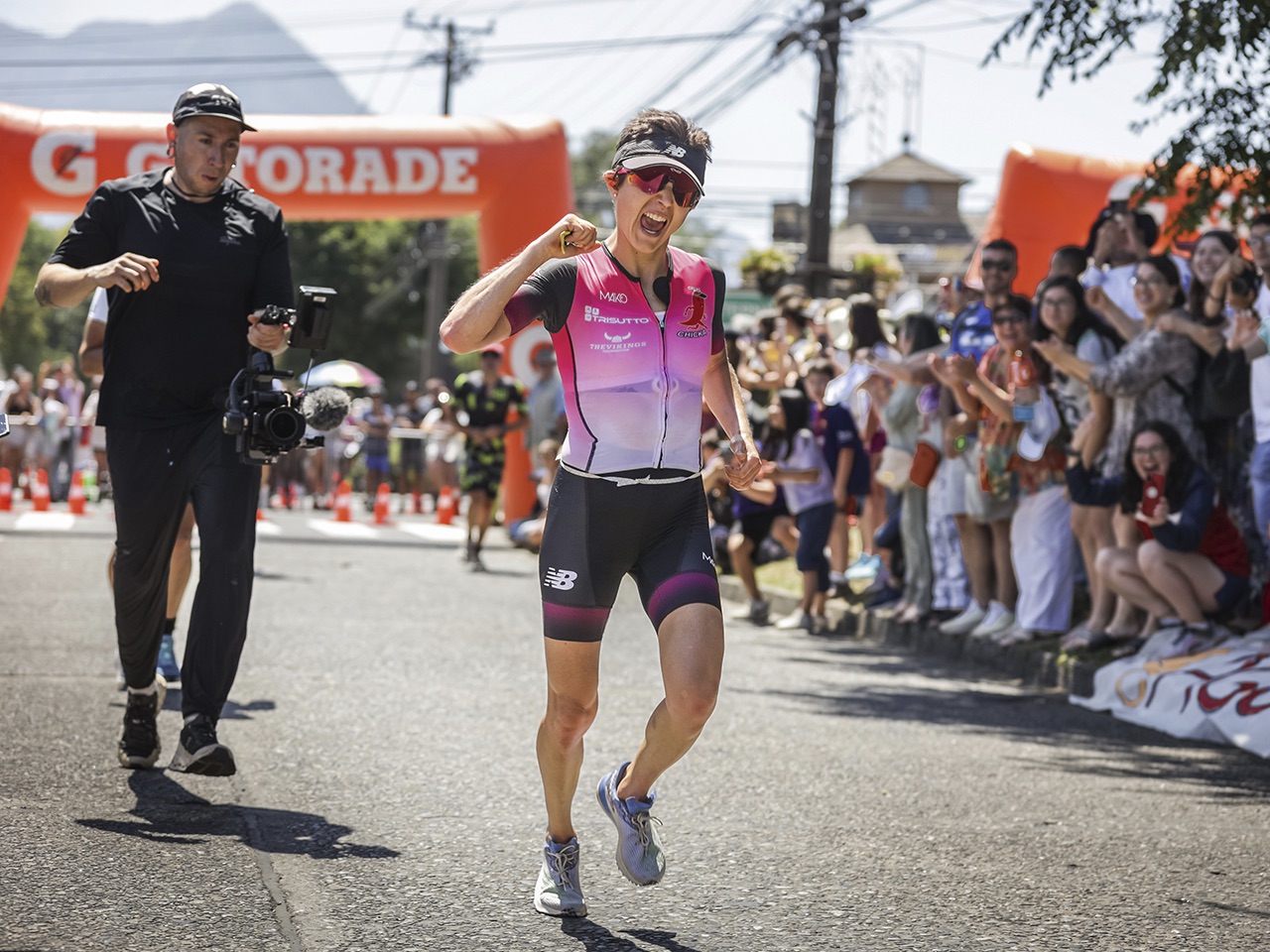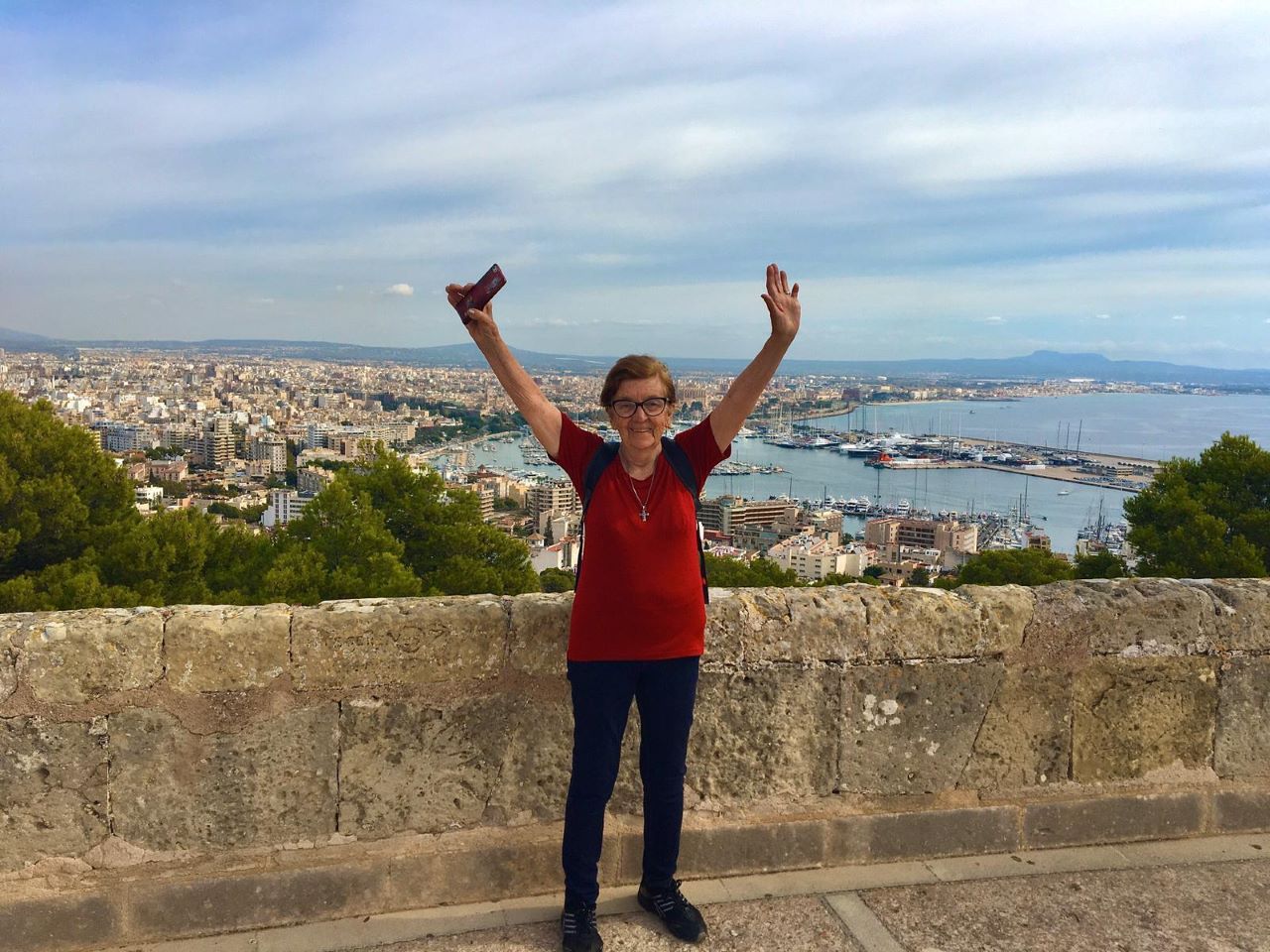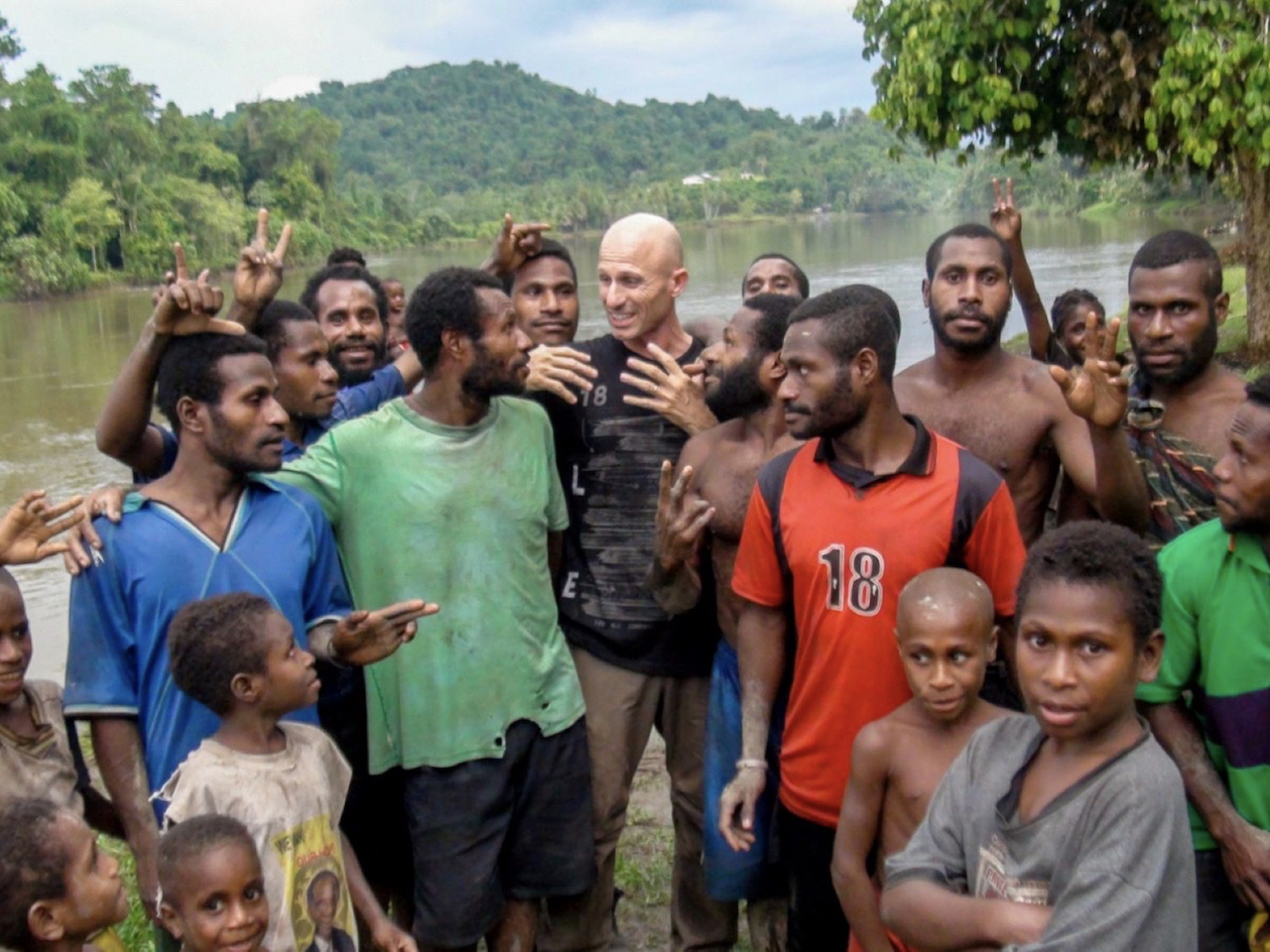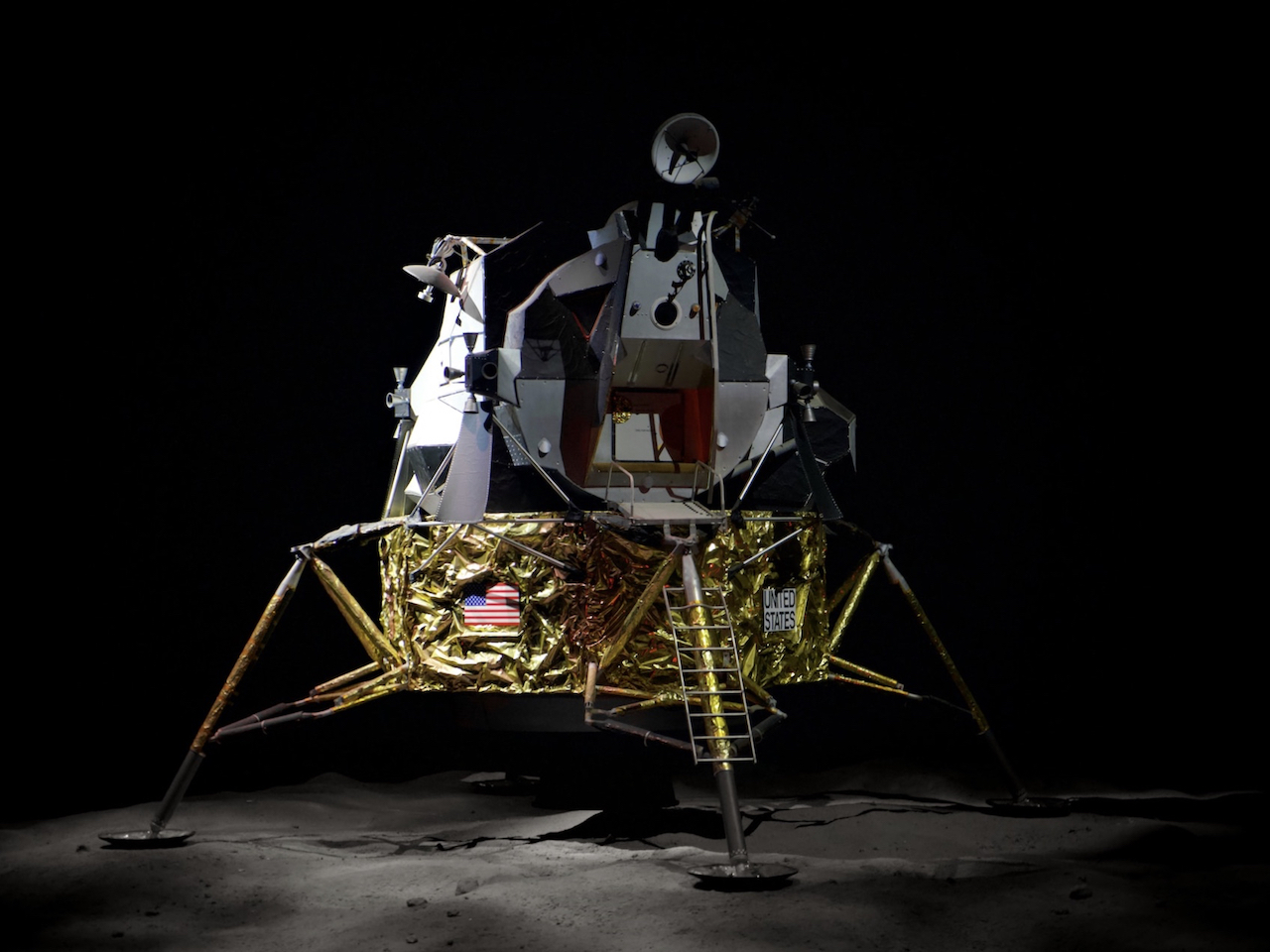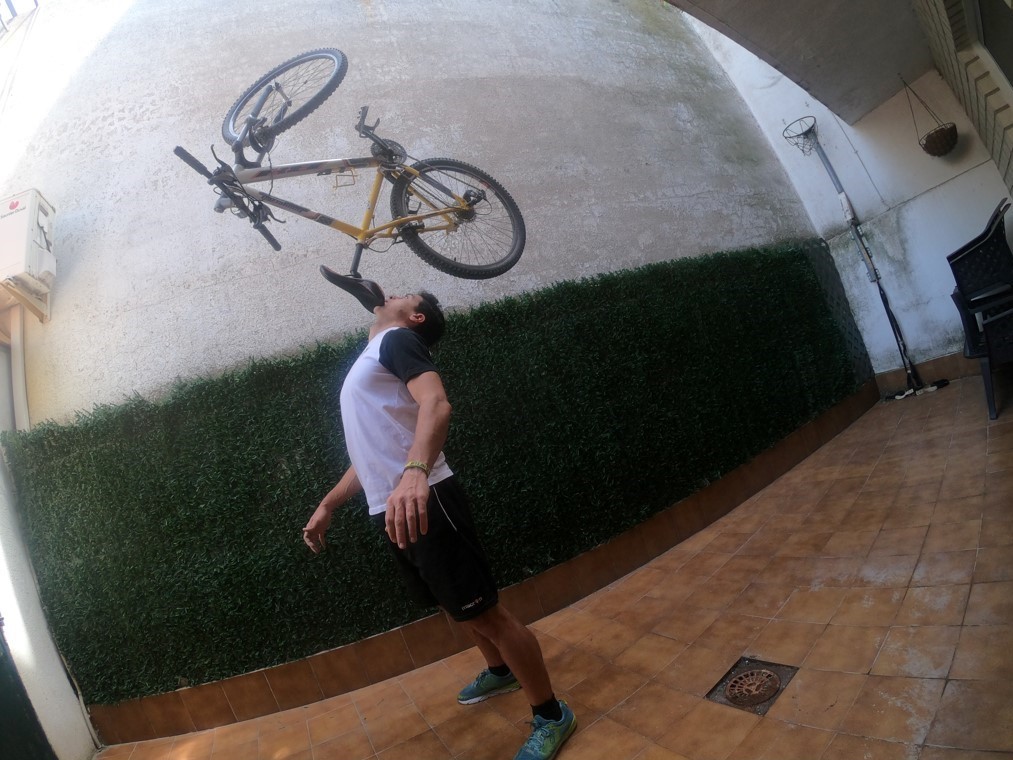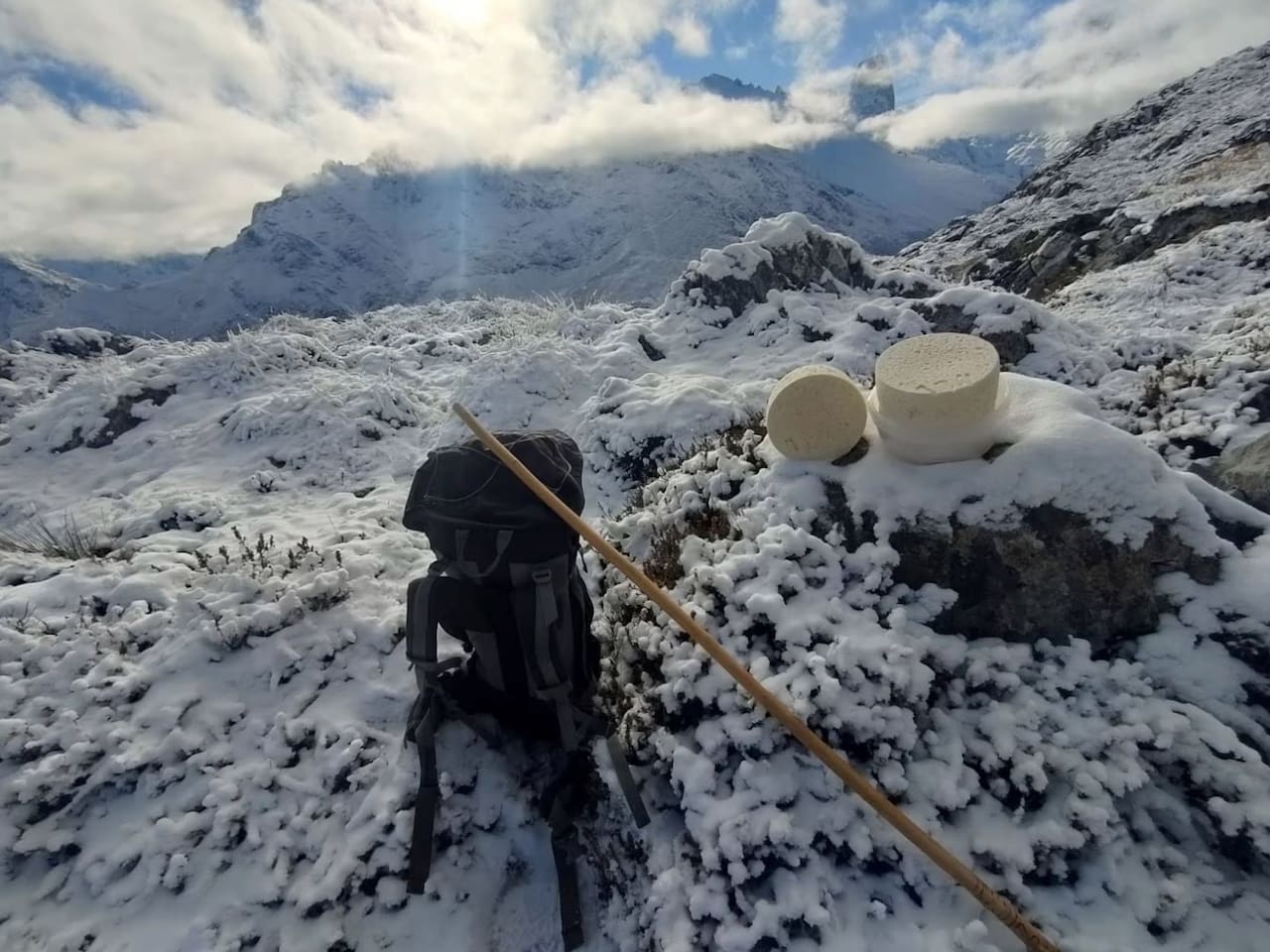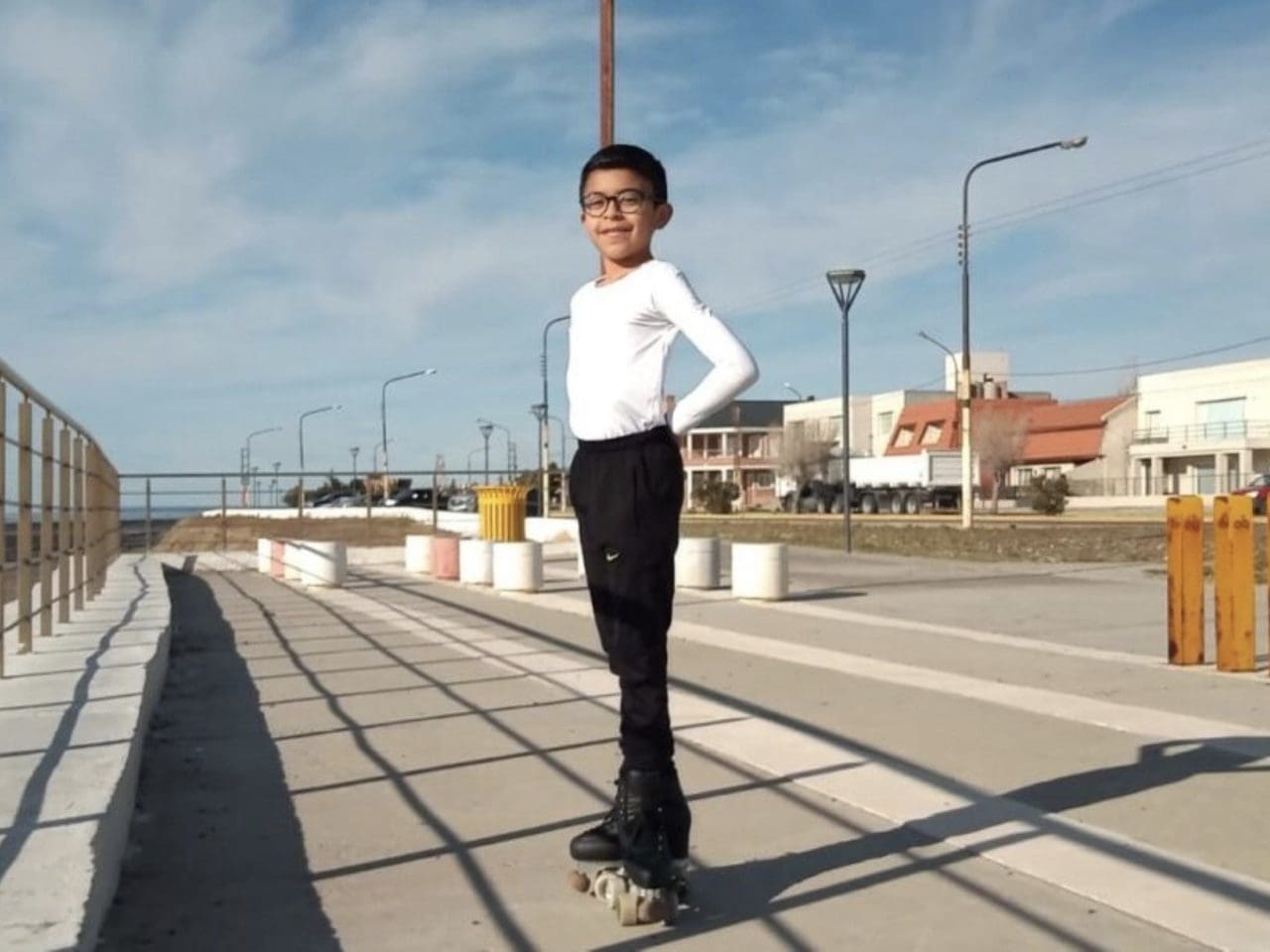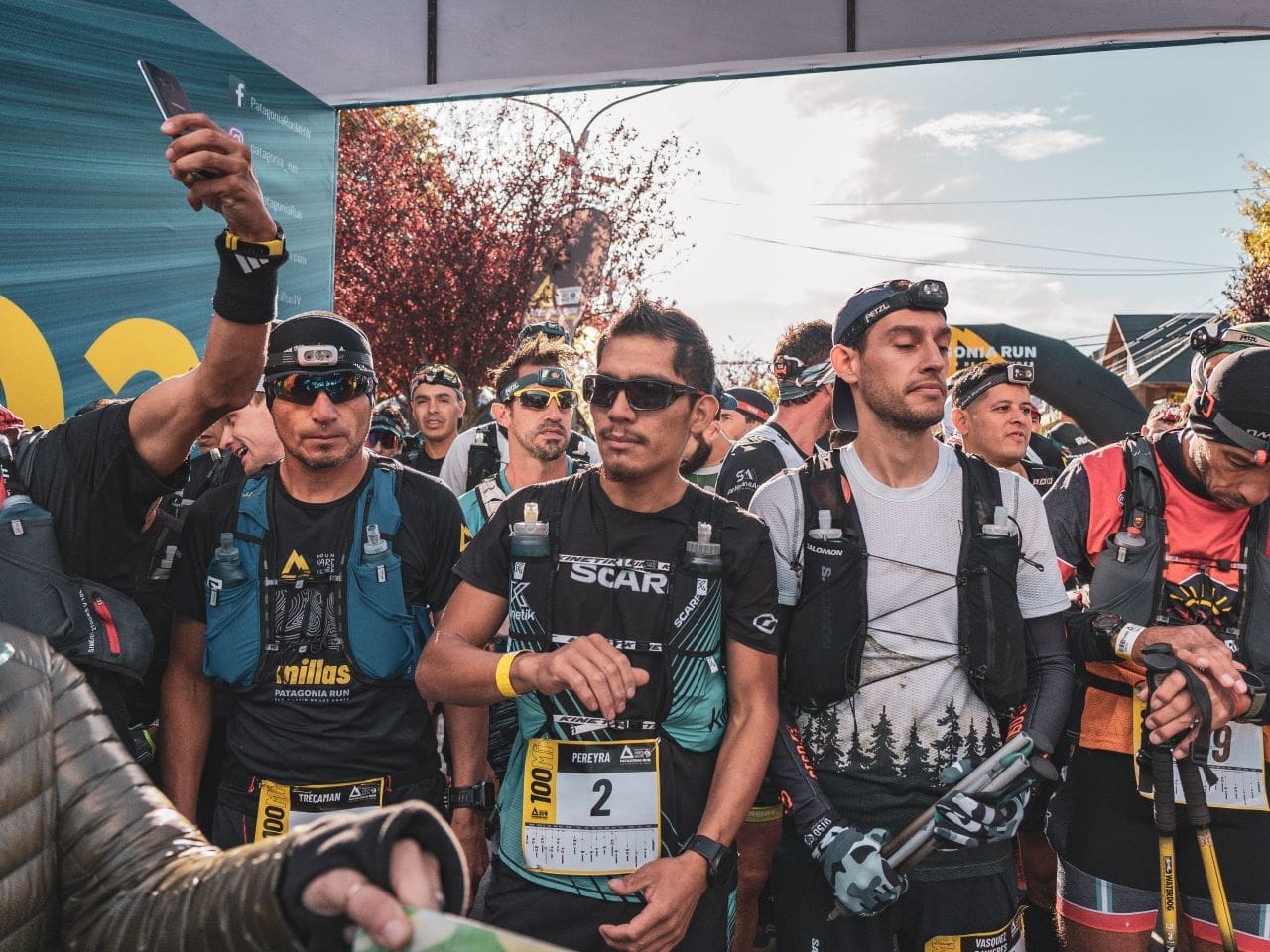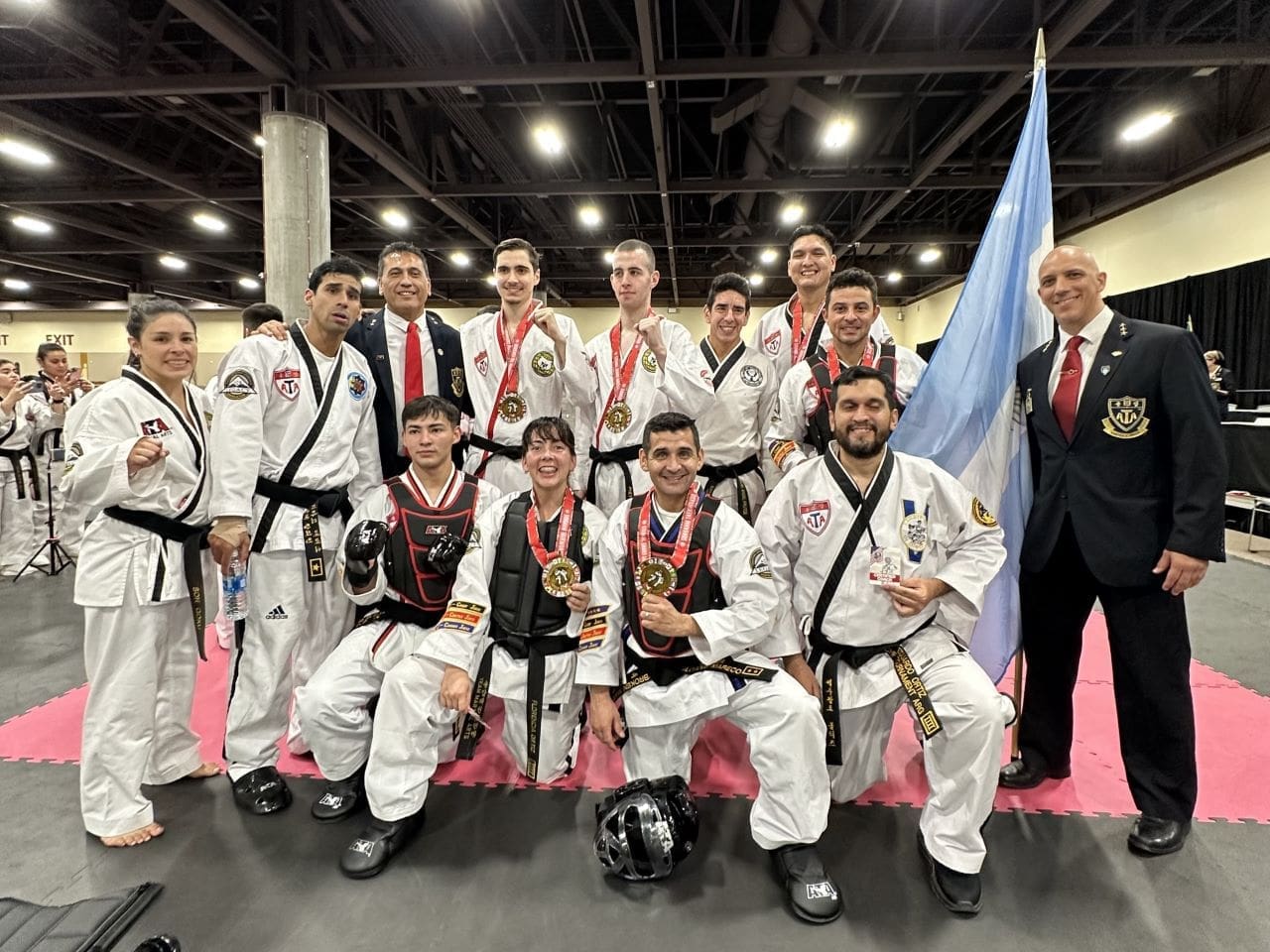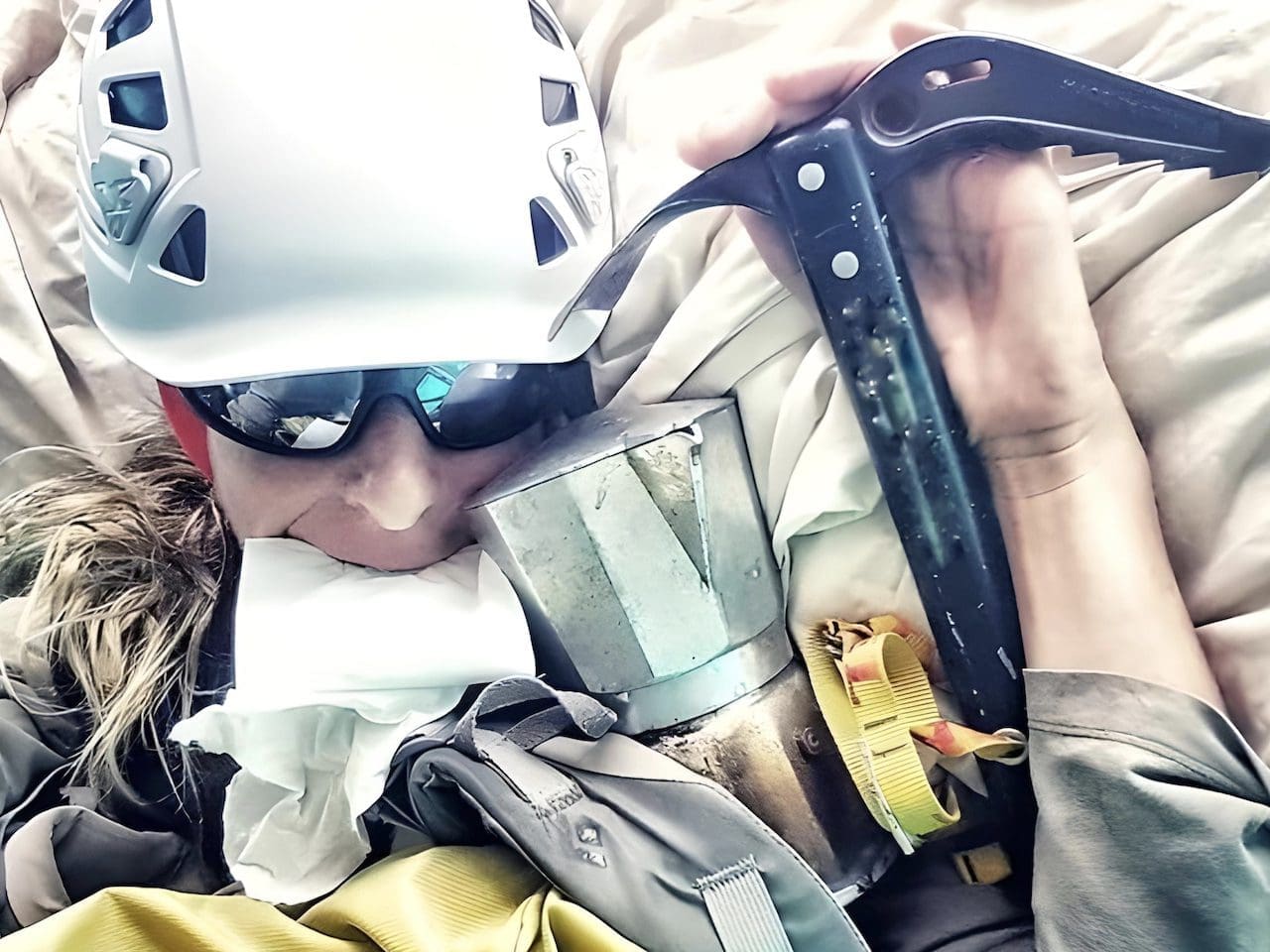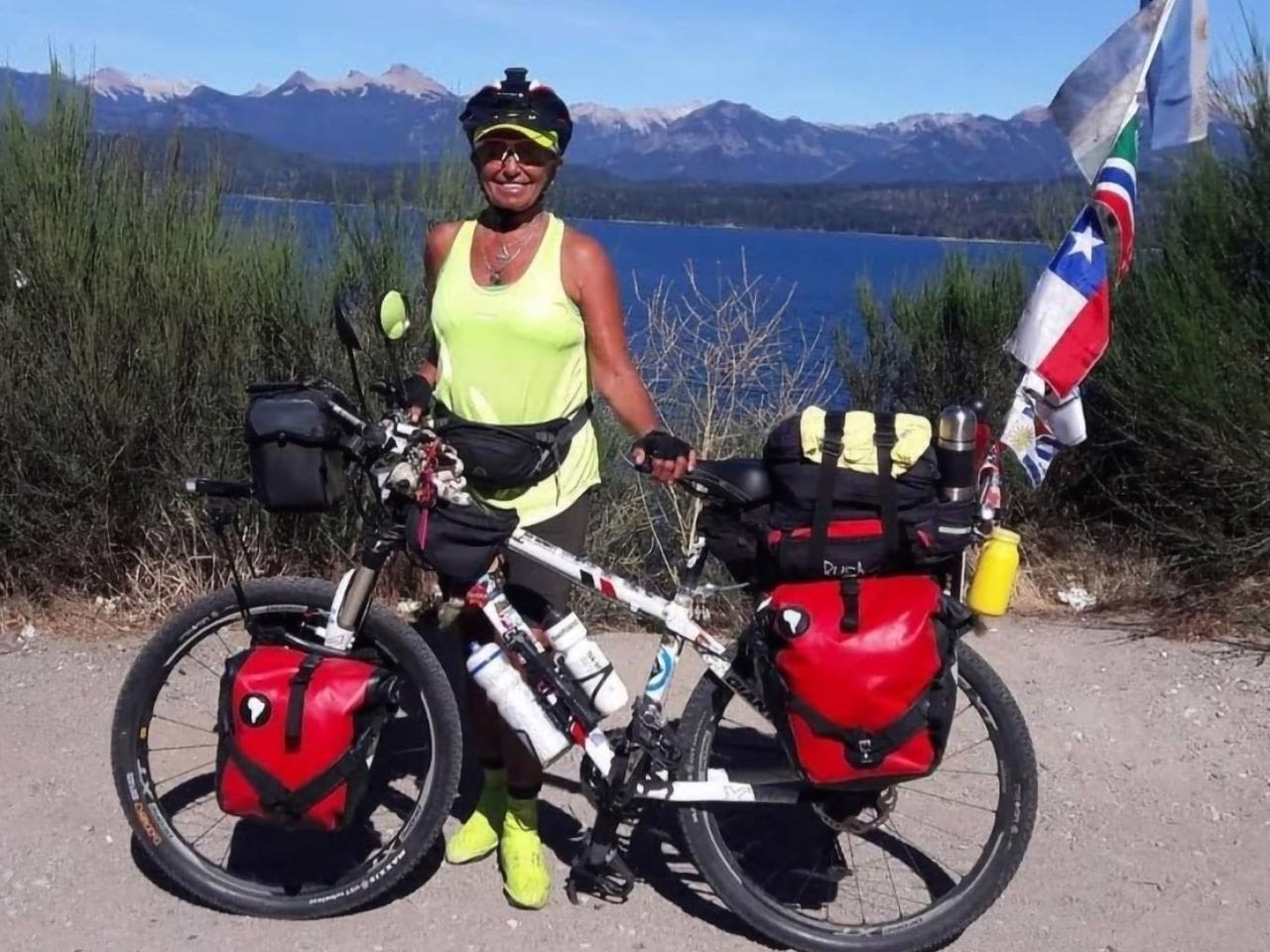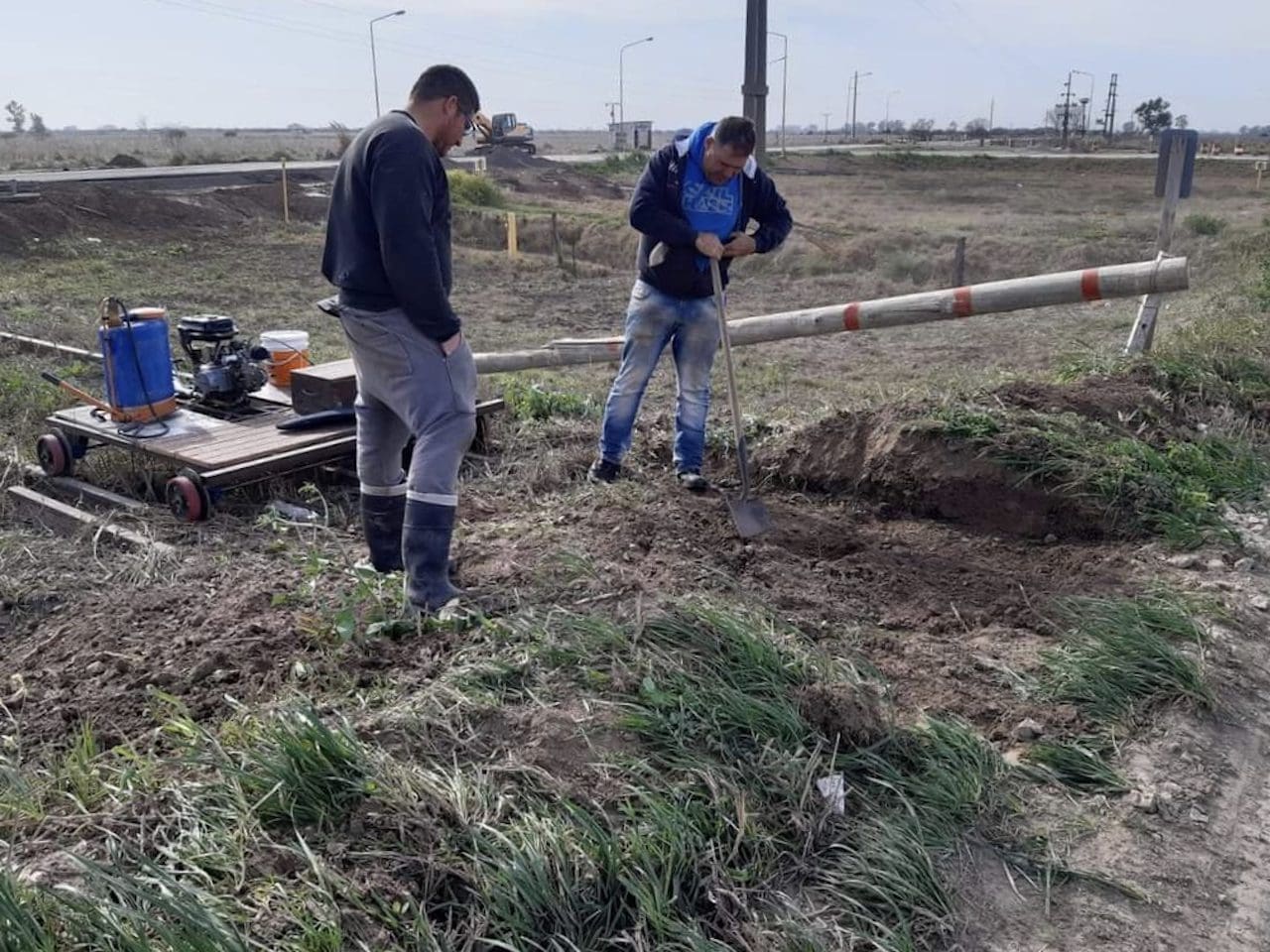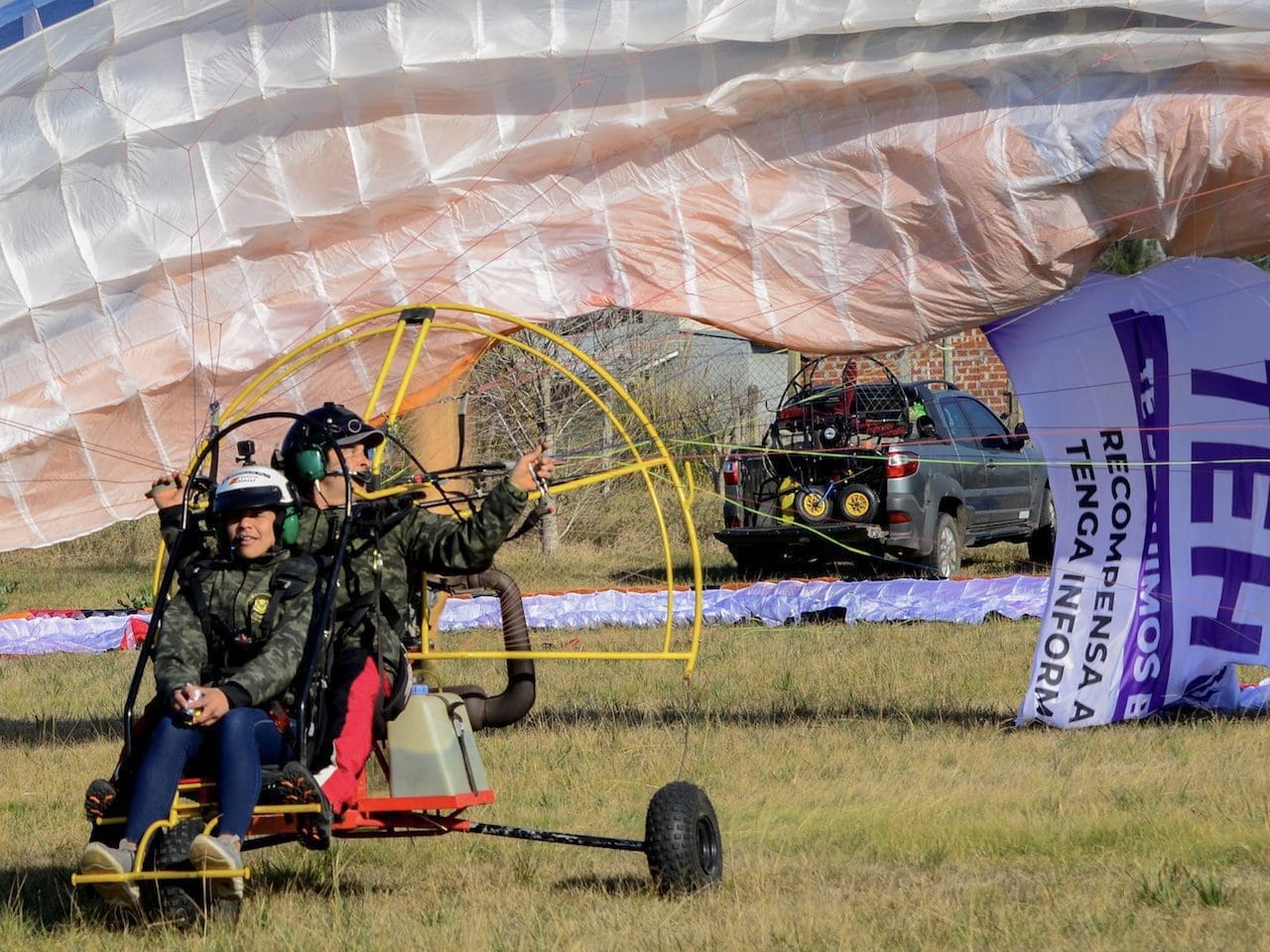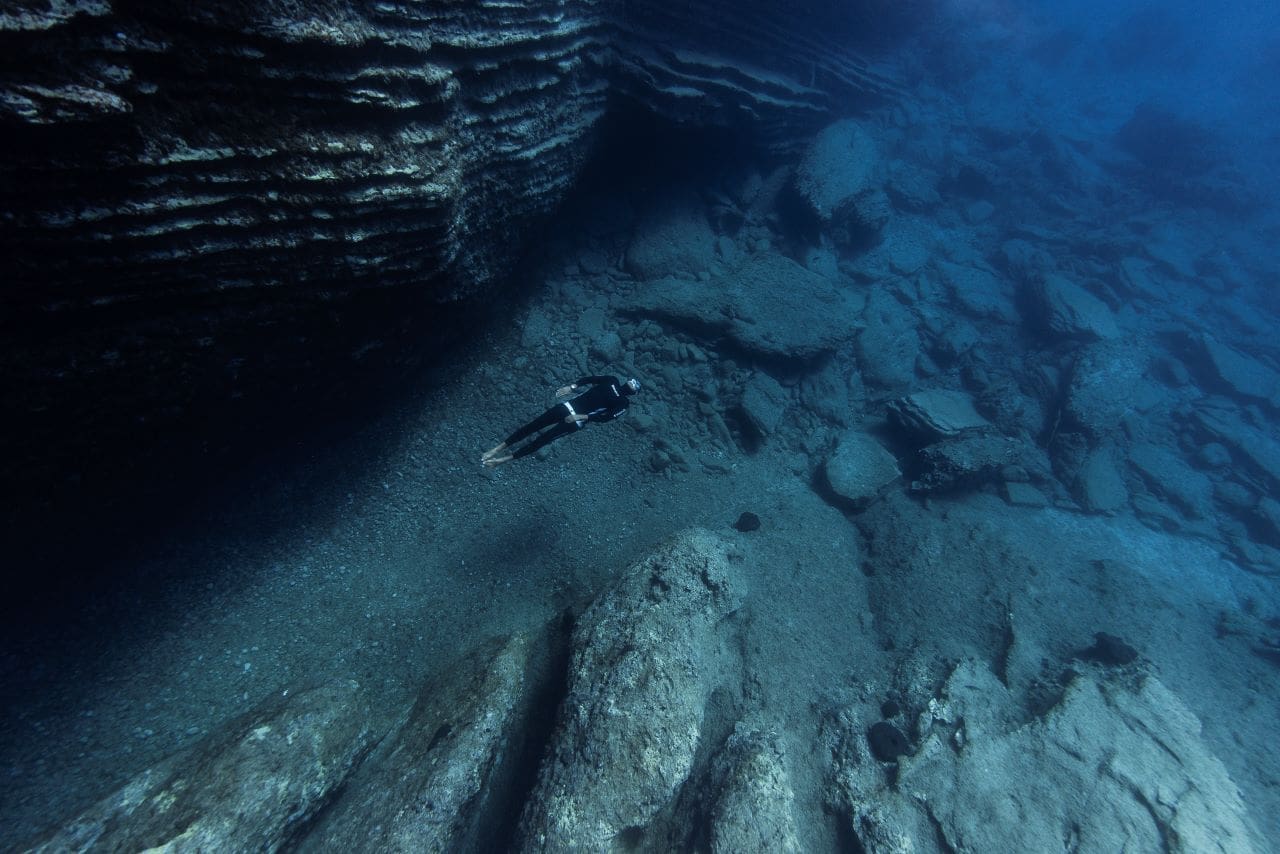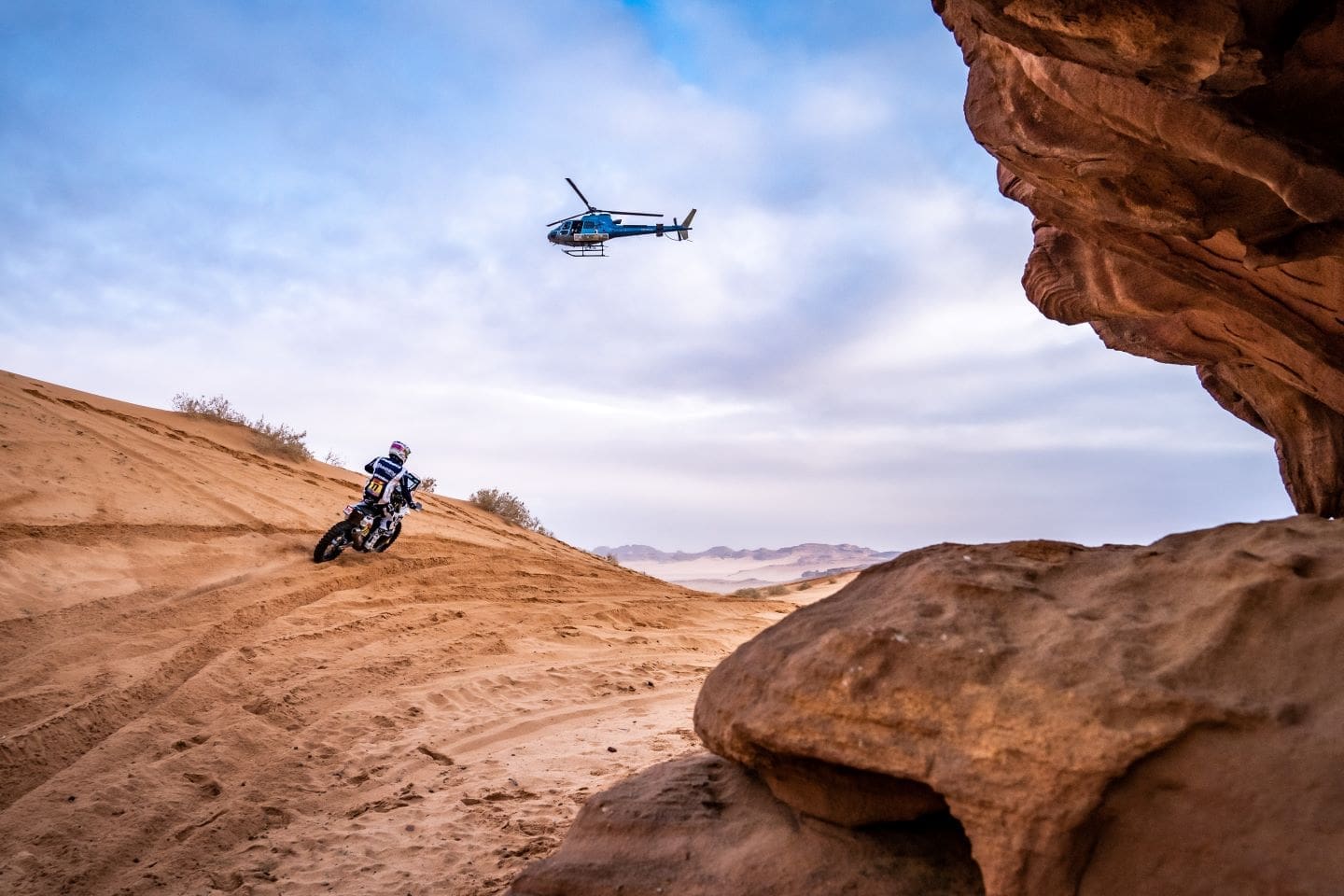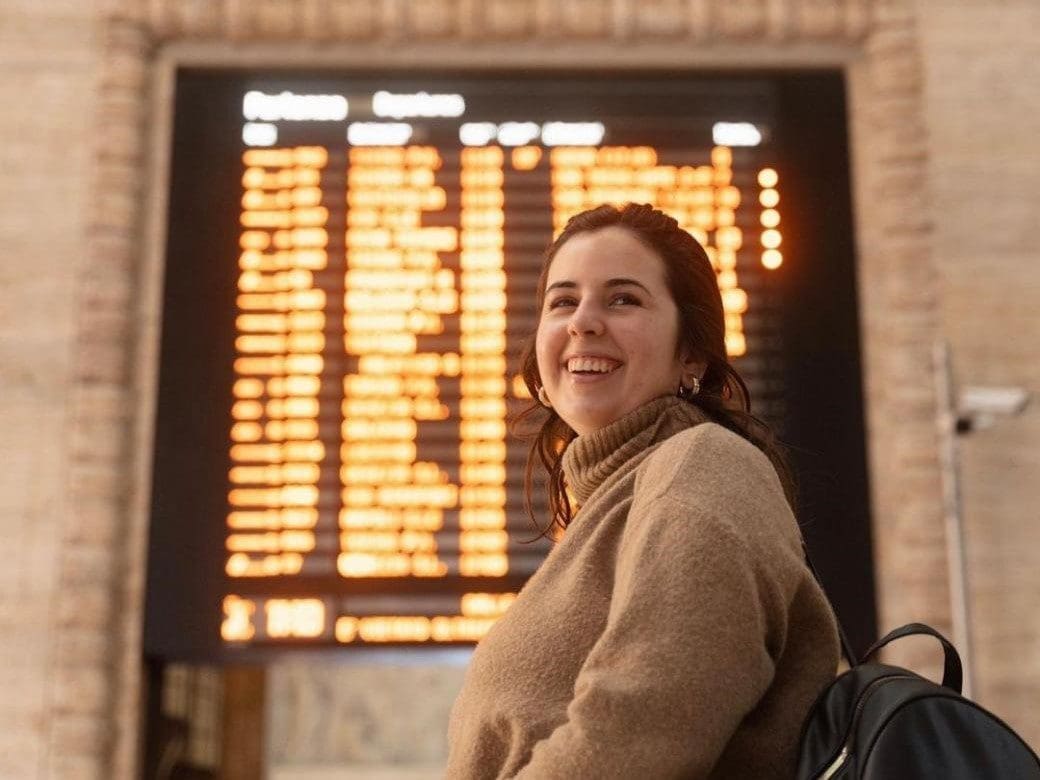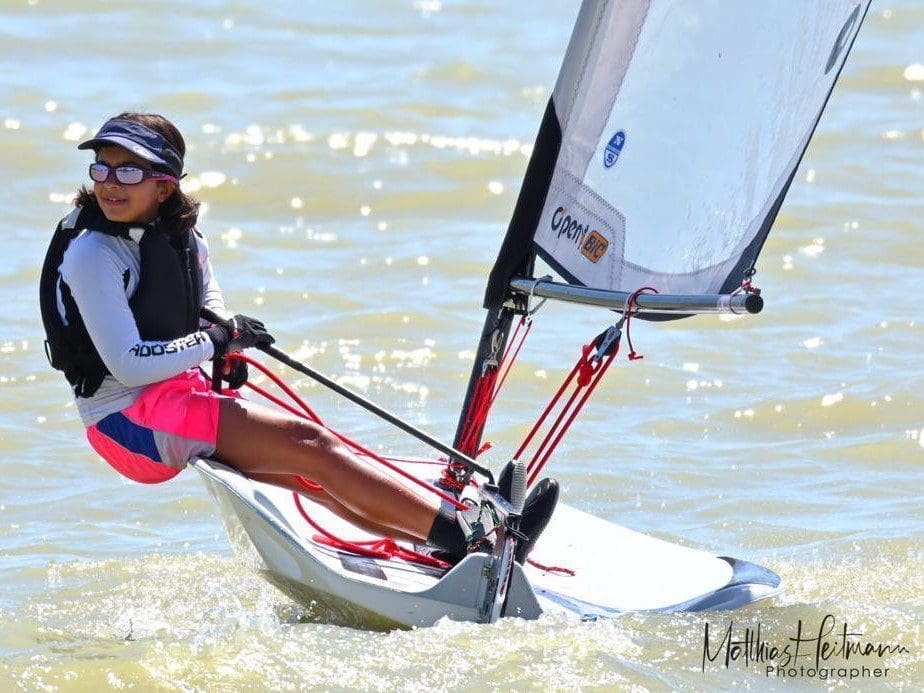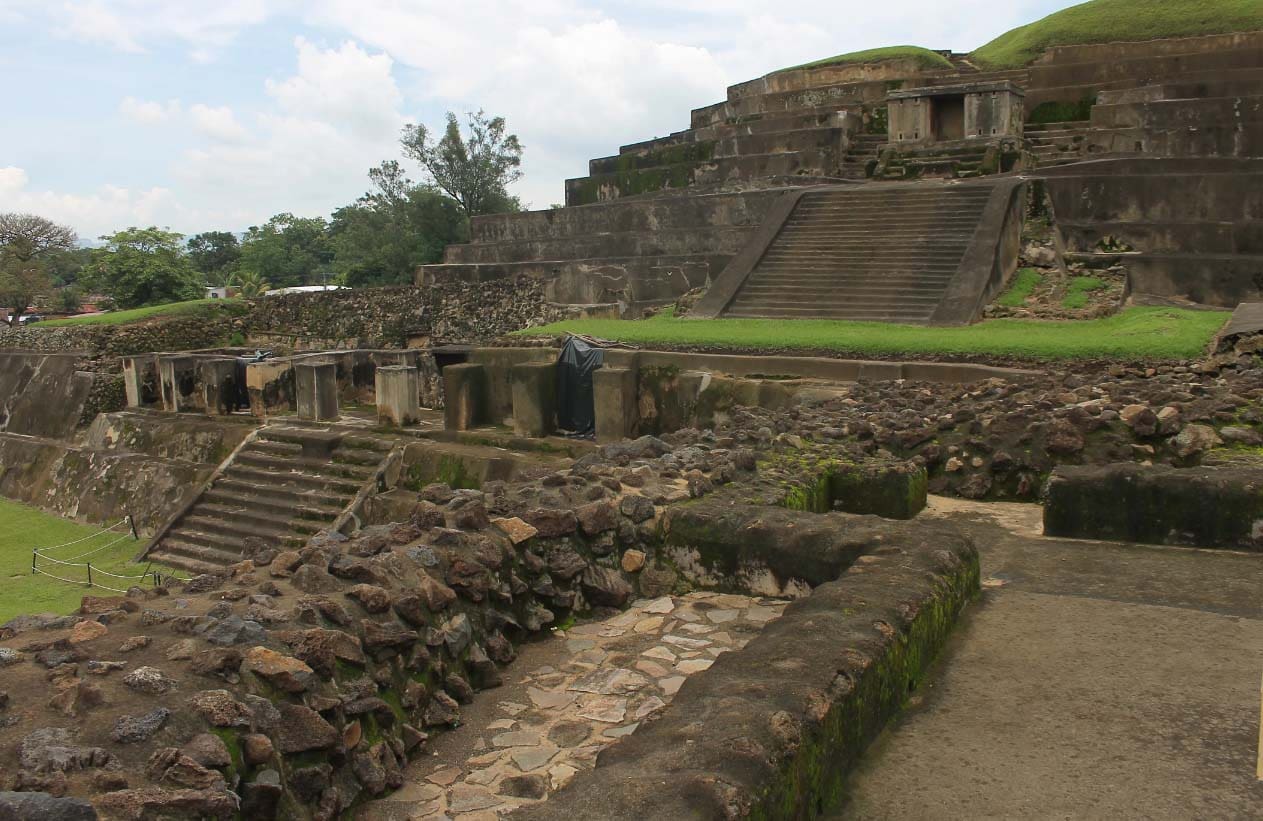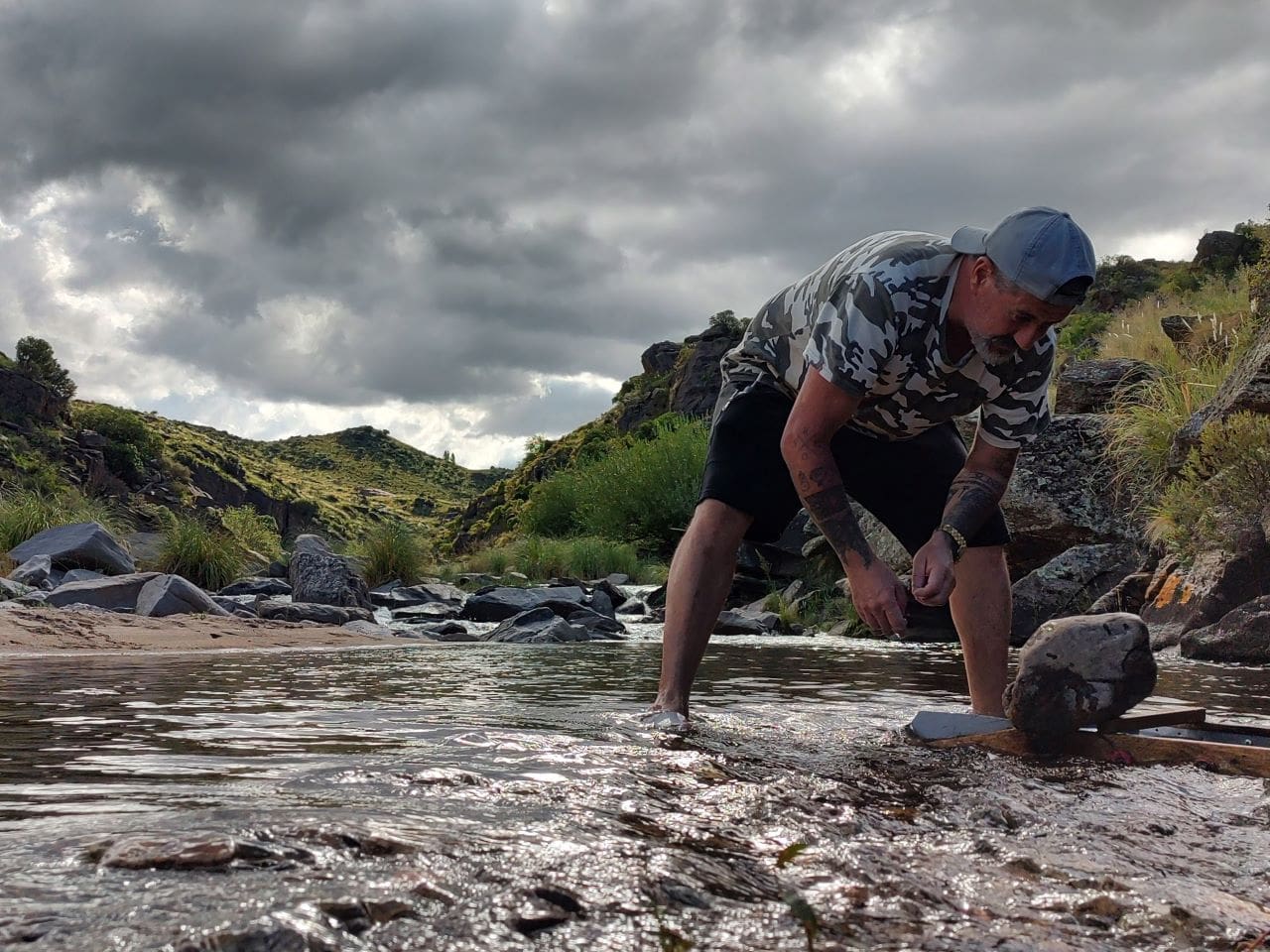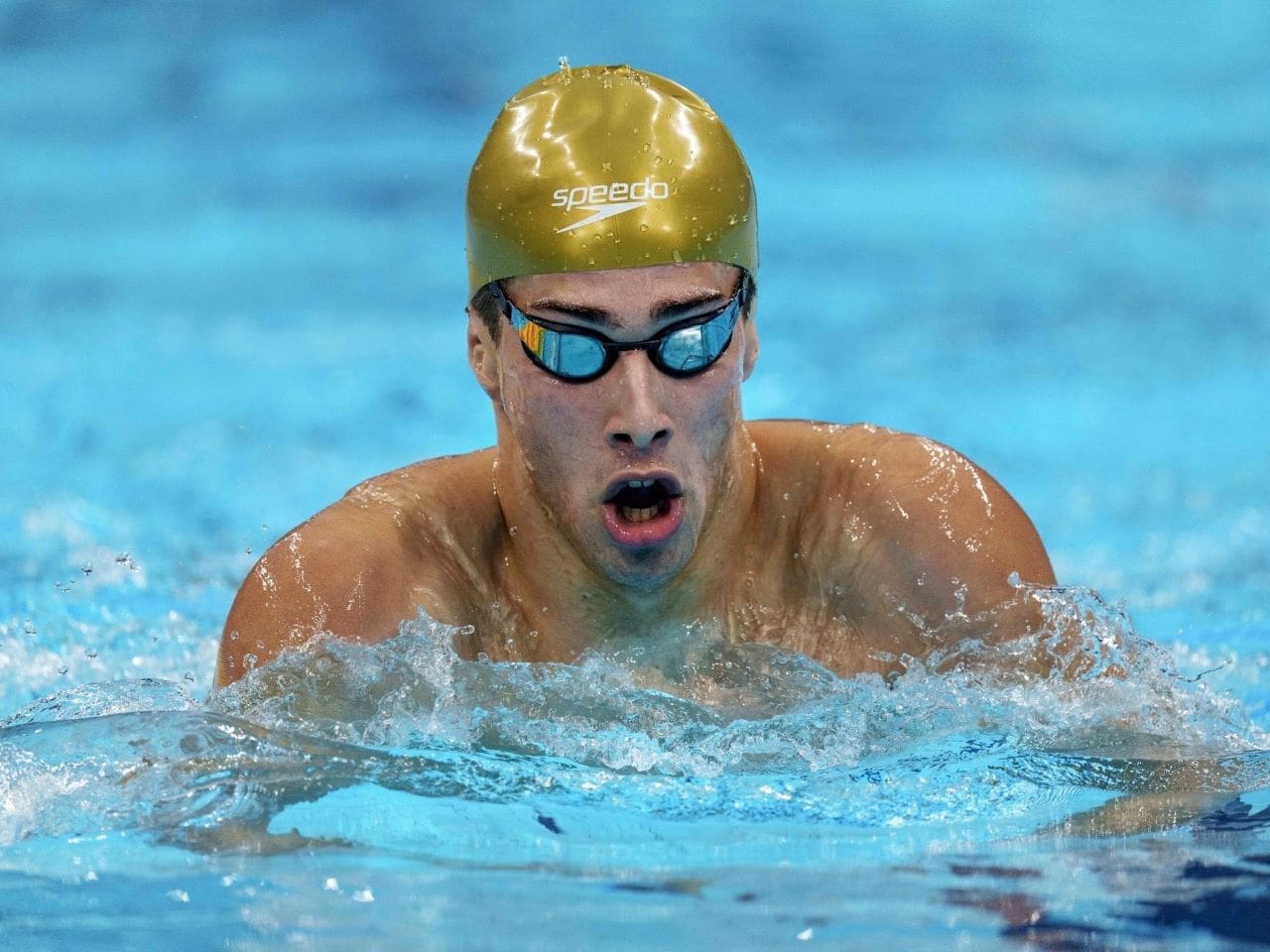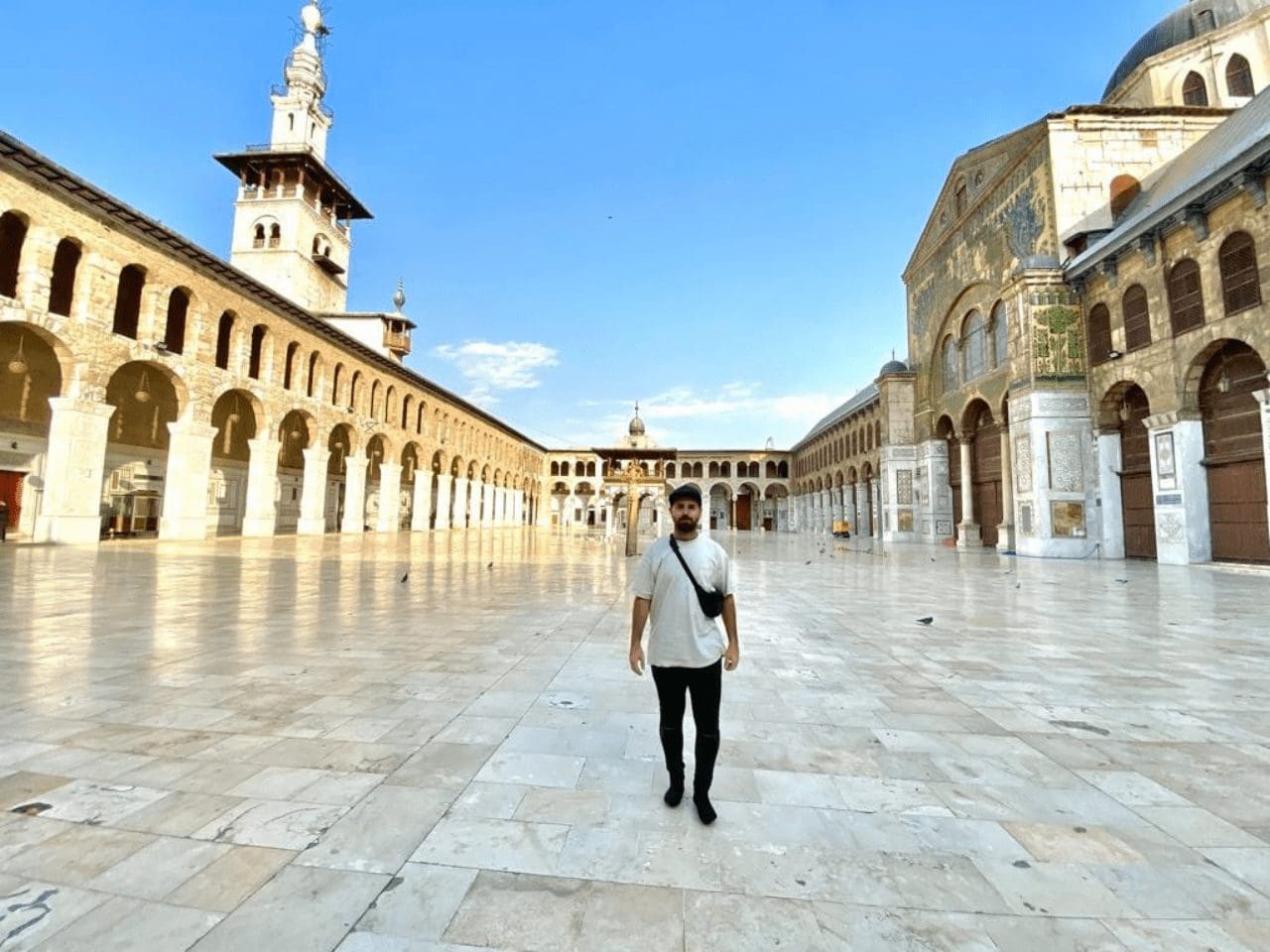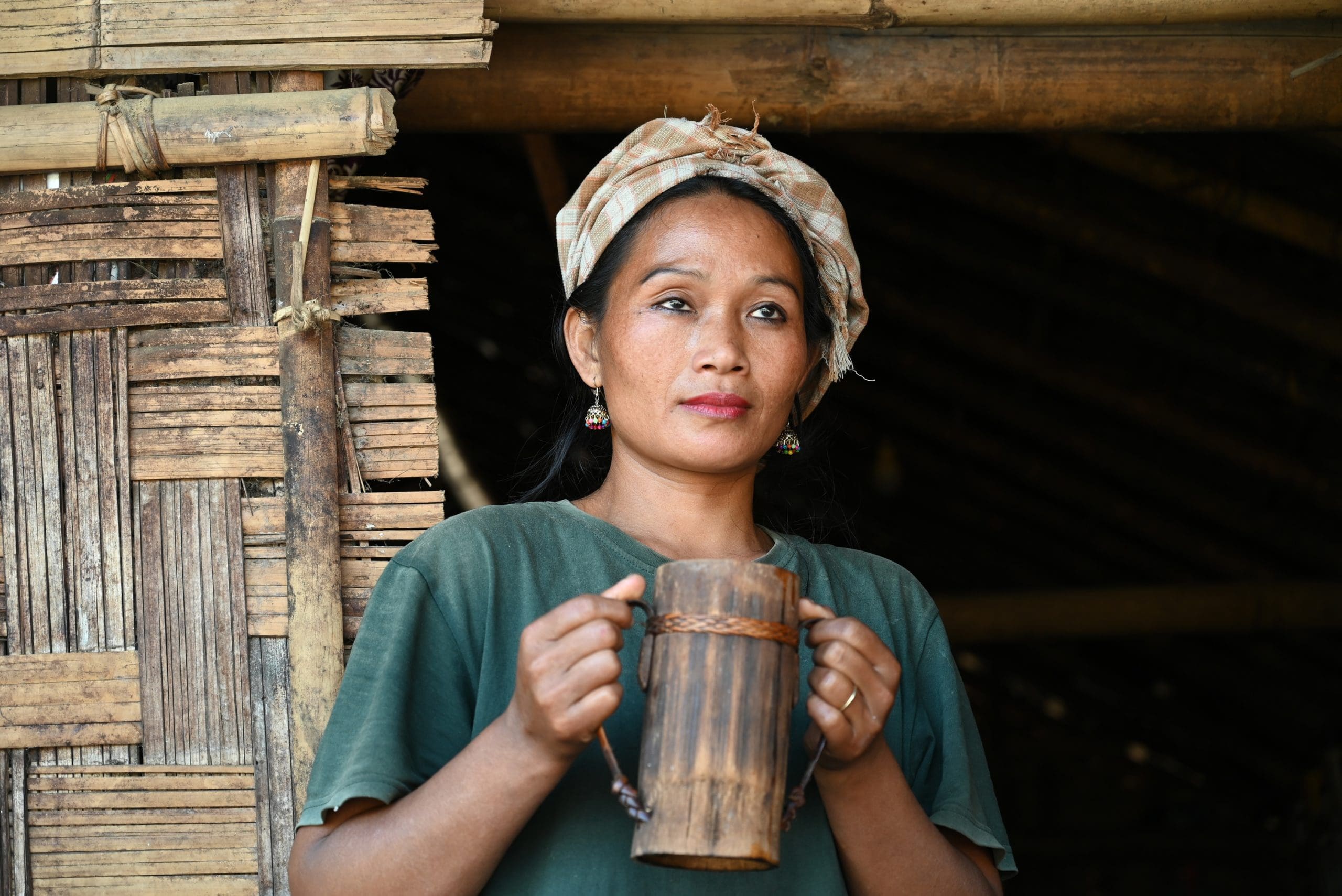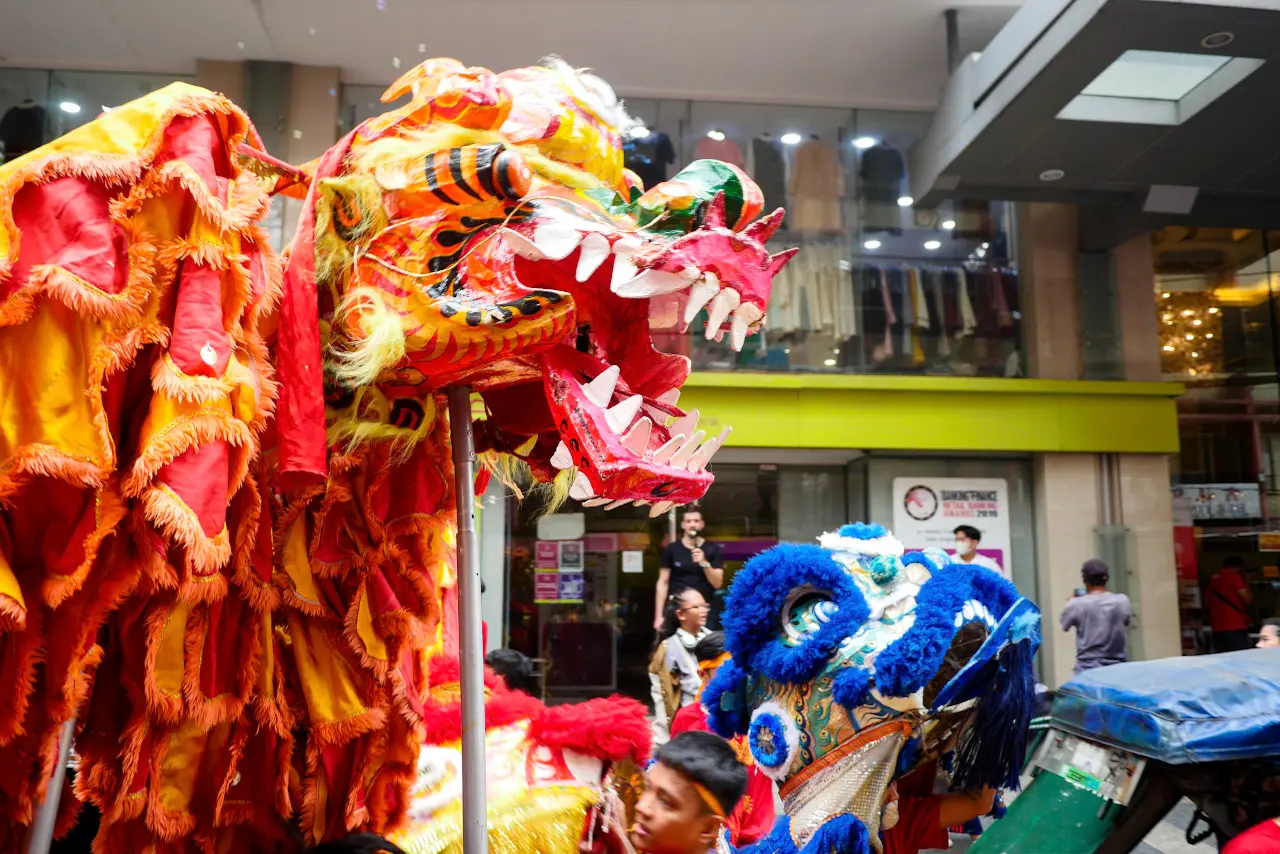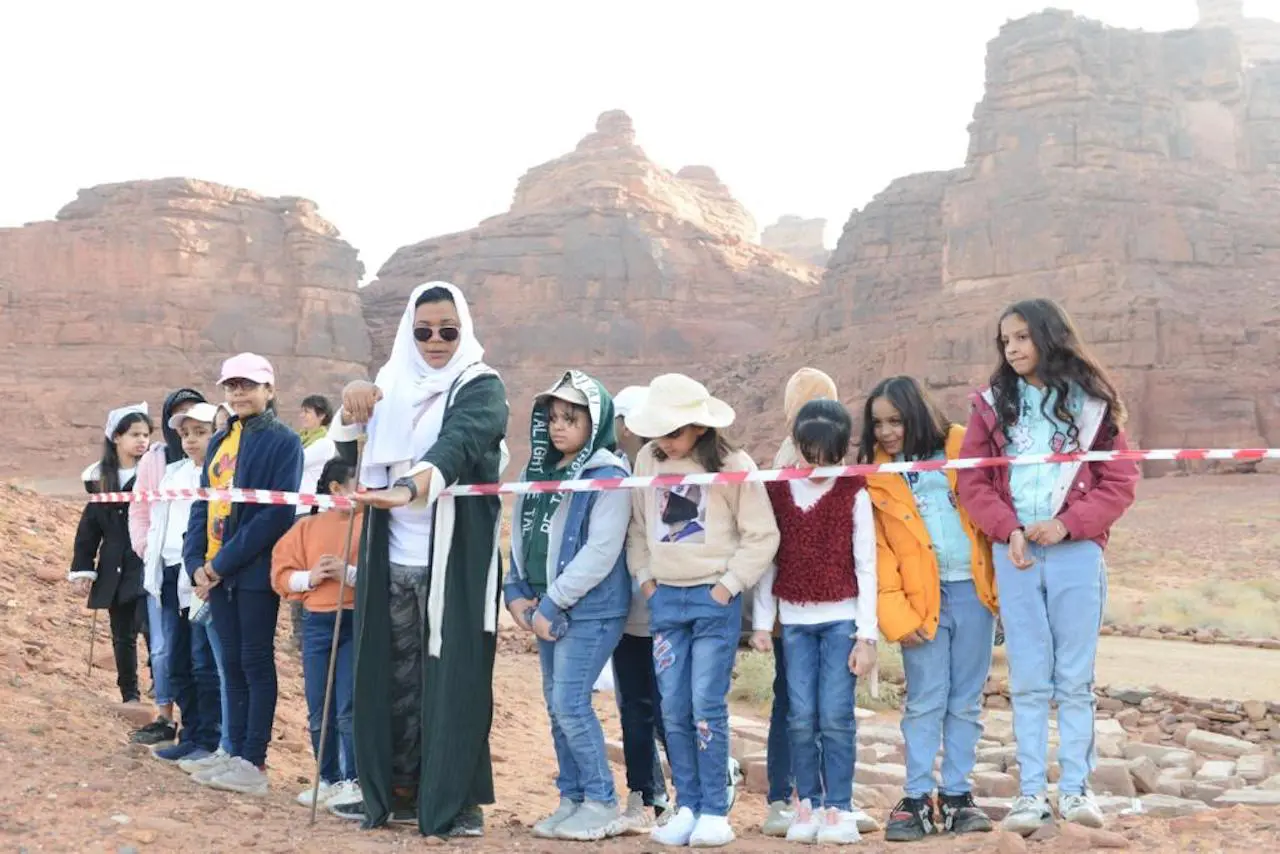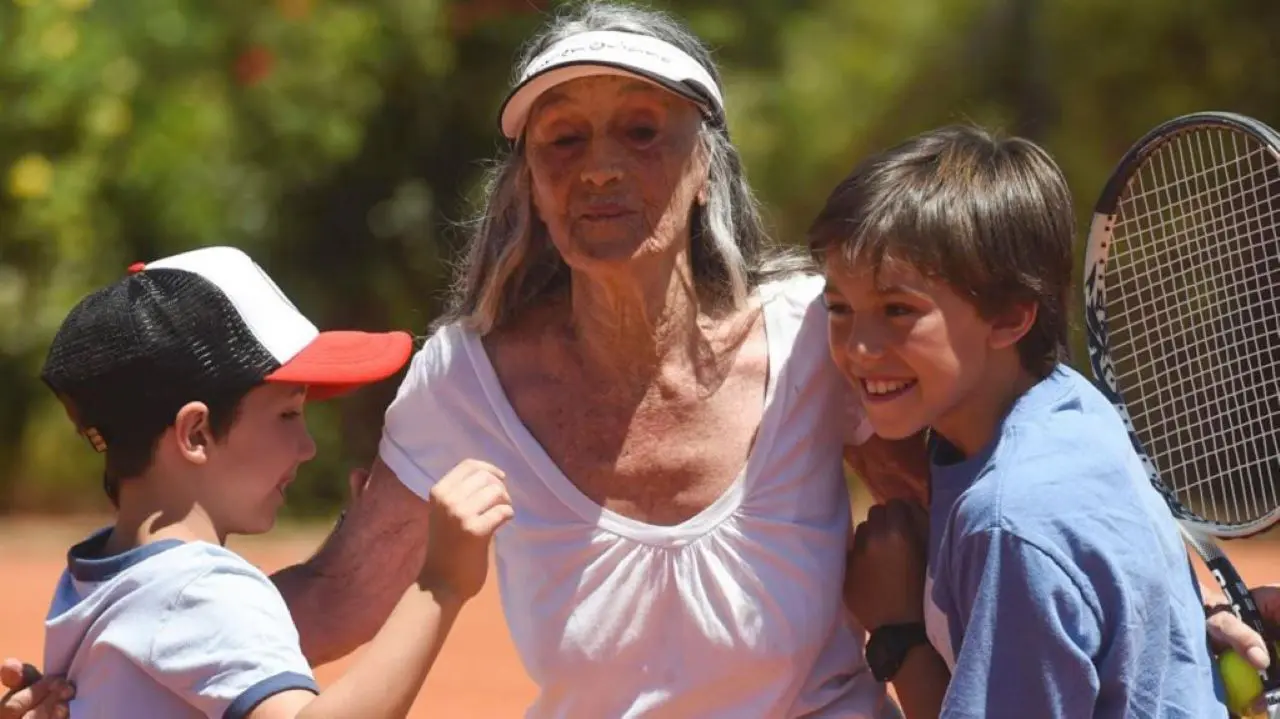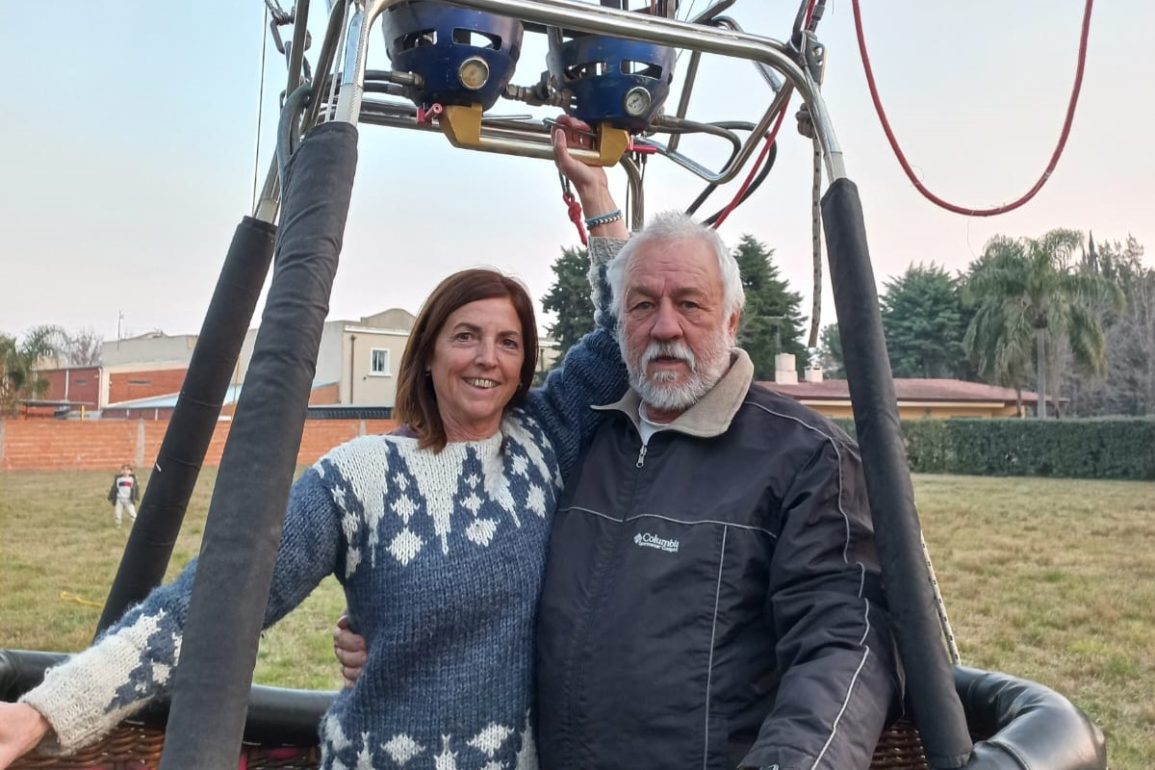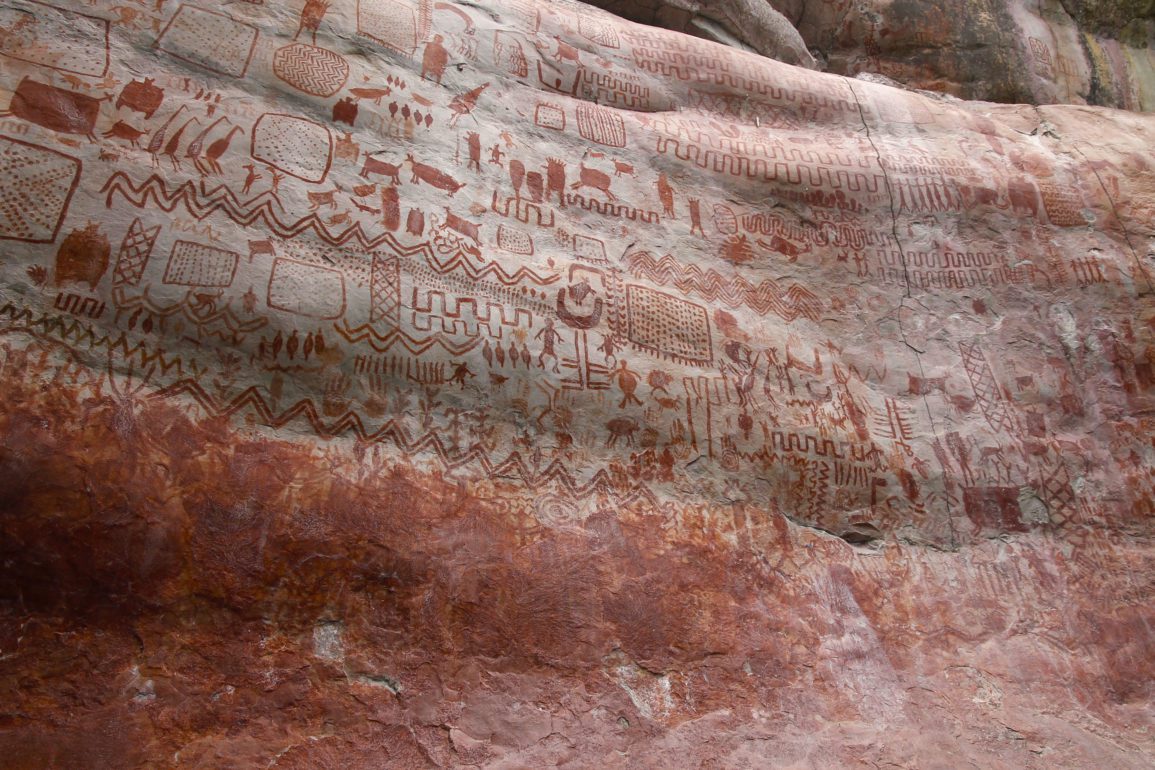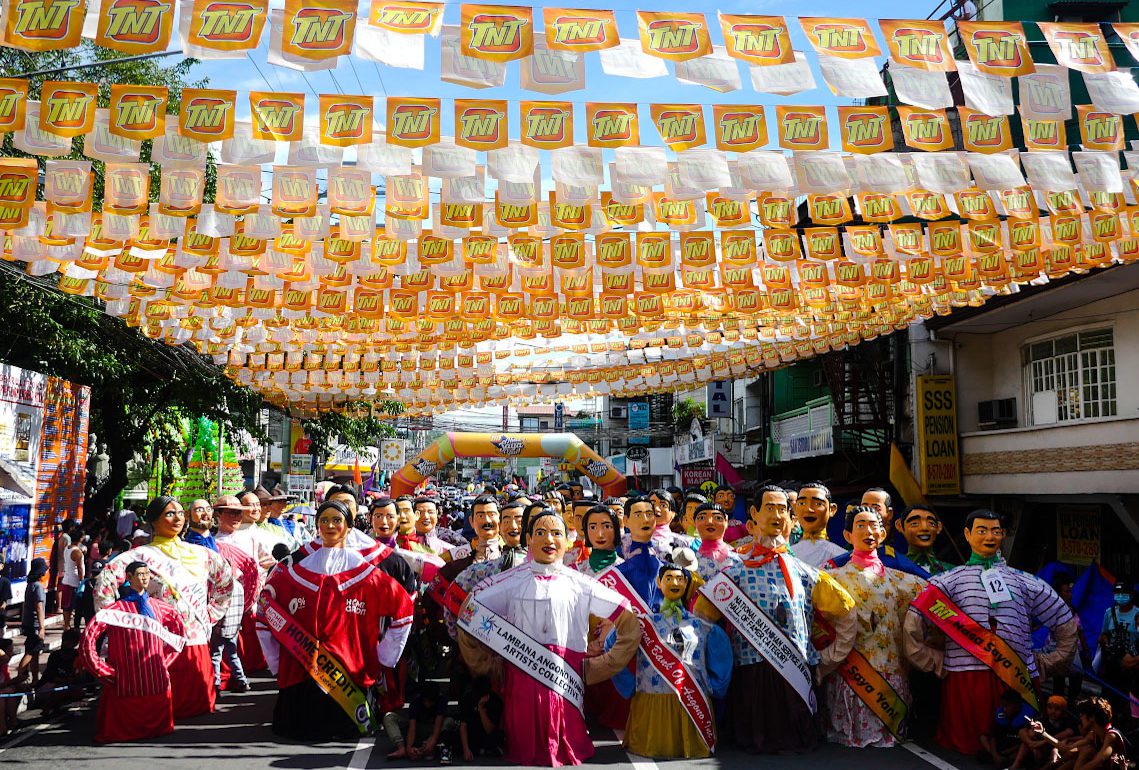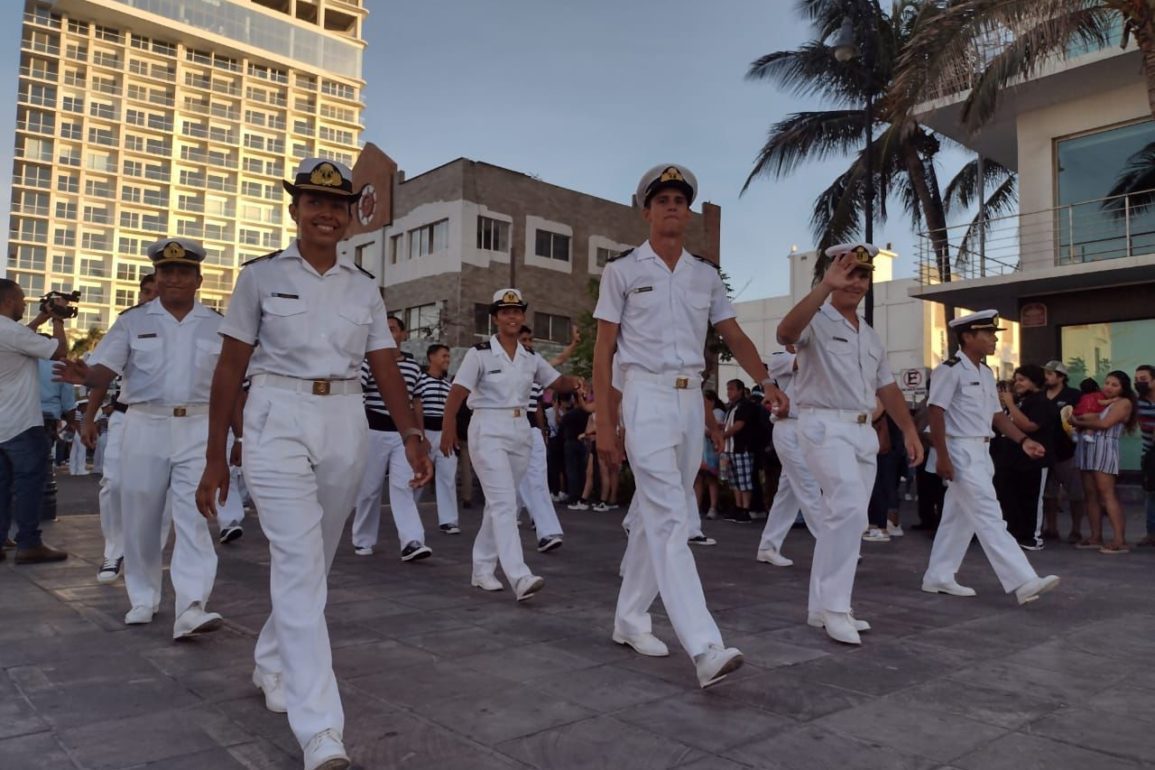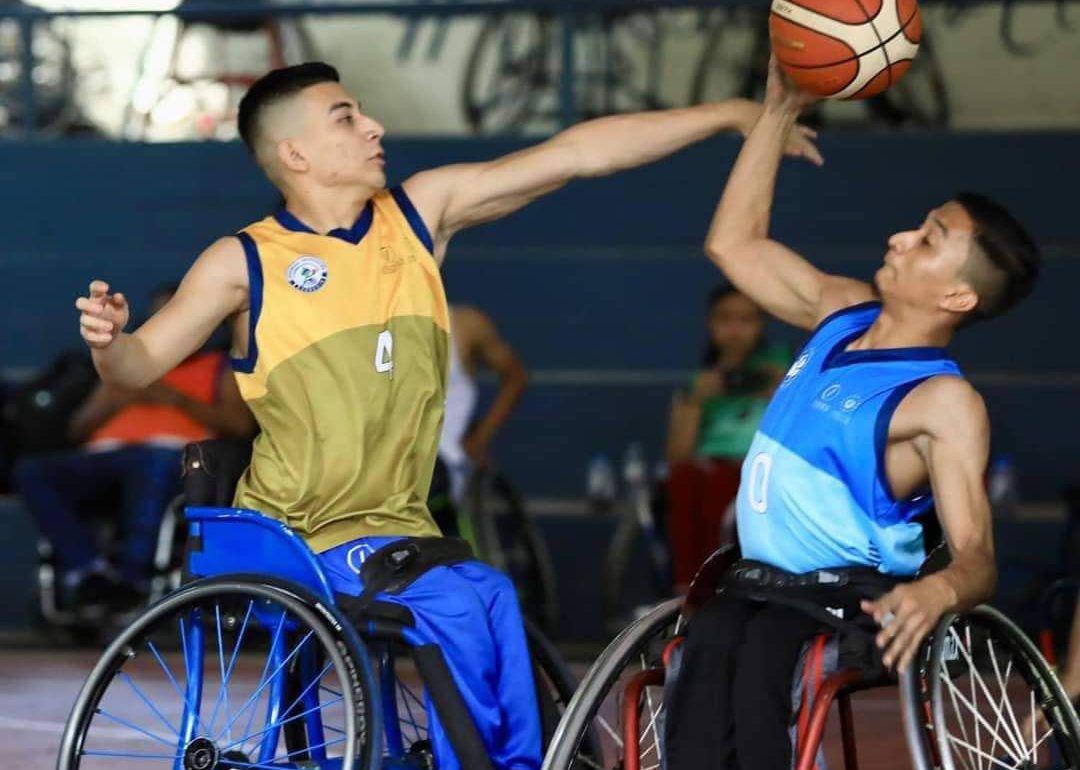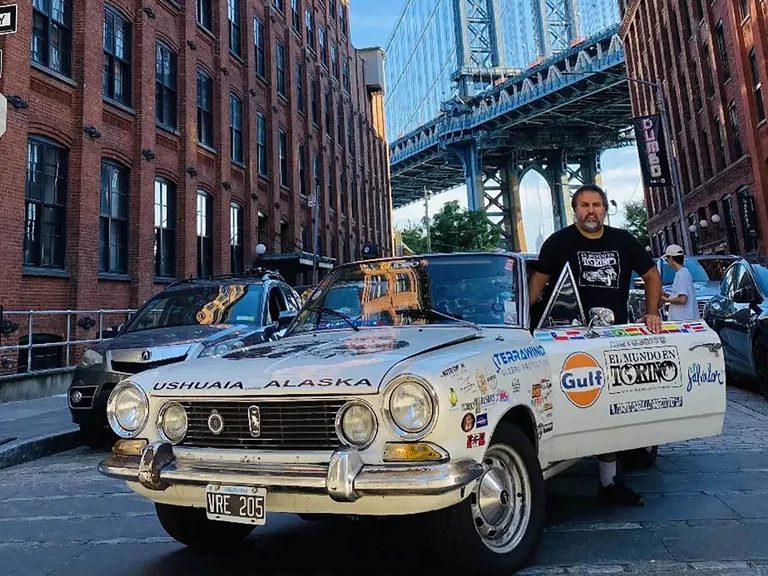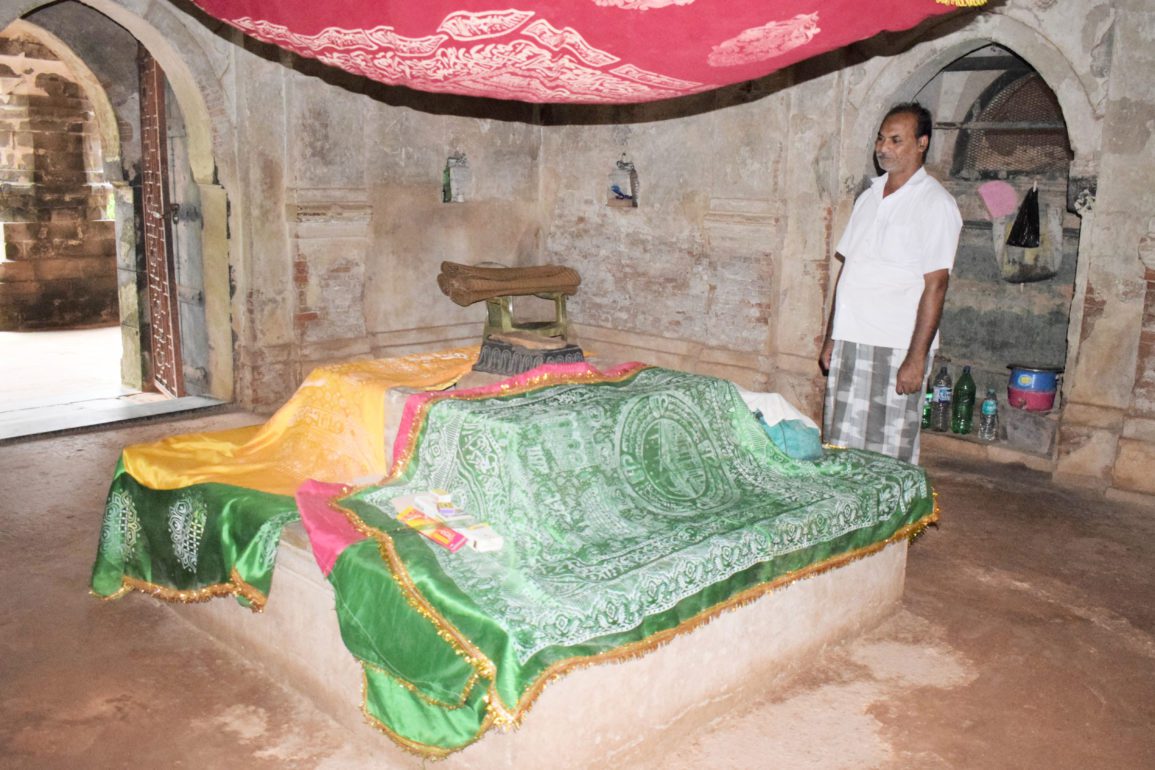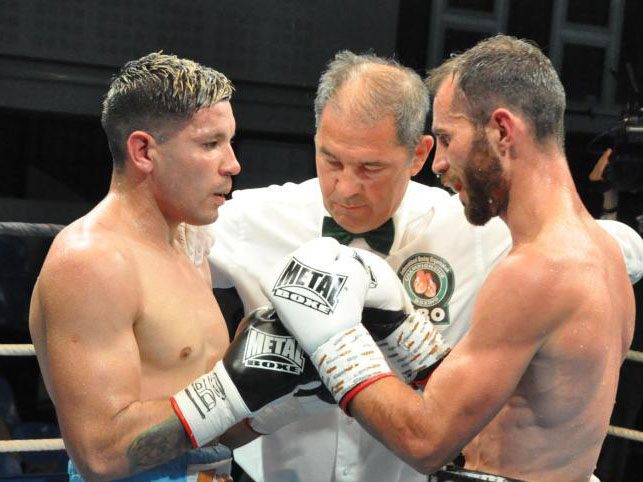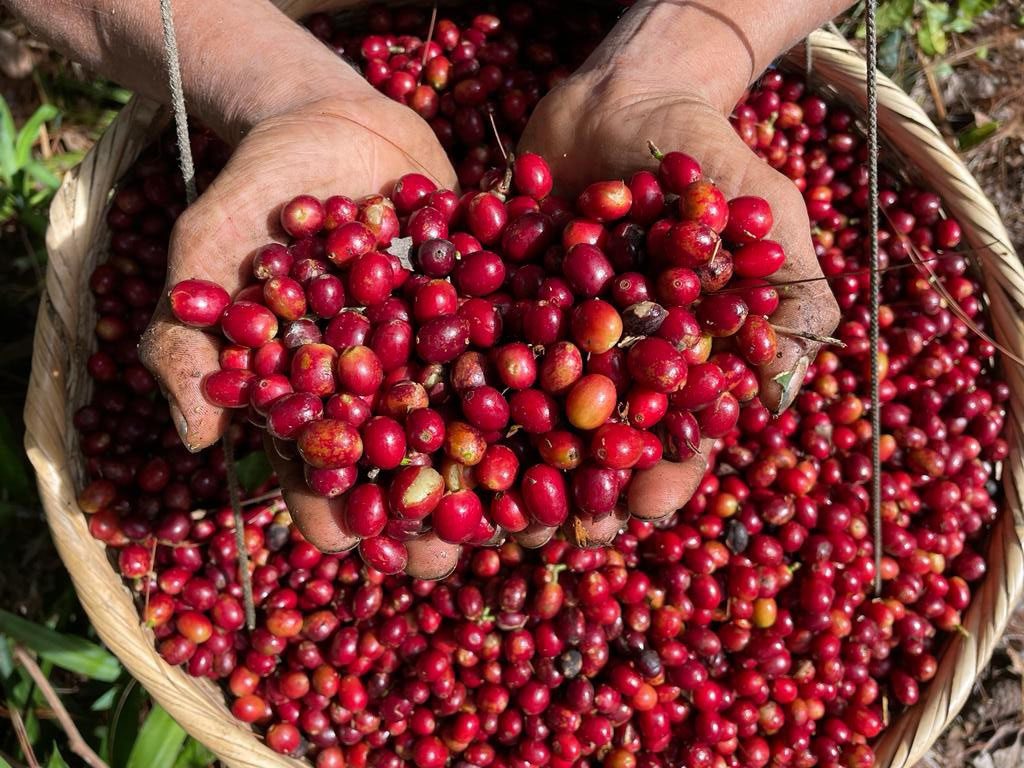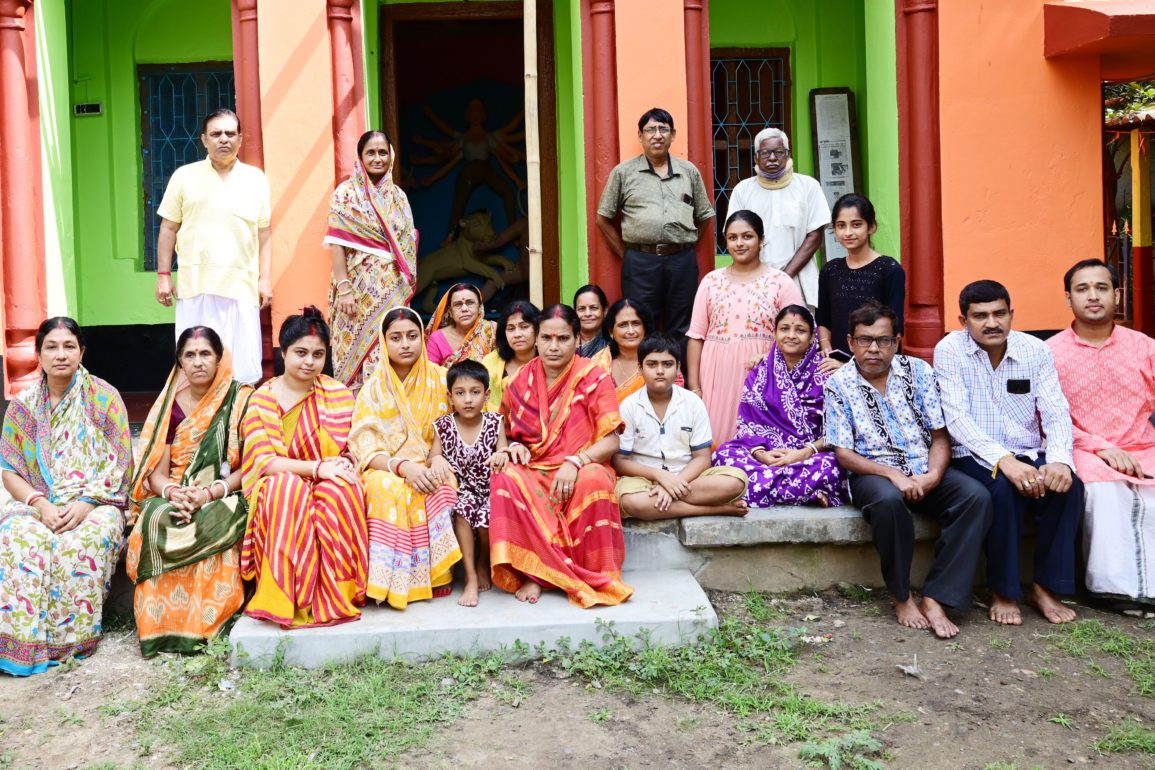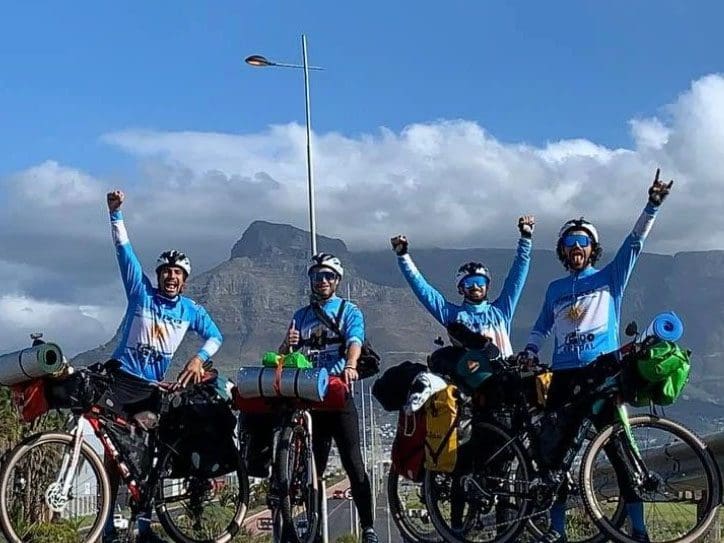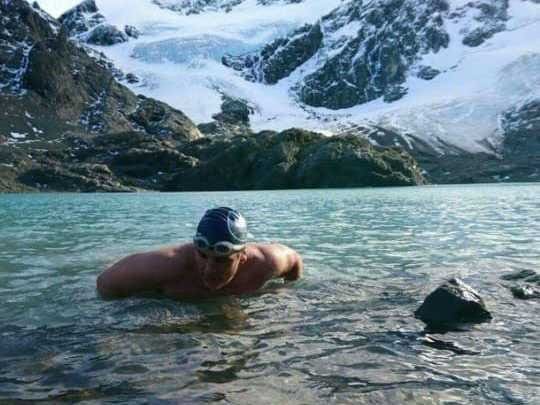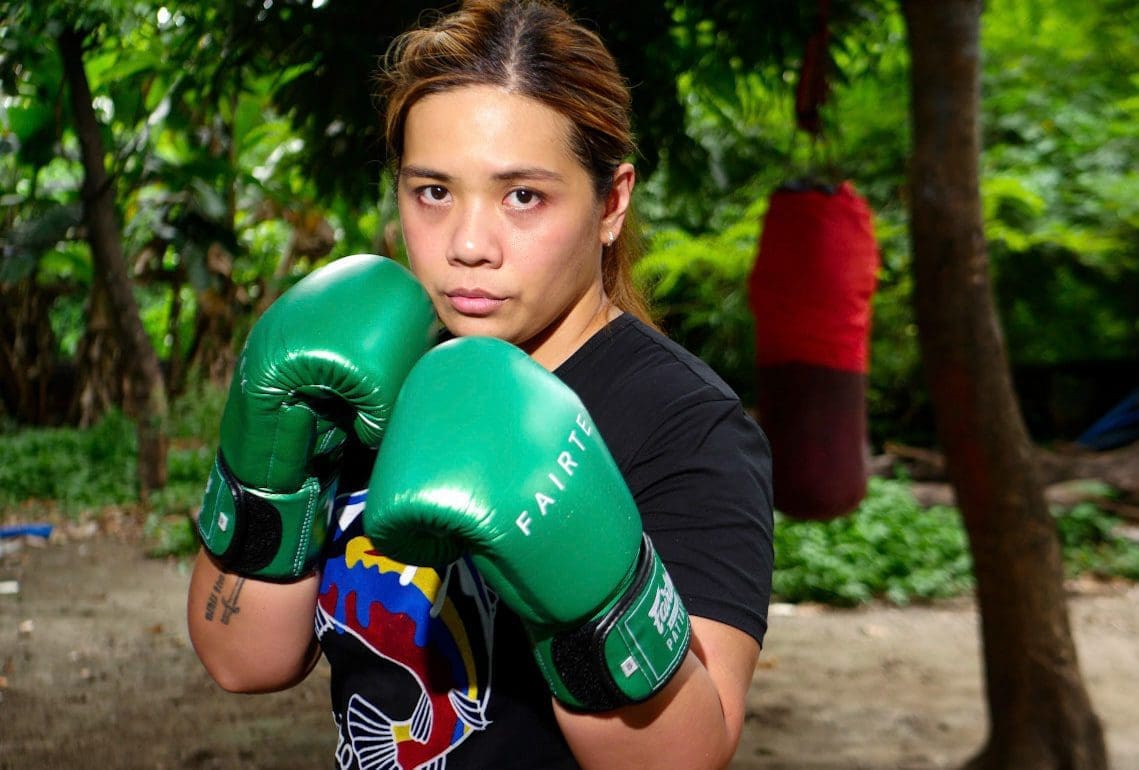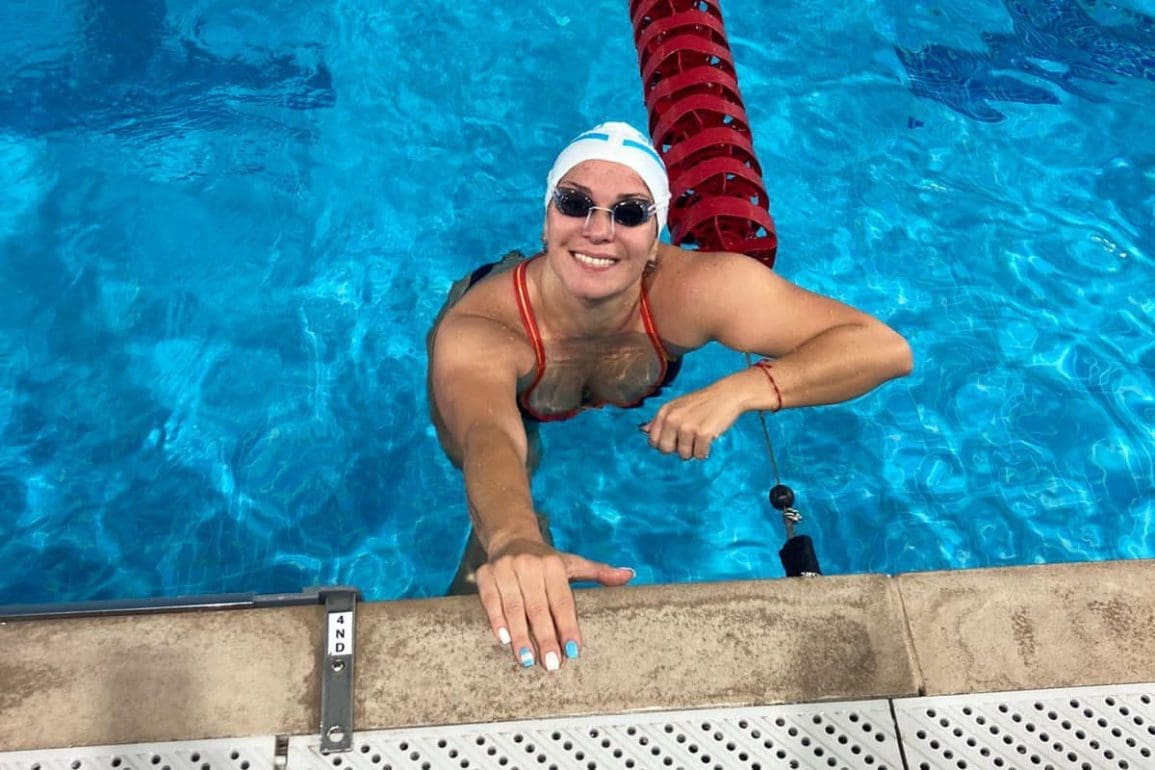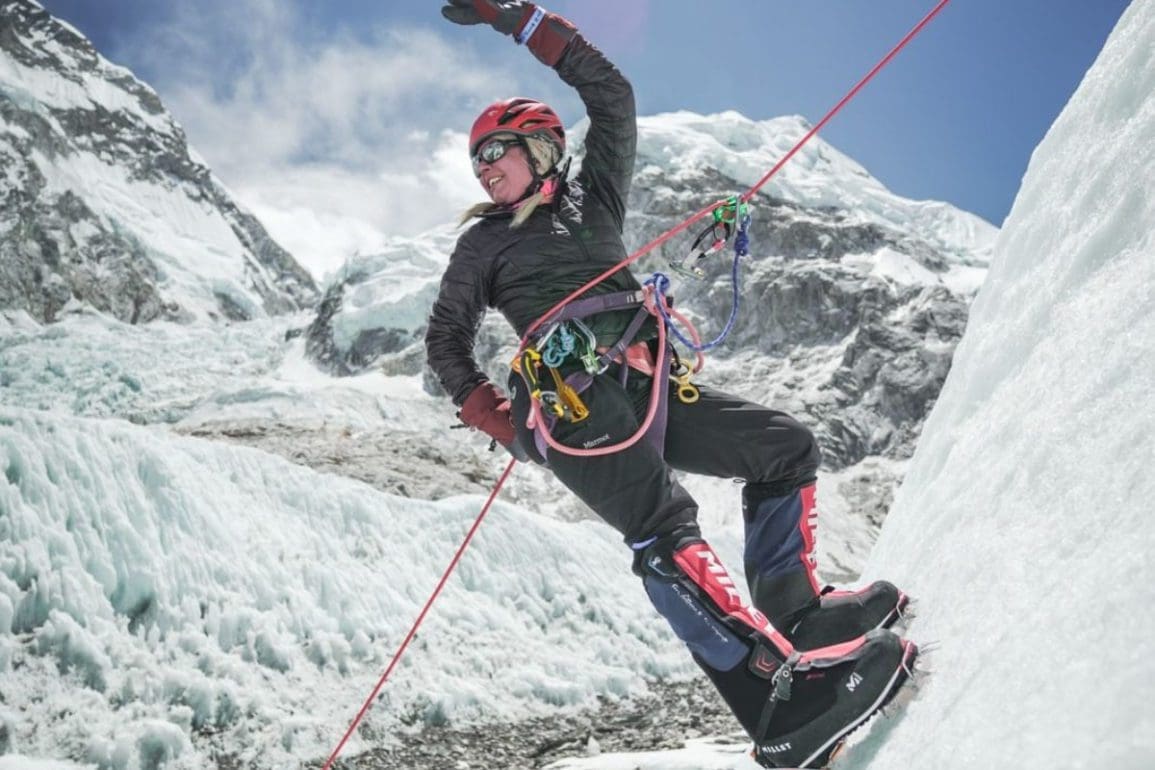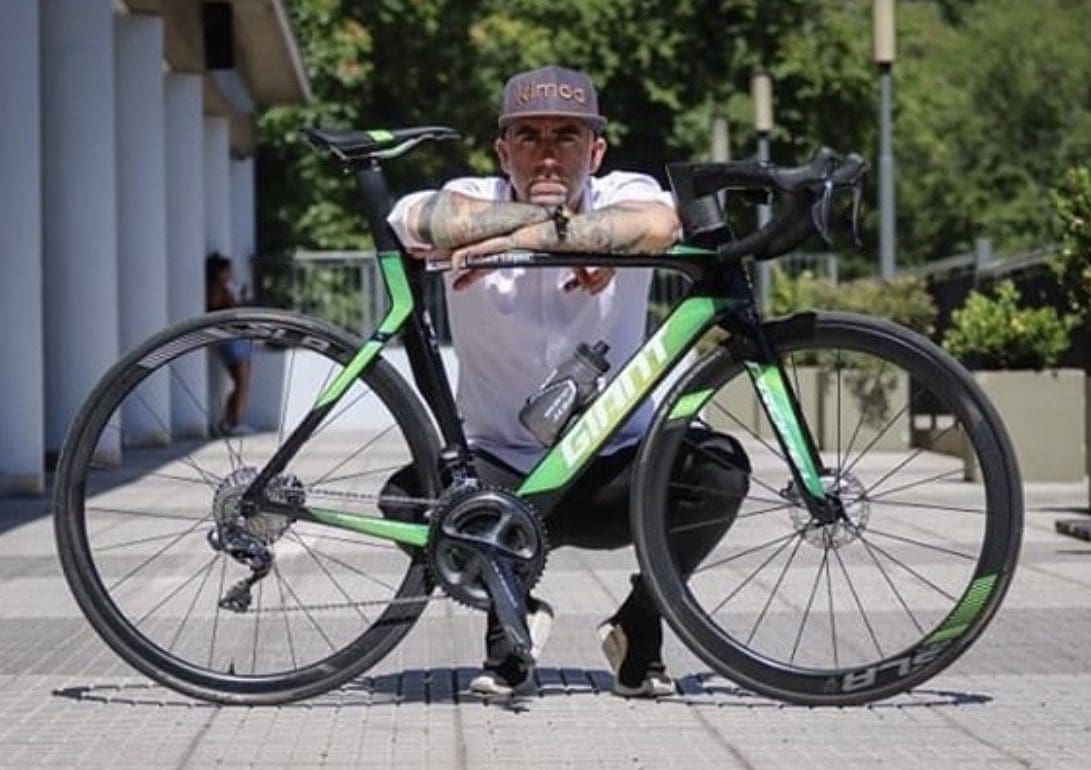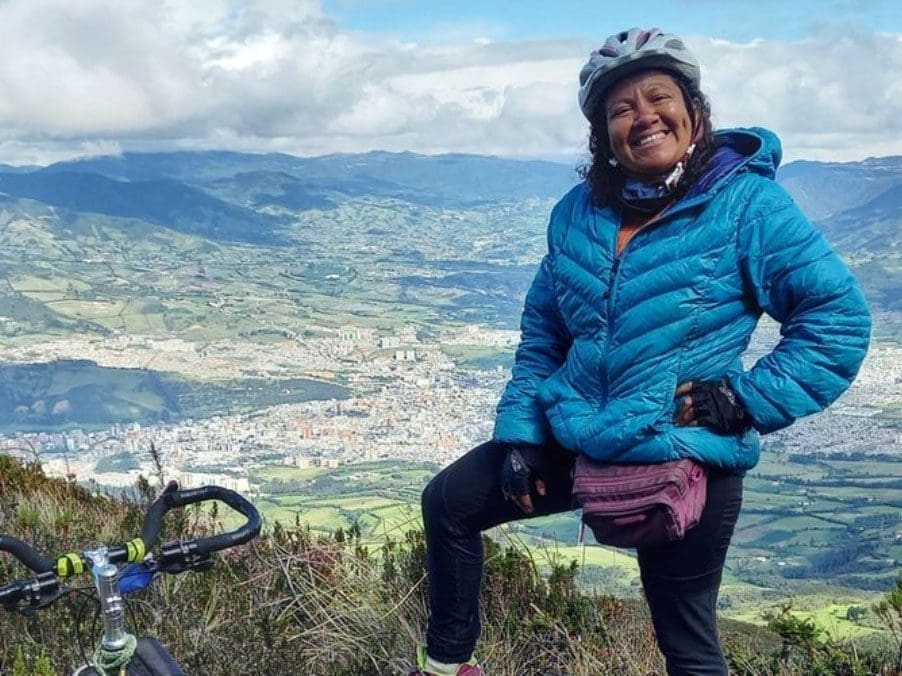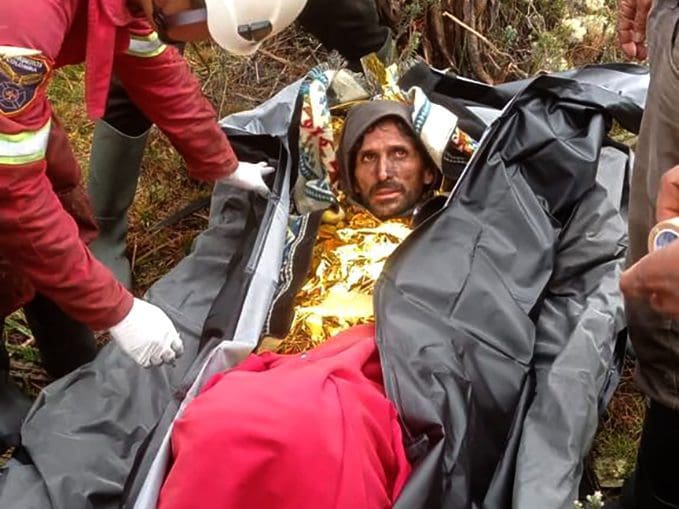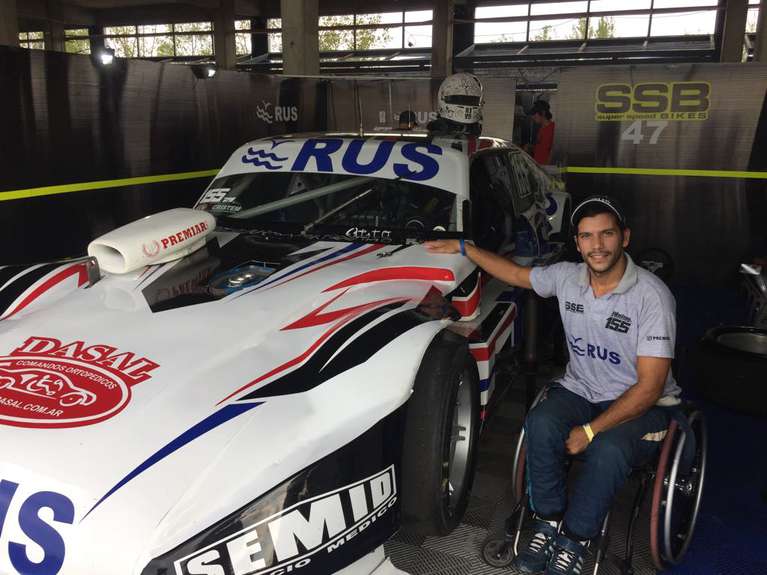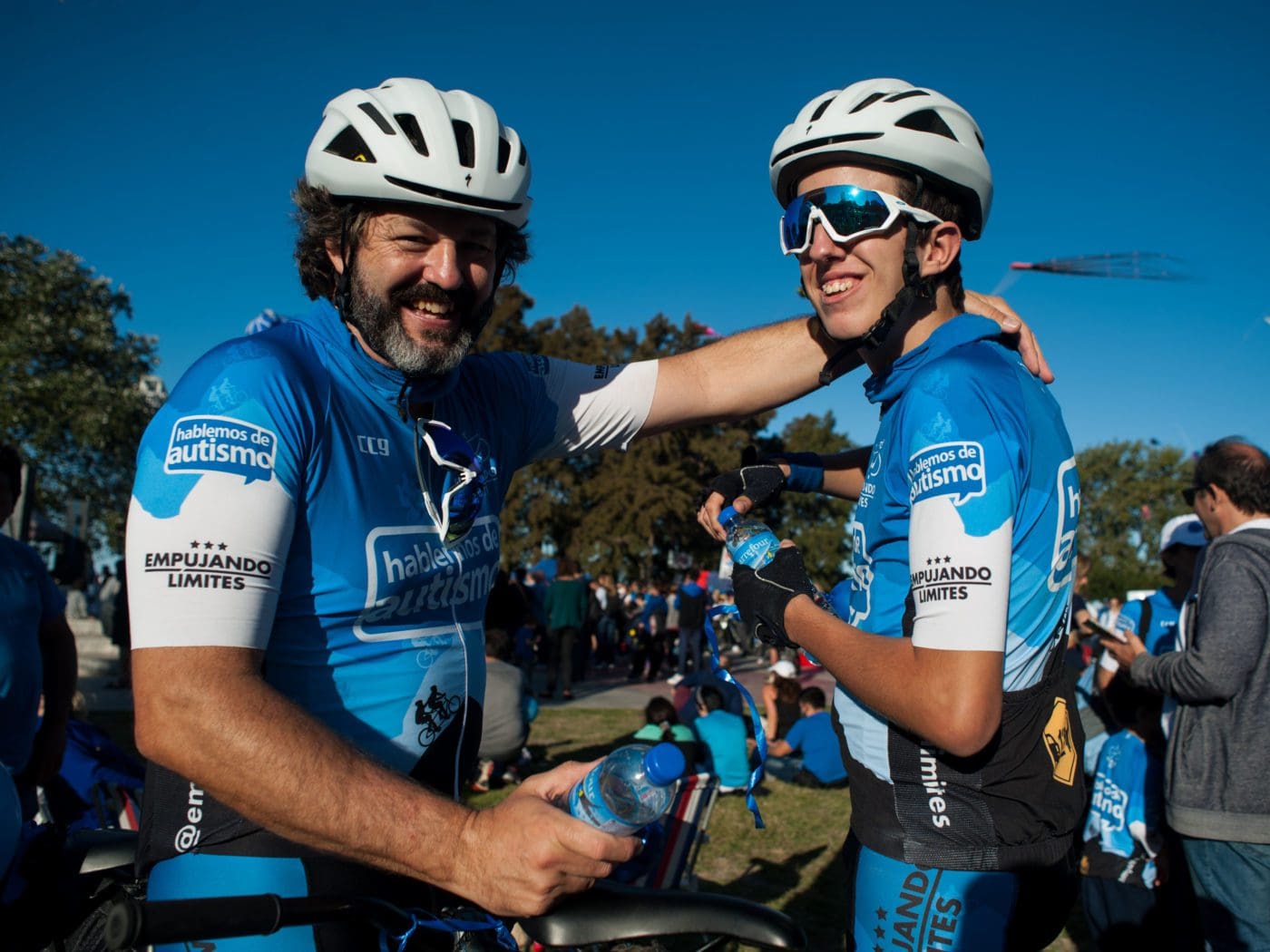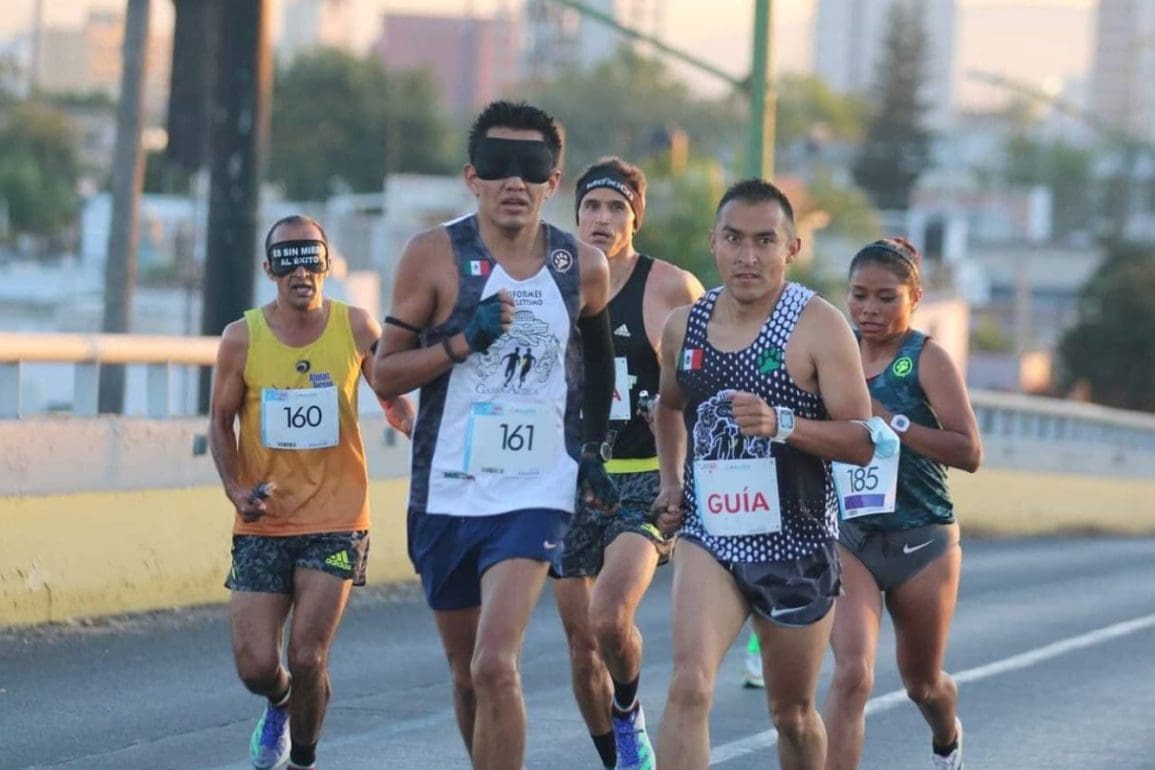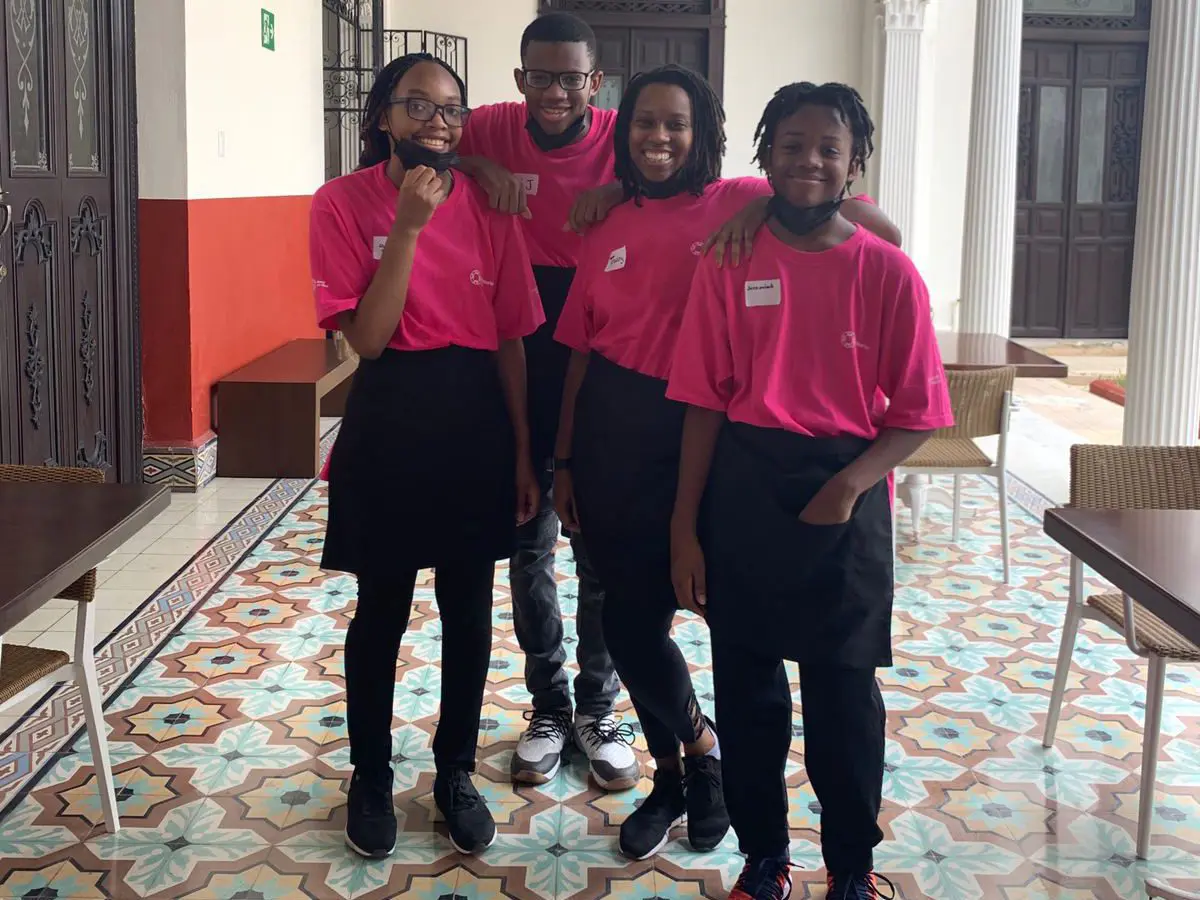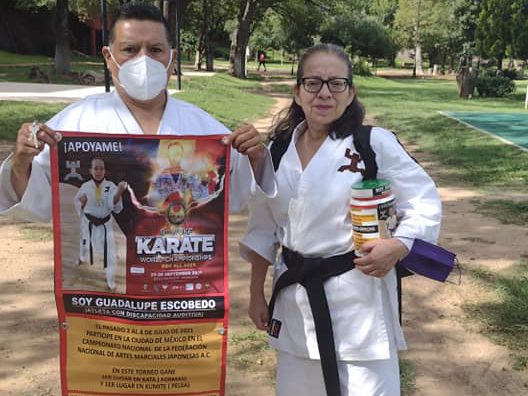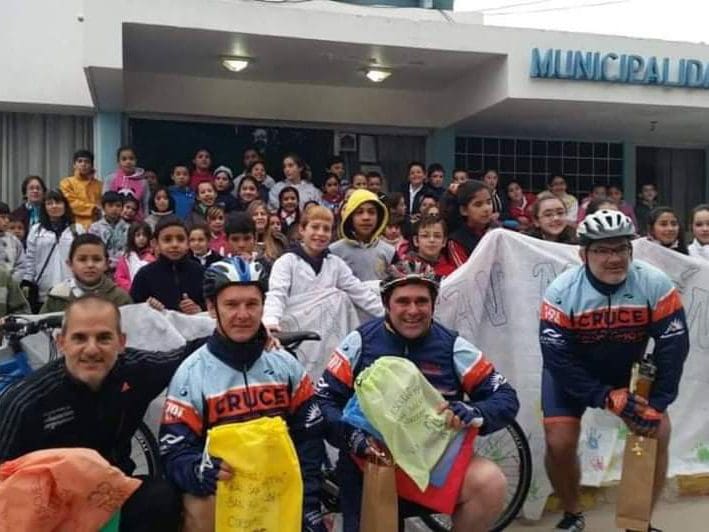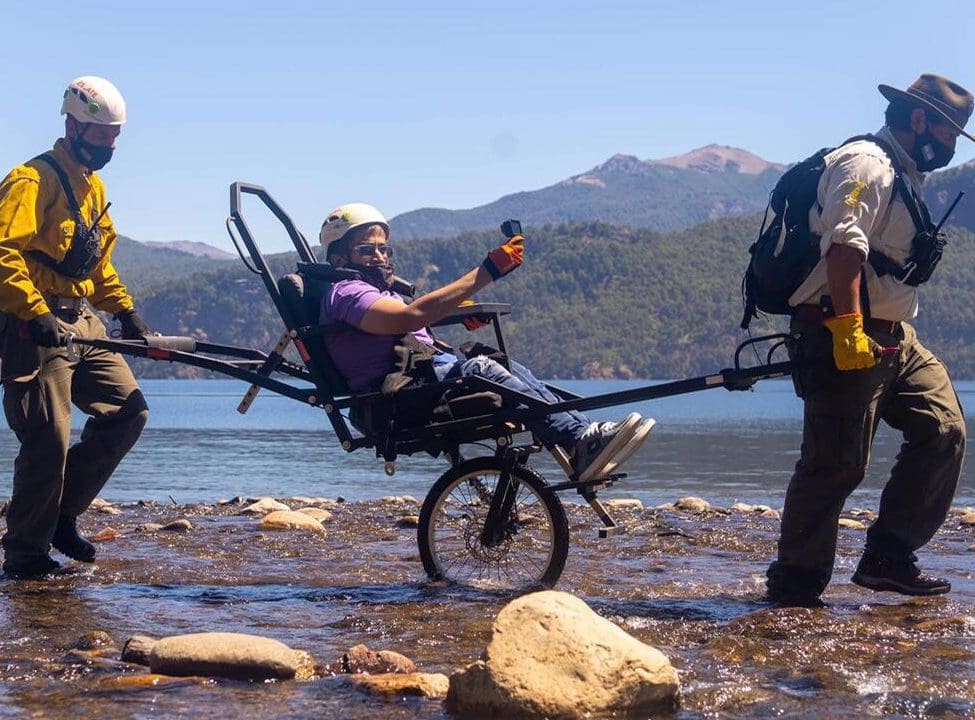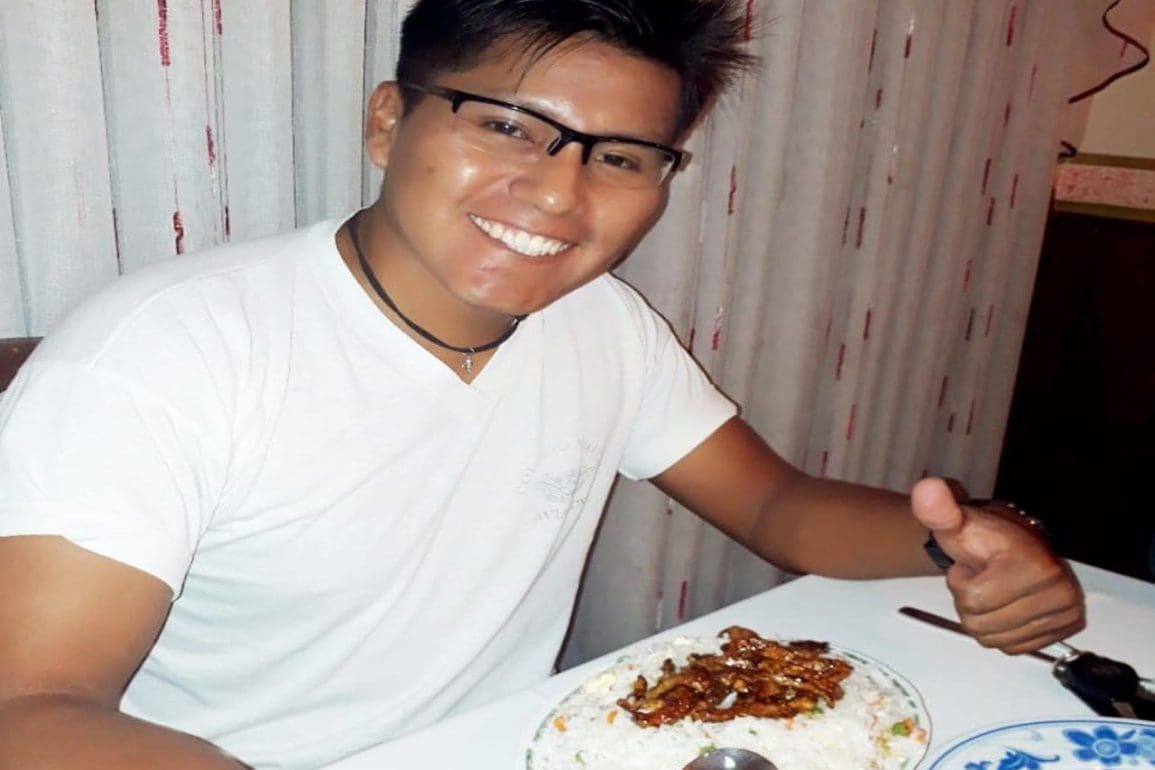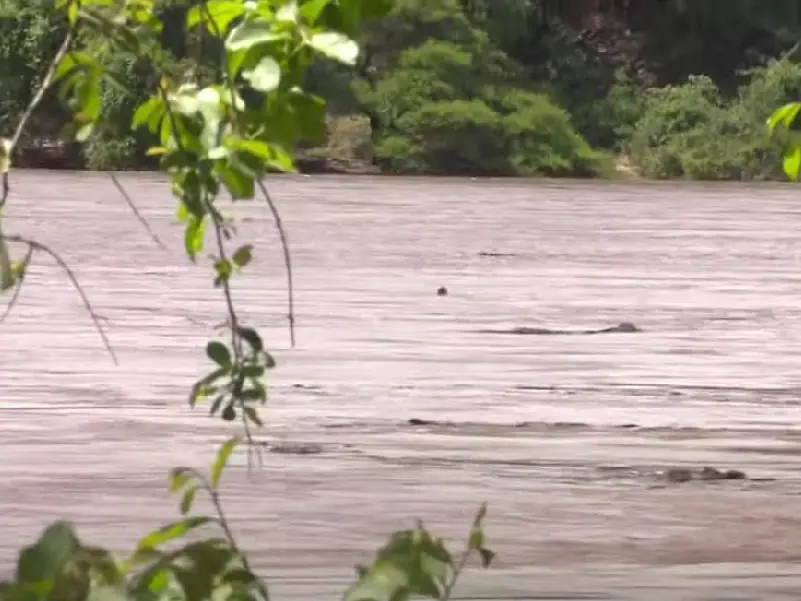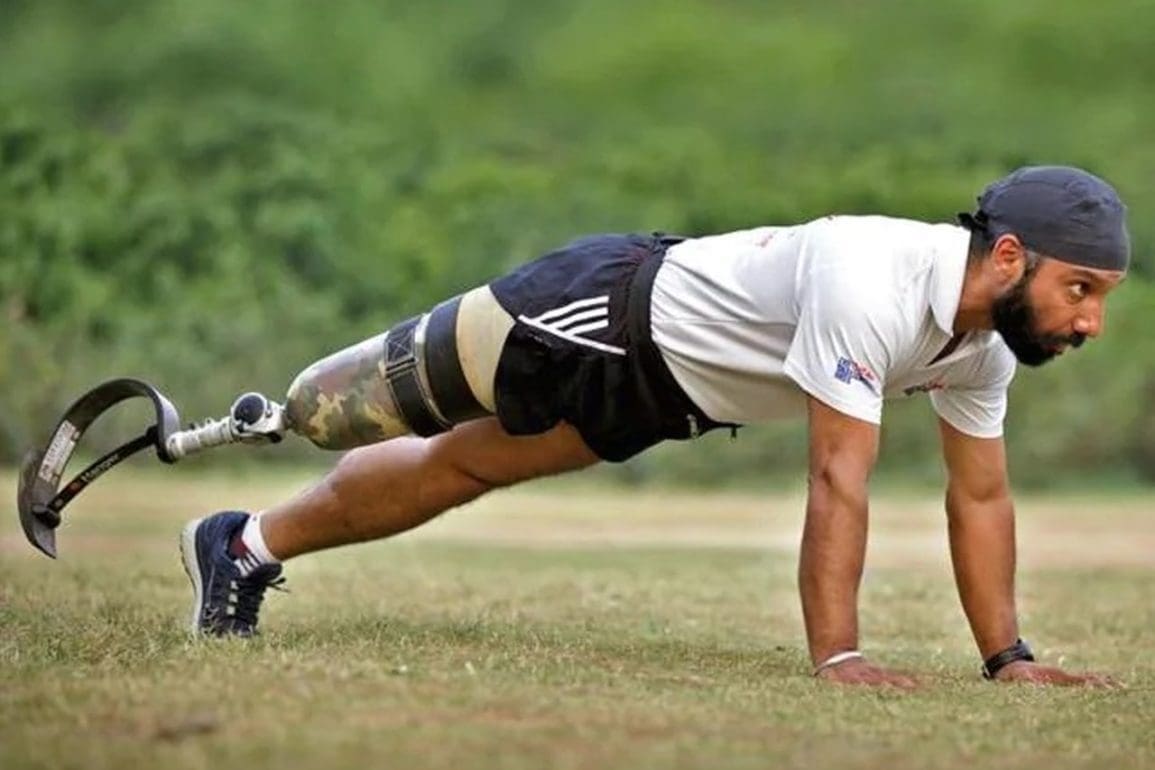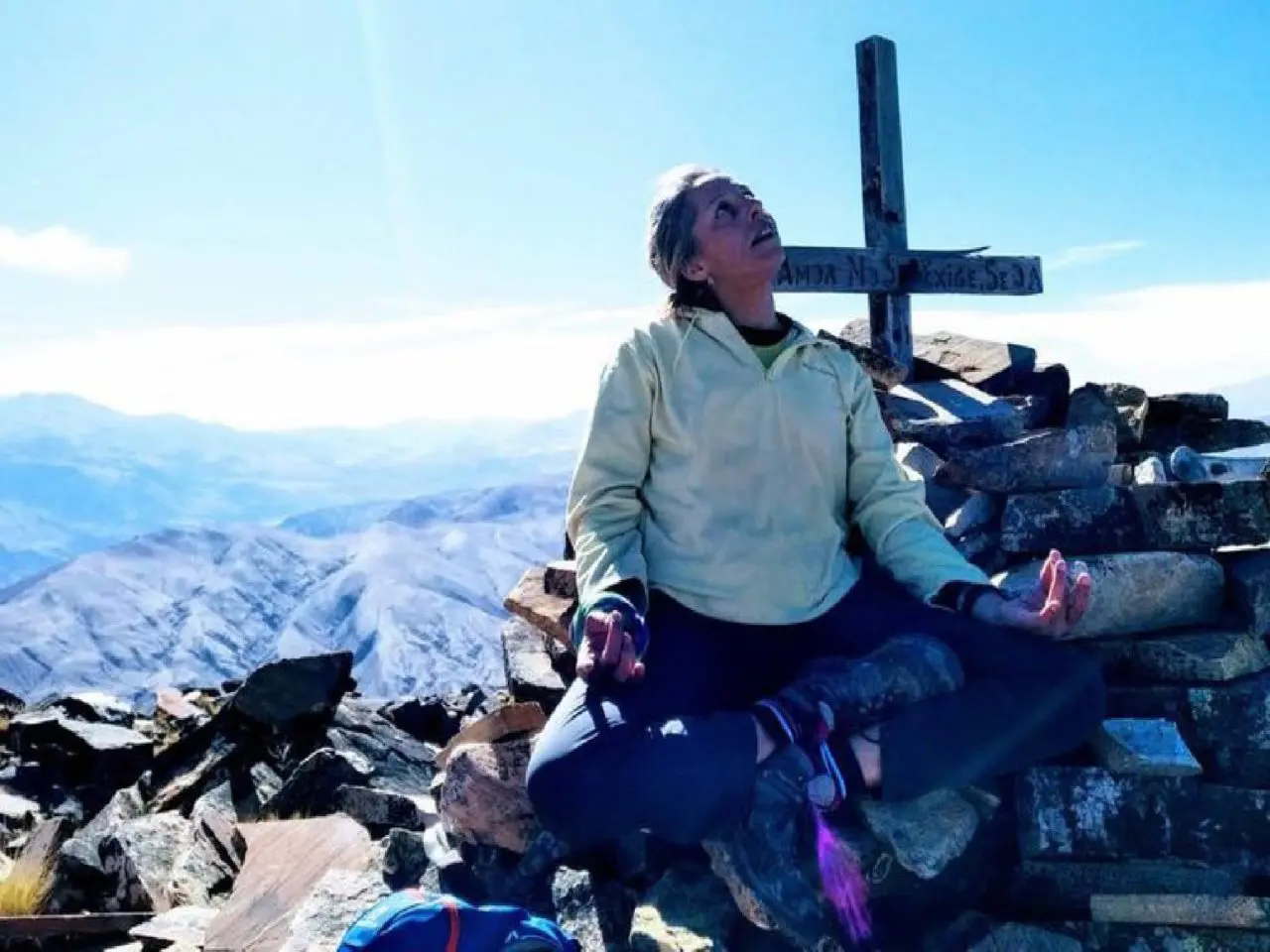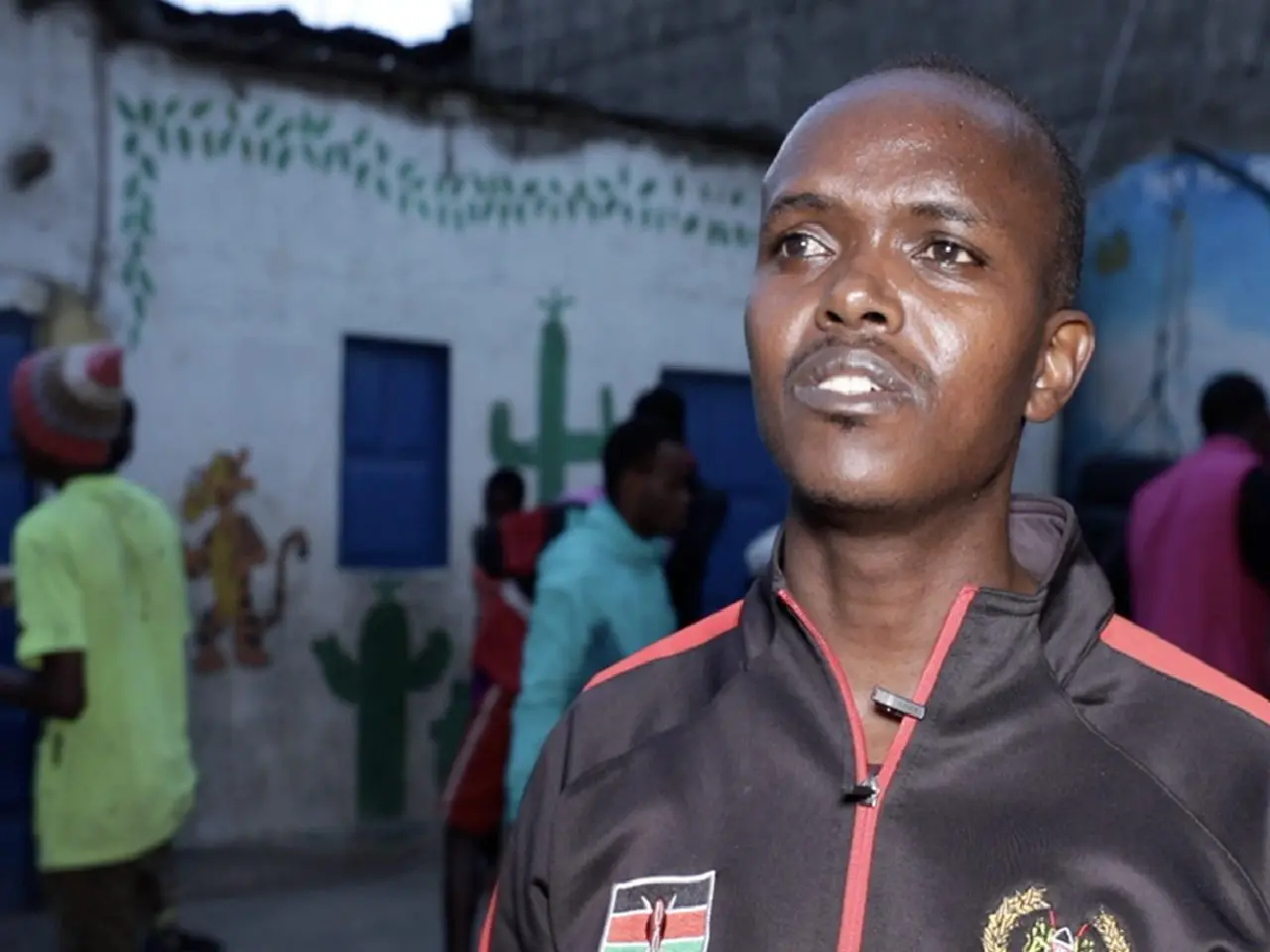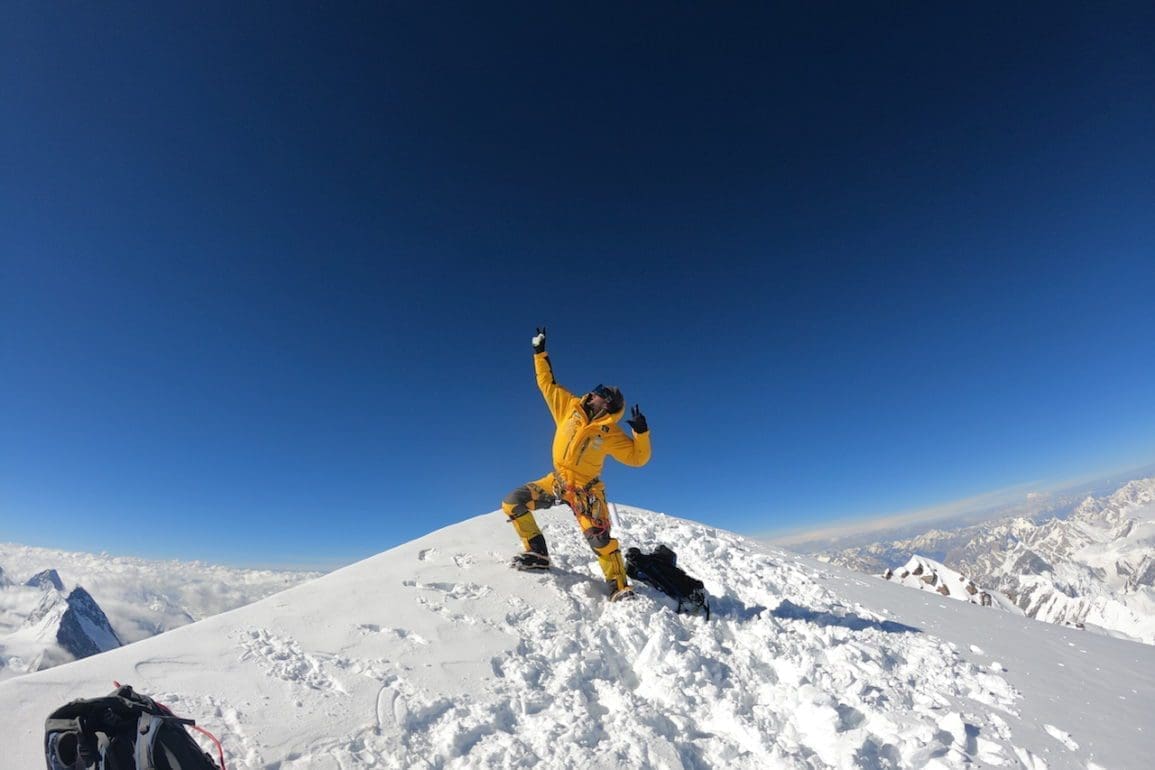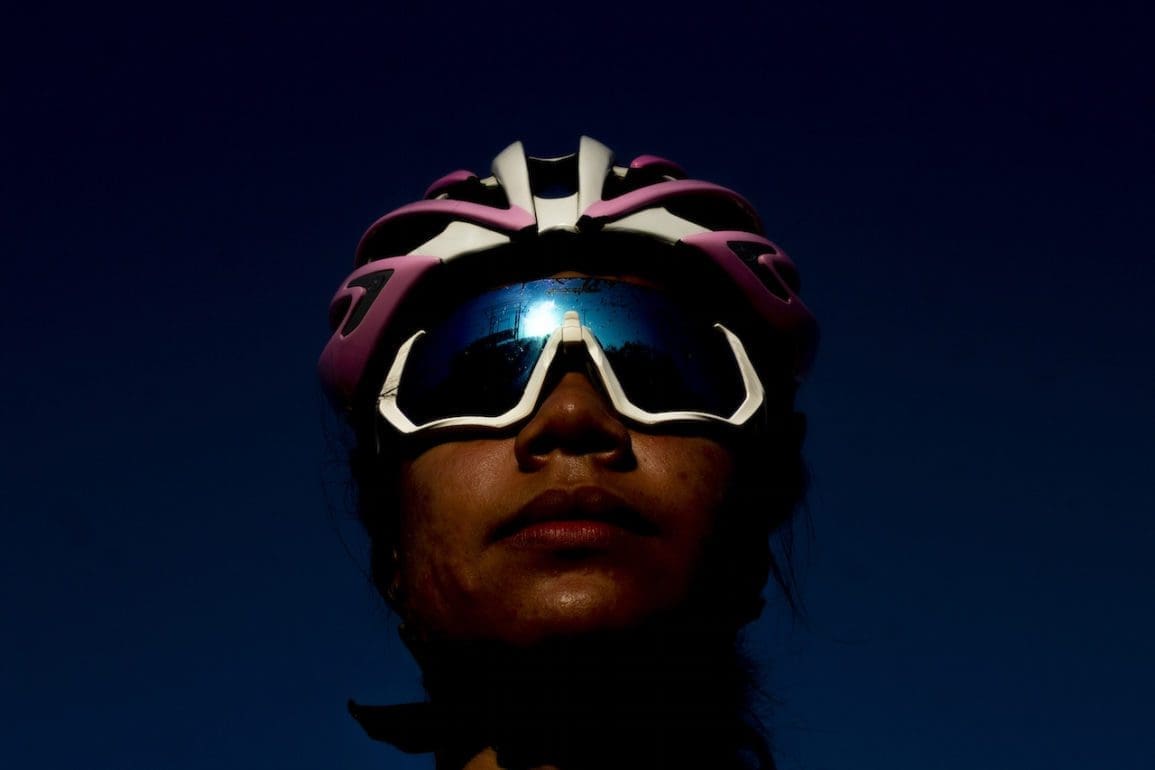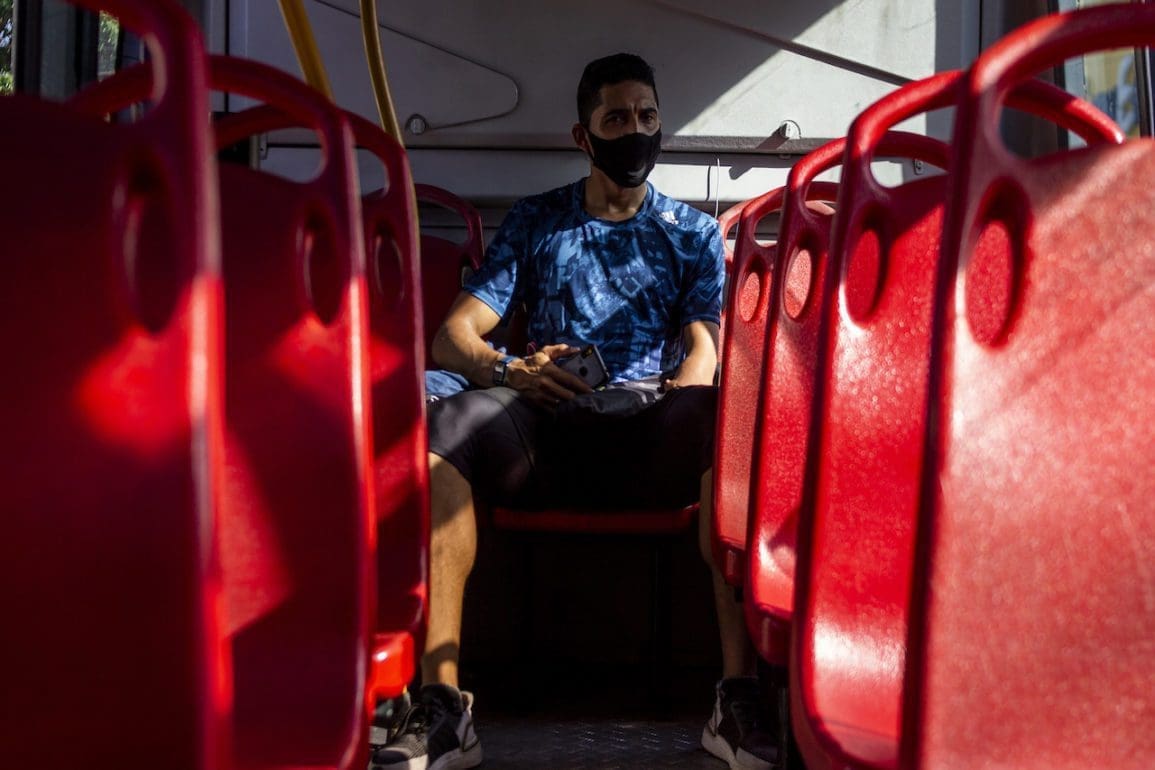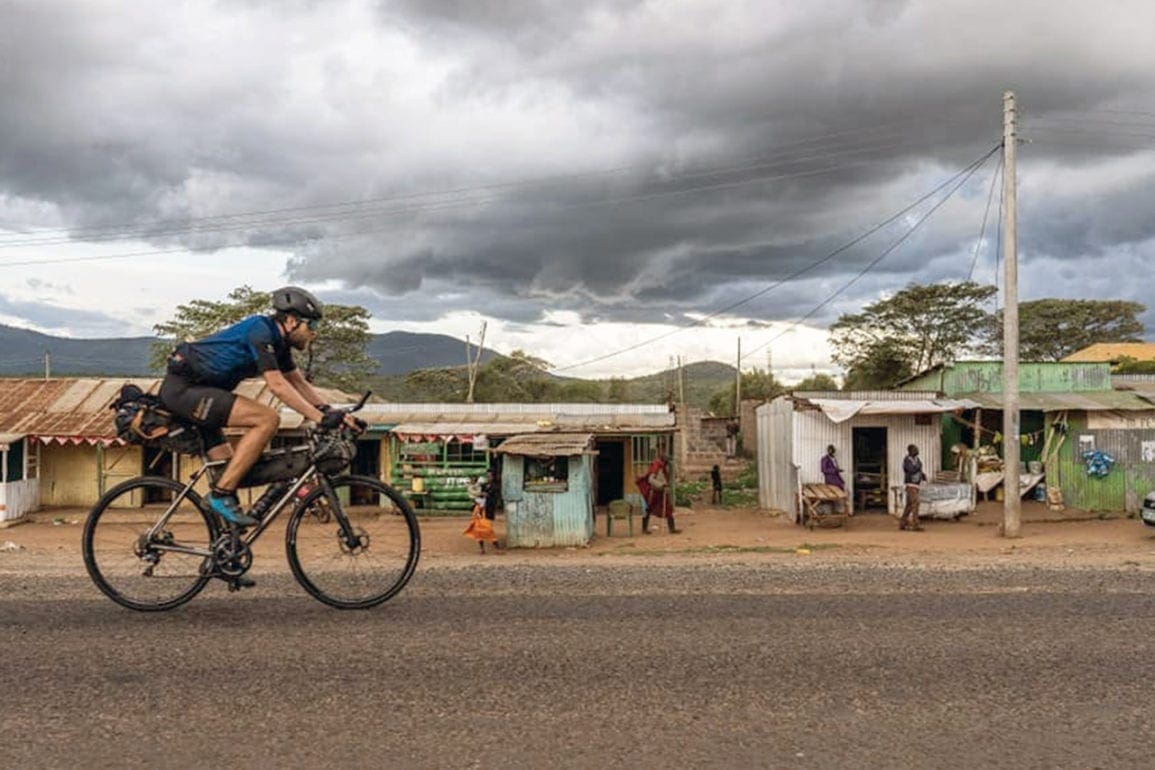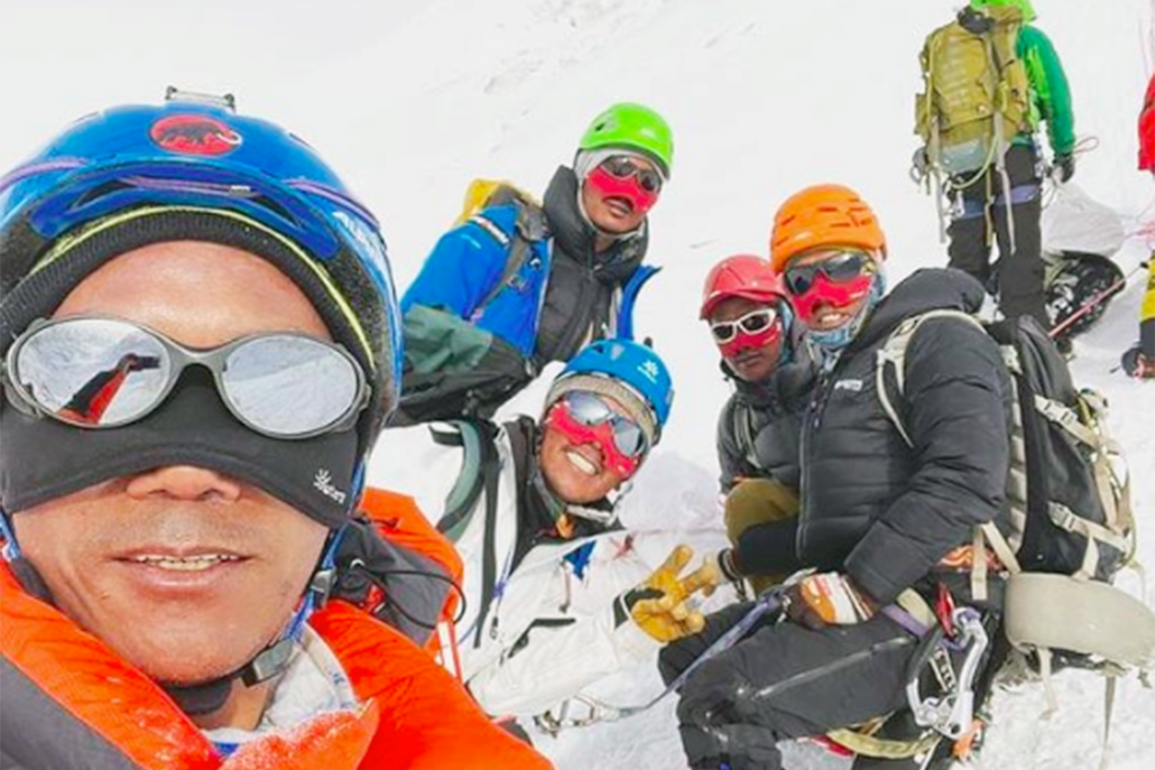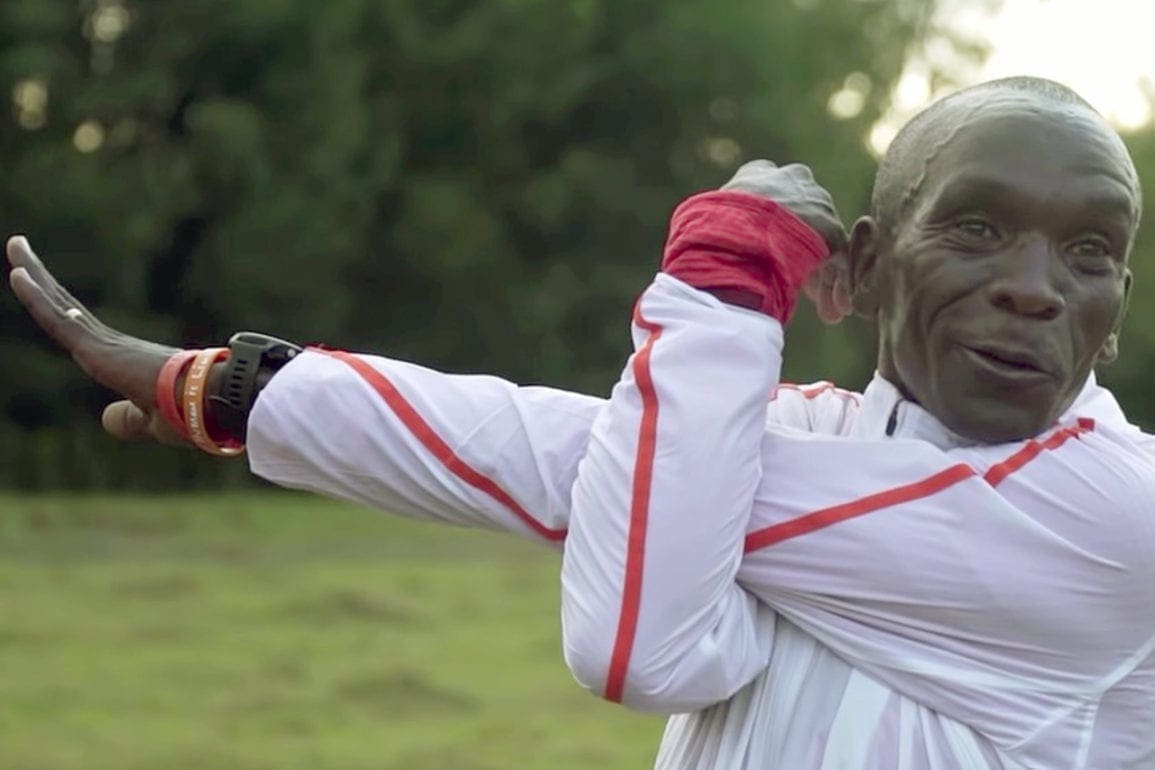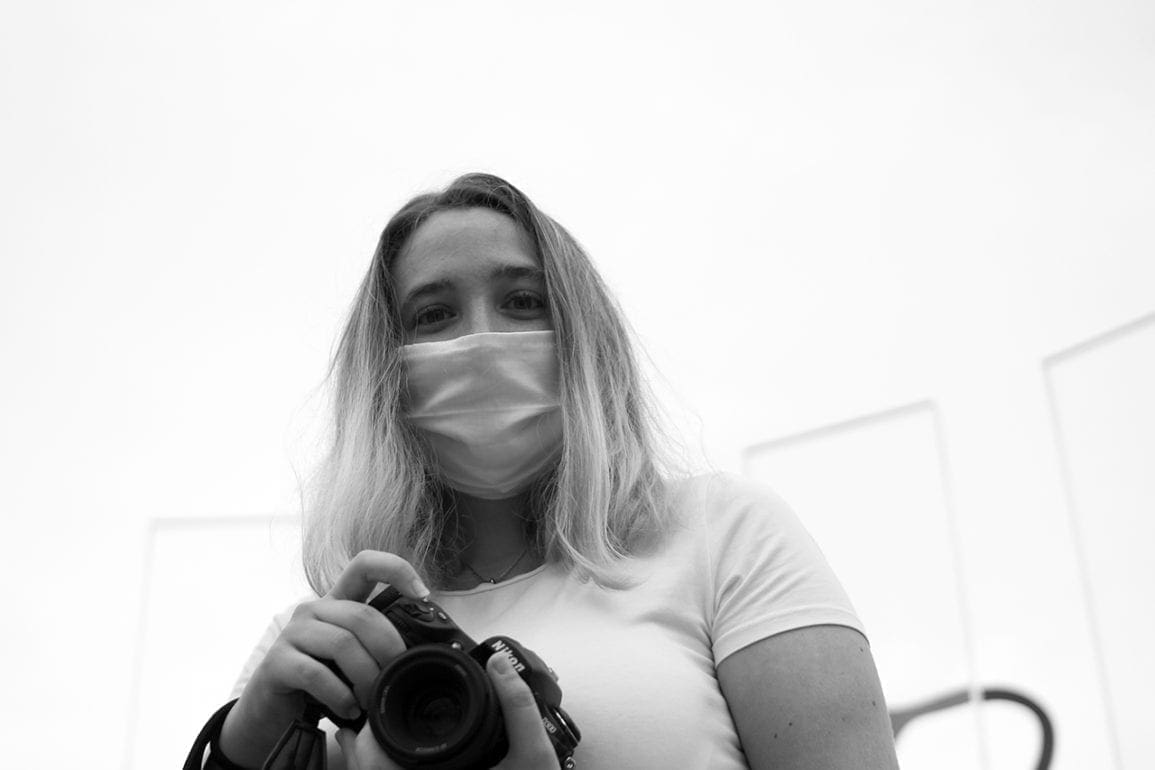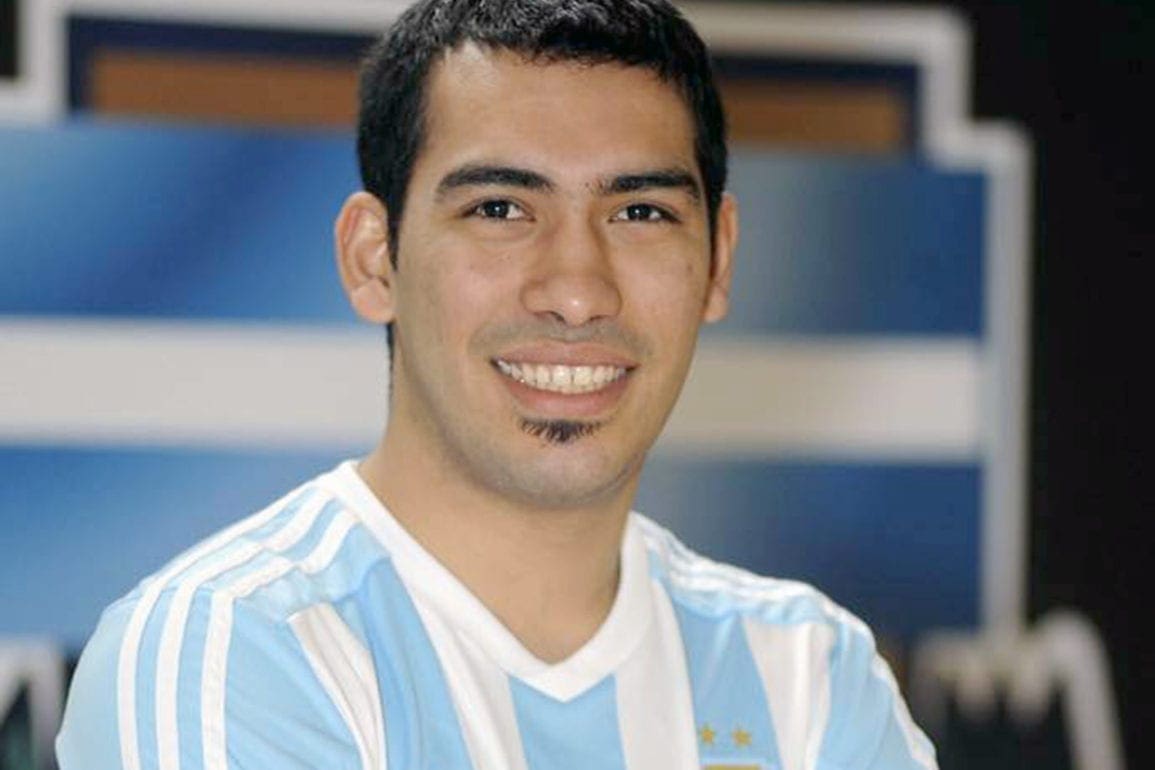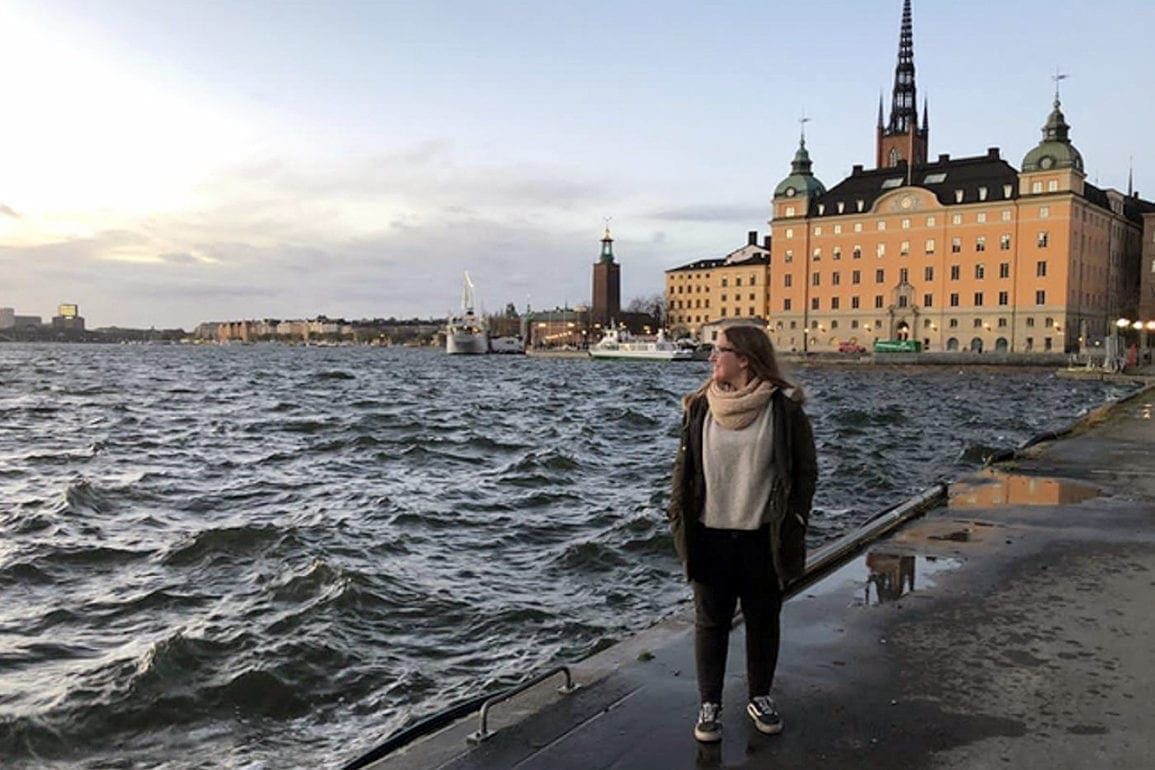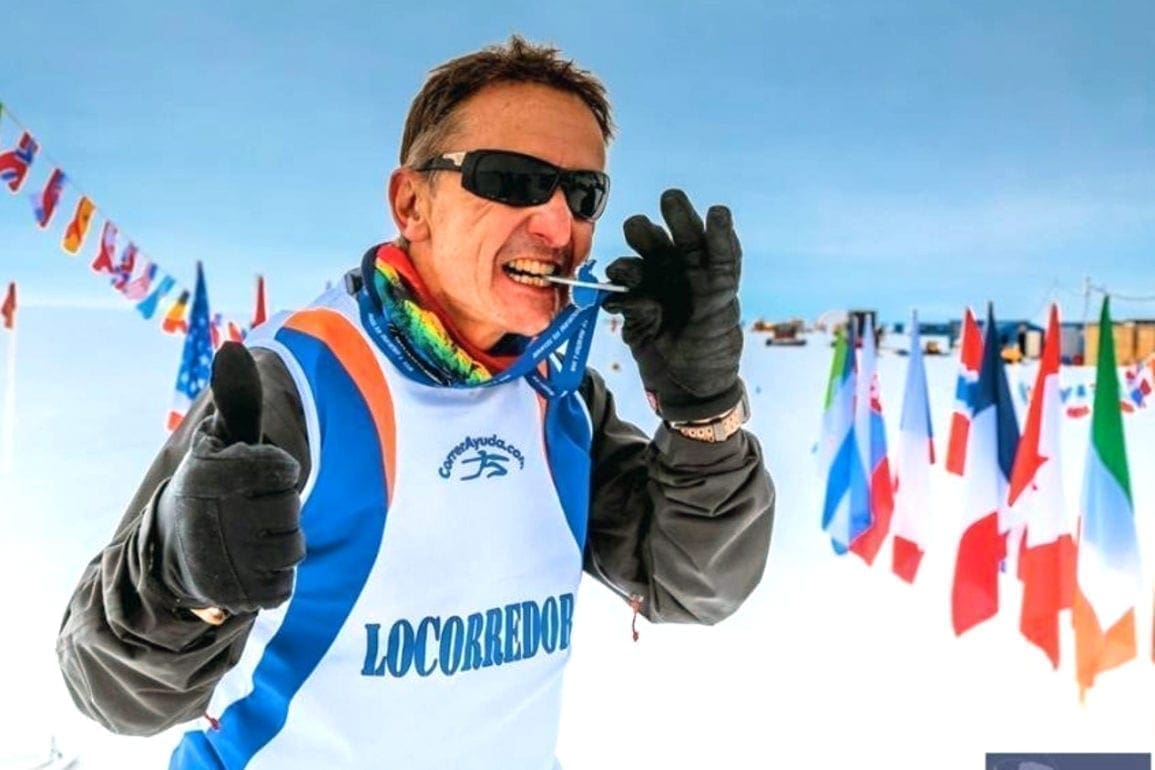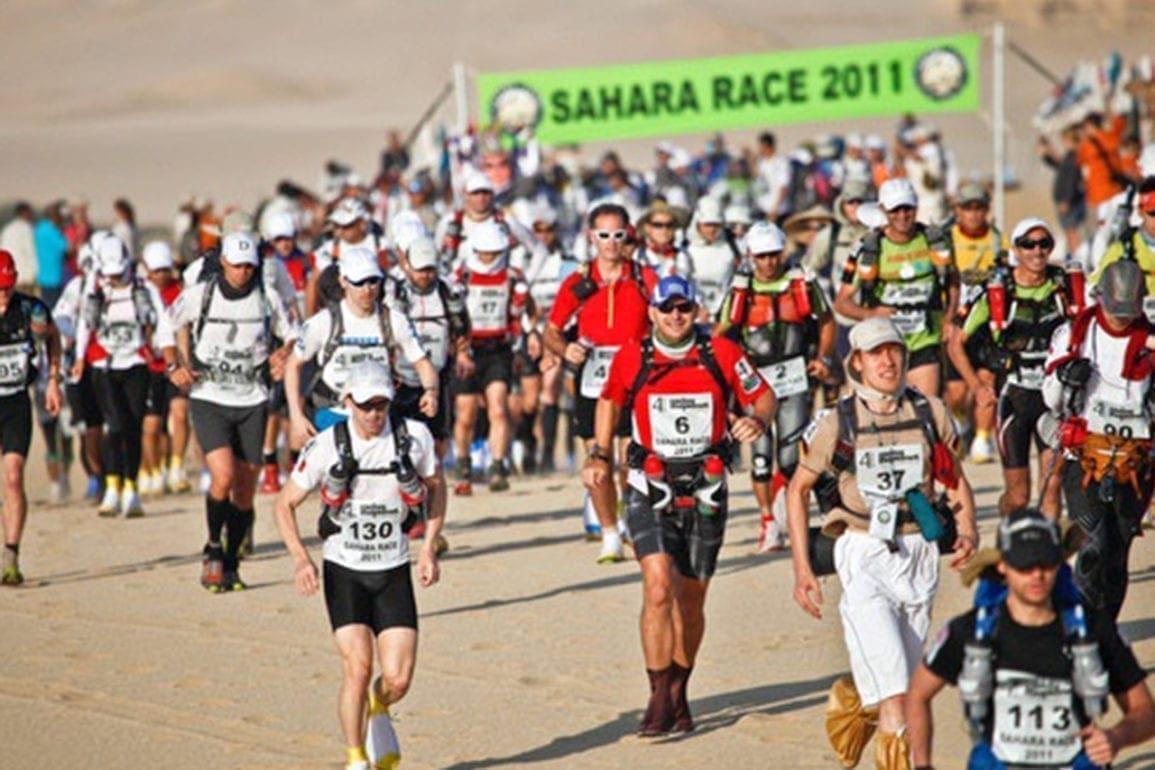First Kenyan climbs Mount Everest with all black team, shows that at 62 anything is possible
When I finally made it to the Summit at Mount Everest, I could not believe my eyes. I stood there silently, looking over the horizon and the snow all around. In that moment, it did not matter that my fingers and feet felt frozen or that I was so exhausted I could fall to the ground. I stood in awe of the unreal view sprawled out before me.
- 1 year ago
February 23, 2023
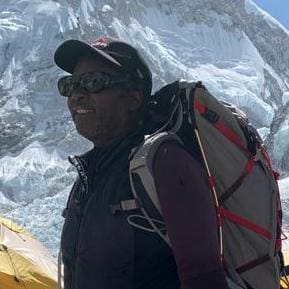
NAIROBI, Kenya — When I climbed Mount Everest at 62 years old, I took the expedition seriously. Having climbed mountains since the age of 20, I knew the dangers I faced and felt prepared to take on this once in a lifetime experience.
My family’s concerns worsened, however, as the departure date grew closer. At our last family gathering, emotions ran high. I wrote and left a letter with them in the event I did not return from my trip. With this trip, I faced a realistic risk. I could be buried alive under the snow, but I needed to do this.
Training for Mount Everest and confronting with my own mortality
A group of friends and I climbed mountains together for years. One day, they approached me with an idea – to climb Mount Everest. At first, I flatly turned them down. I feared my knees would not be up for the task, but time passed, and they convinced me. Once I made the decision to take the trip, I wanted to be the first African to climb Mount Everest, but that honor was already taken. I focused instead on being the first citizen of Kenya to complete the task.
We formed a team of all black adventurers, excited to accomplish our ultimate goal together. For me, climbing Everest equates to facing your own mortality. Though I climbed my fair share of challenging mountains, Everest had a reputation. I knew the experience would humble me and force me to deal with some personal things.
Read more stories of people who climbed Mount Everest at Orato World News
Planning the Everest hike felt surprisingly more fun than stressful. Unlike other mountain base camps, where you feel cut off from the world, Everest offers hotels with wifi and access to entertainment. It felt less isolating and helped us prepare with a calm head.
The climb is broken down into parts: it starts at camp one, then two, three, four, and finally the summit. Once we confirmed the climb, I enrolled in a two-month intensive winter course. I lost about nine pounds training in preparation for the climb. Settign my fear aside, I strengthened and challenged my mental and physical health. I still worried about my knees giving out under the pressure of the climb, but I allowed the excitement to rush over me.
From camp to camp, people were lost along the way
We went as far as camp one on the first day and completing it honestly felt the most challenging moment. At the steepest point we faced unpredictable ice. In my mind I knew that one wrong move would put the entire team in danger. Nevertheless, we continued on to camp two the very next morning. Typically, climbers spend a full day at camp to recuperate and plan the next climb, but we wanted to keep going. We made it to camp two and again, departed the next day.
With the third site on our mind, we woke up early to take advantage of the light of day. We heard talk about a team that lost four climbers. It humbled us and scared us at the same. When faced with fear, your survival instincts kick in. We all knew we needed to follow the group at all times. I cleared my head of anything else I might be thinking about as I made my way through the snow and freezing weather. At times, my adrenaline reached such a high, I couldn’t feel the cold anymore. By the time we made it to camp three, unmanageable and terrible weather conditions moved in. It forced the team to retreat back to camp two.
As part of our safety plan, we always timed how long it took to move from one camp to the next. This way, when someone does not make it within the time limit, we can be cautious. They must re-do the climb until they become better acquainted with it. My first time between camps took nine hours. The second time, I made it in four. In groups, it moved more slowly, as we acclimated to the changing weather conditions.
When I finally made it to the Summit at Mount Everest, I could not believe my eyes. I stood there silently, looking over the horizon and the snow all around. In that moment, it did not matter that my fingers and feet felt frozen or that I was so exhausted I could fall to the ground. I stood in awe of the unreal view sprawled out before me. As a team, we also celebrated. We felt so incredibly proud of one another. We took a long while to just be there and take it all in.
A helicopter came in for a rescue and I pushed on
On our way back down Mount Everest, I stayed at camp four a little longer with two other climbers. My rope team continued on to the bottom. In total, it took us about one and a half months to climb up and down Mount Everest. Teams always plan ahead and pay for two months, as this in average duration for the climb. However, the pace changes from person to person.
For me, descending proved no easy task. It felt far harder than climbing. By then, I lost the anticipation that moved me to get to the top. Due to my knees, I had to slow down and rest for long periods between camps. One of the climbers who stayed behind with me, soon became weak. If he continued, we feared he might die. So, one day, a helicopter flew in to retrieve him. That day challenged me the most. In the process of taking care of others, I neglected my own health in a critical and dangerous environment.
I became sick and by the time I got to the bottom of Everest, I vomitted four times. I felt the dehydration slowing my body down, but I pressed on. Through it all, I learned many of the challenges prove more difficult mentally than they do physically. In the end, I made it.
Back home, I received a swarm of congratulatory messages and accolades from people all around the world. Yet, I had trouble processing what I just accomplished. At the age of 62, I feel incredibly proud to be the first Kenyan to summit Mount Everest, and one of only a handful of black people to achieve this monumental task. Through this experience, I can honestly say, I found serenity.

